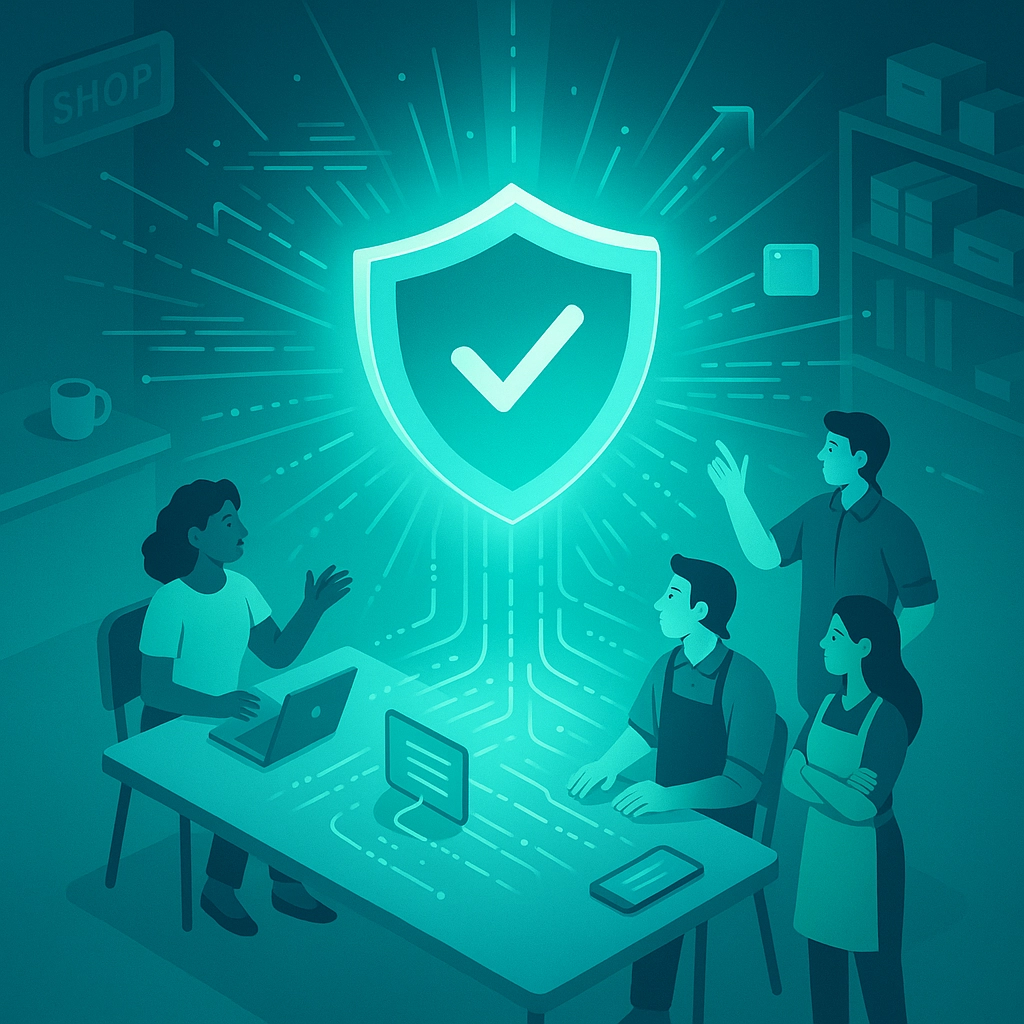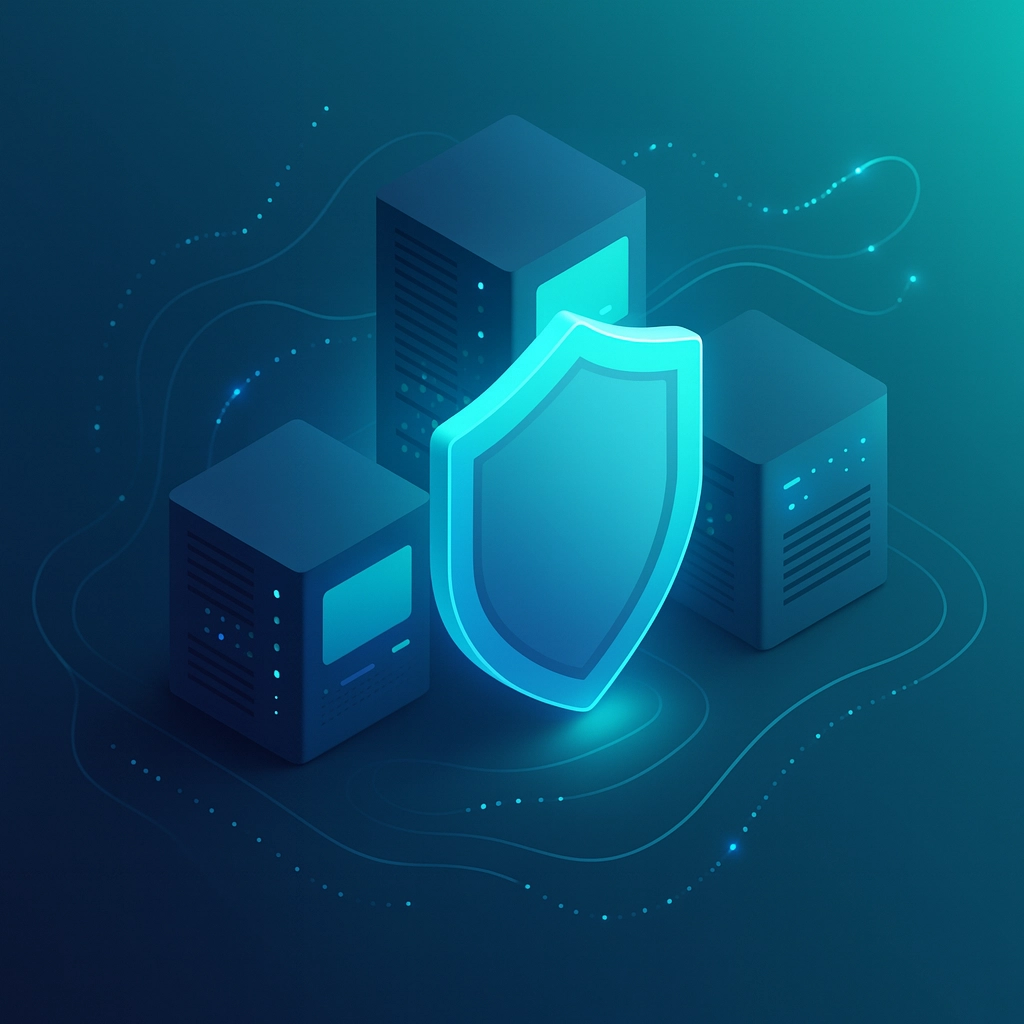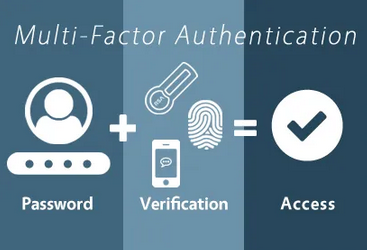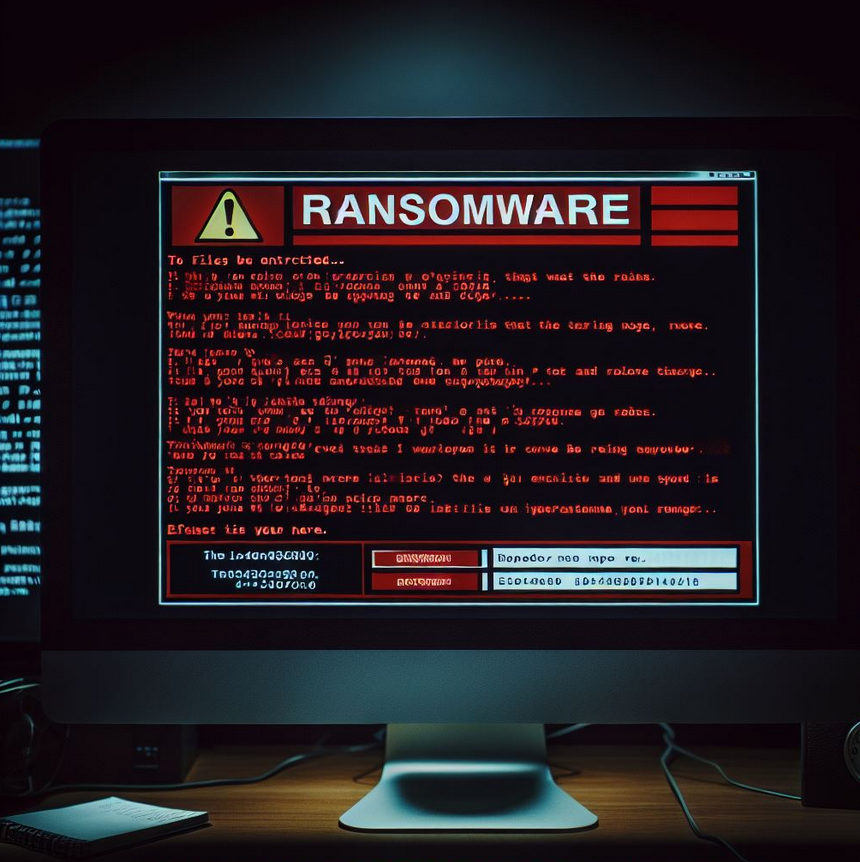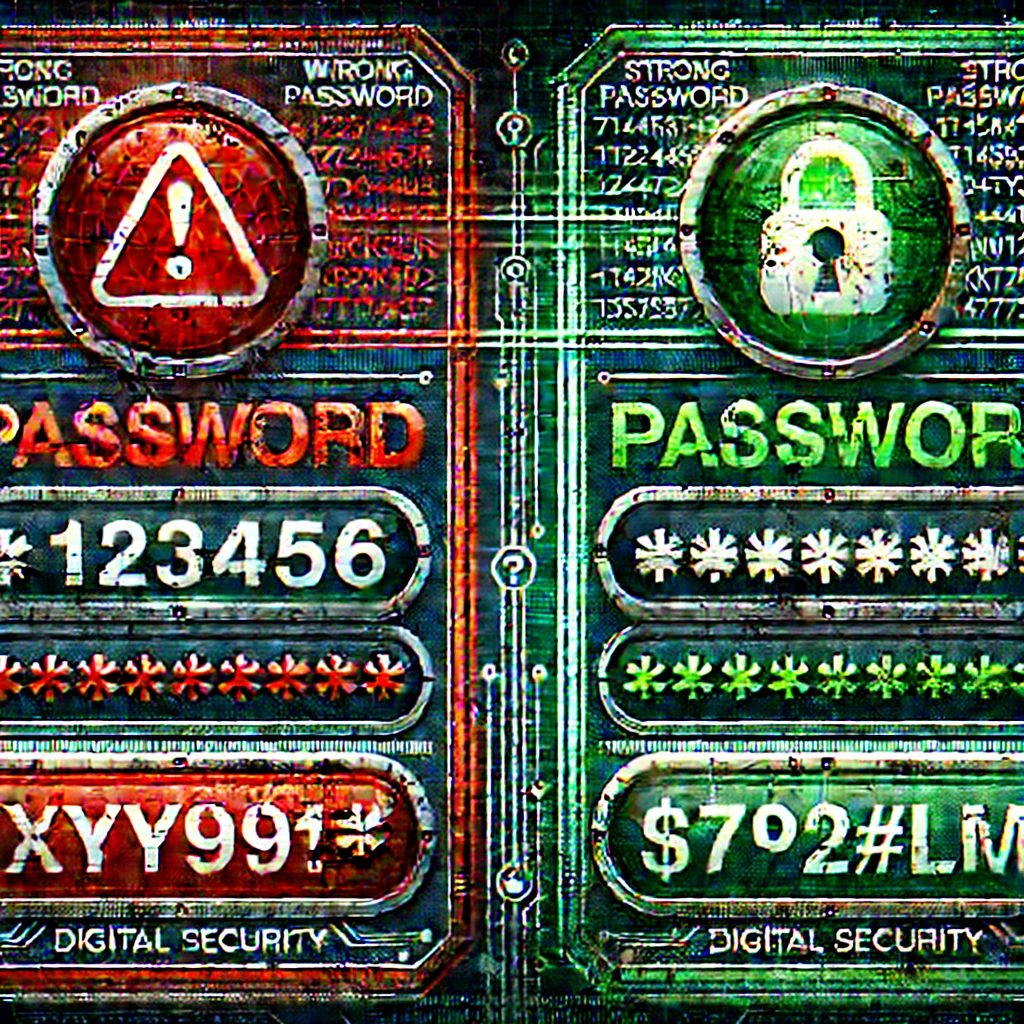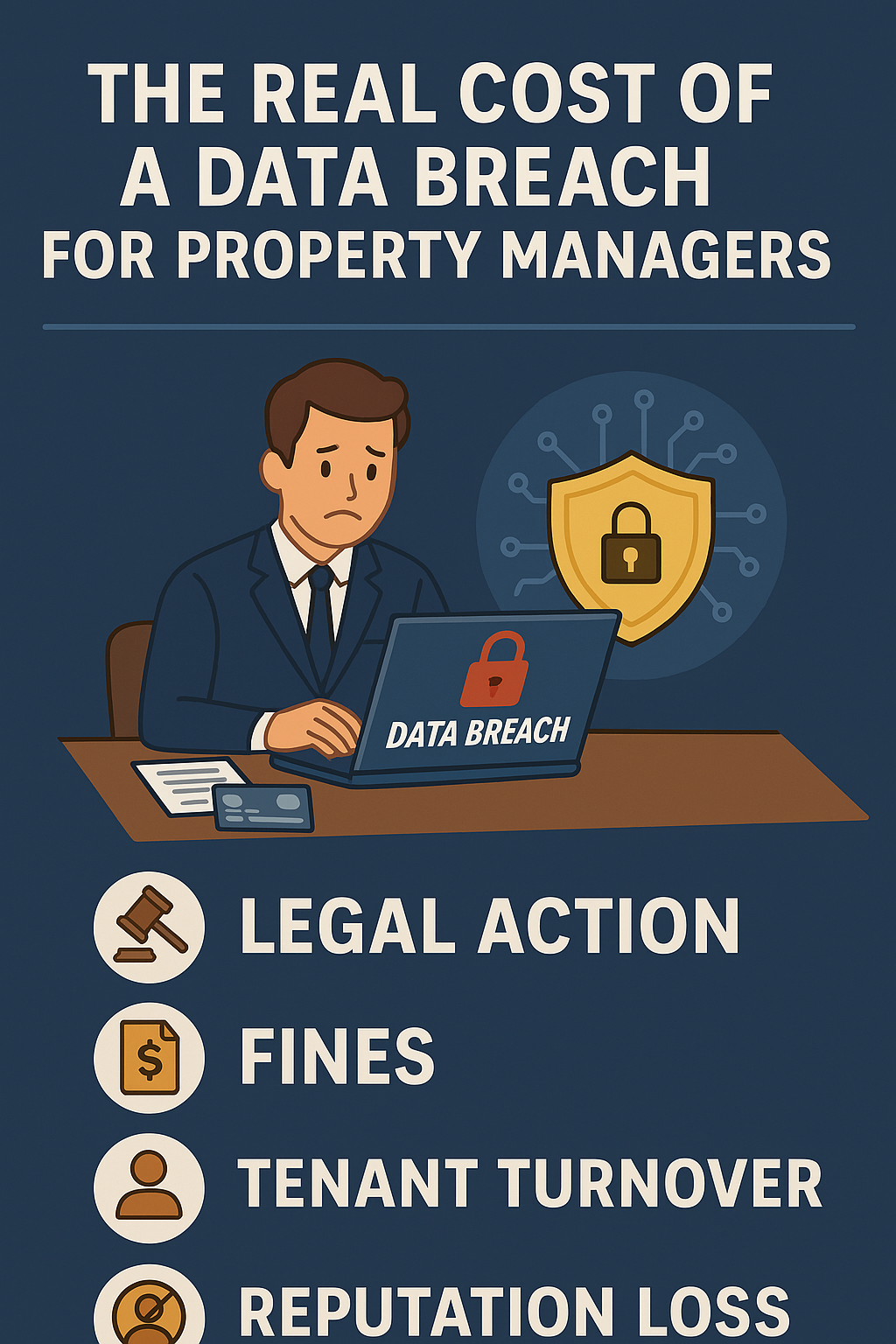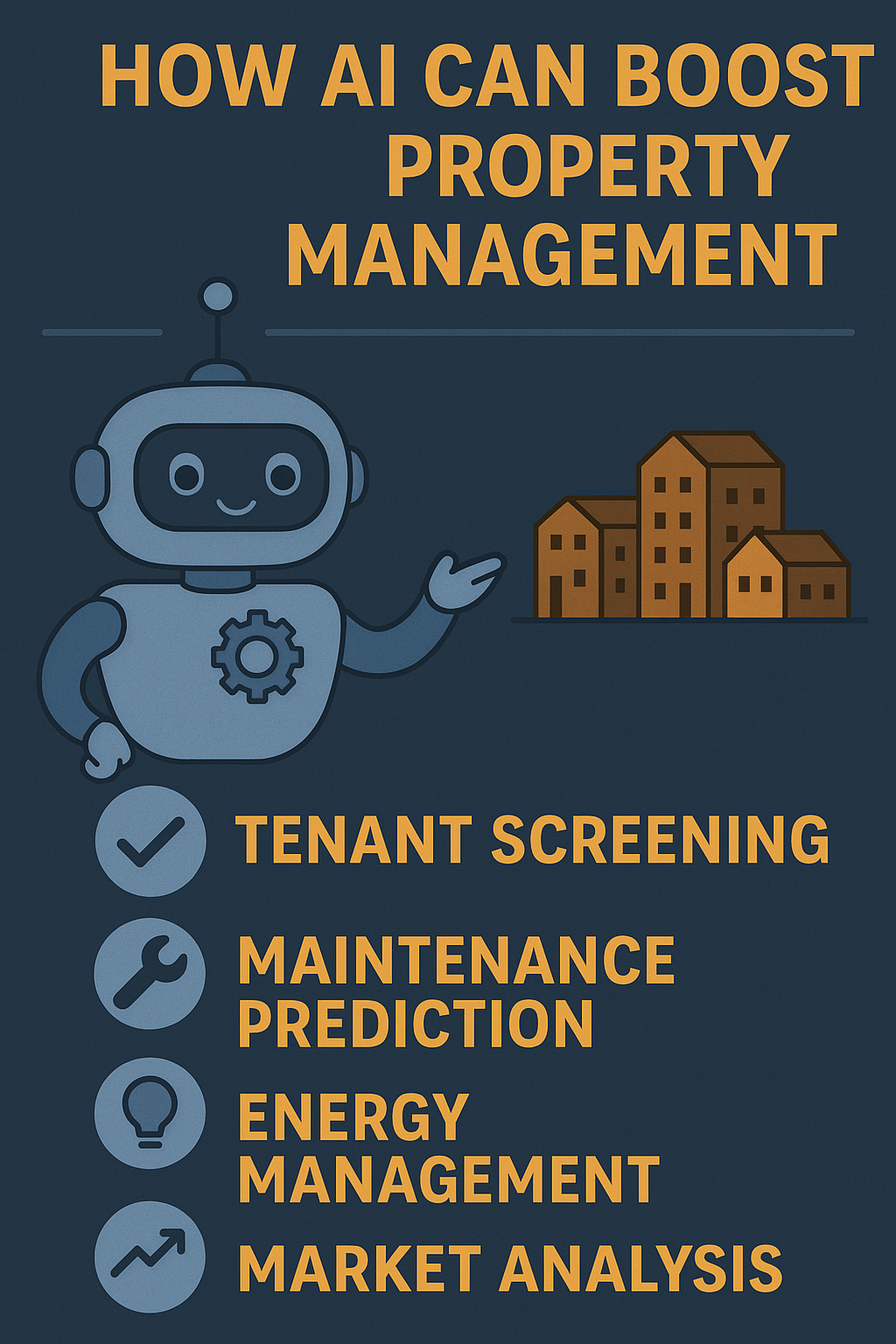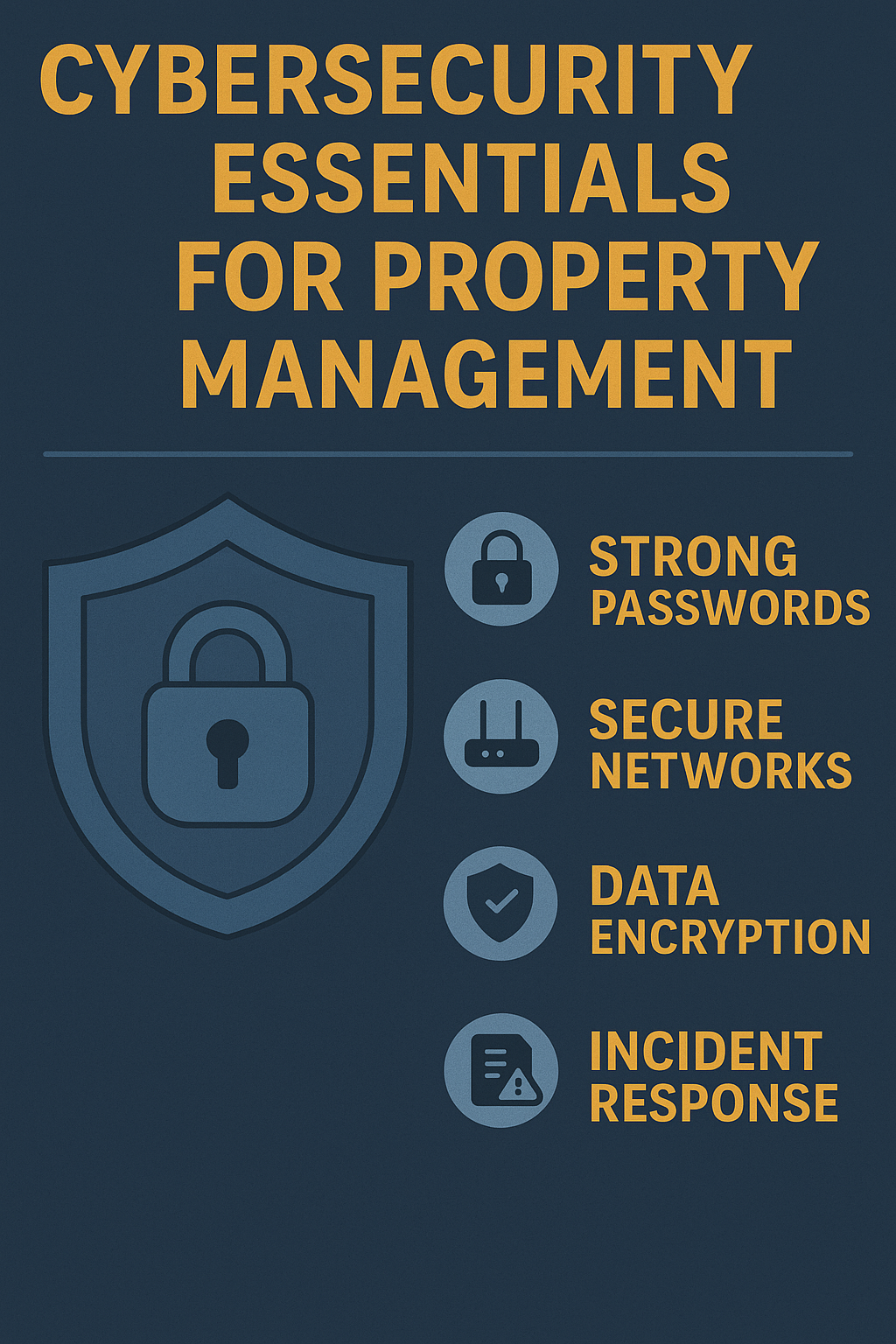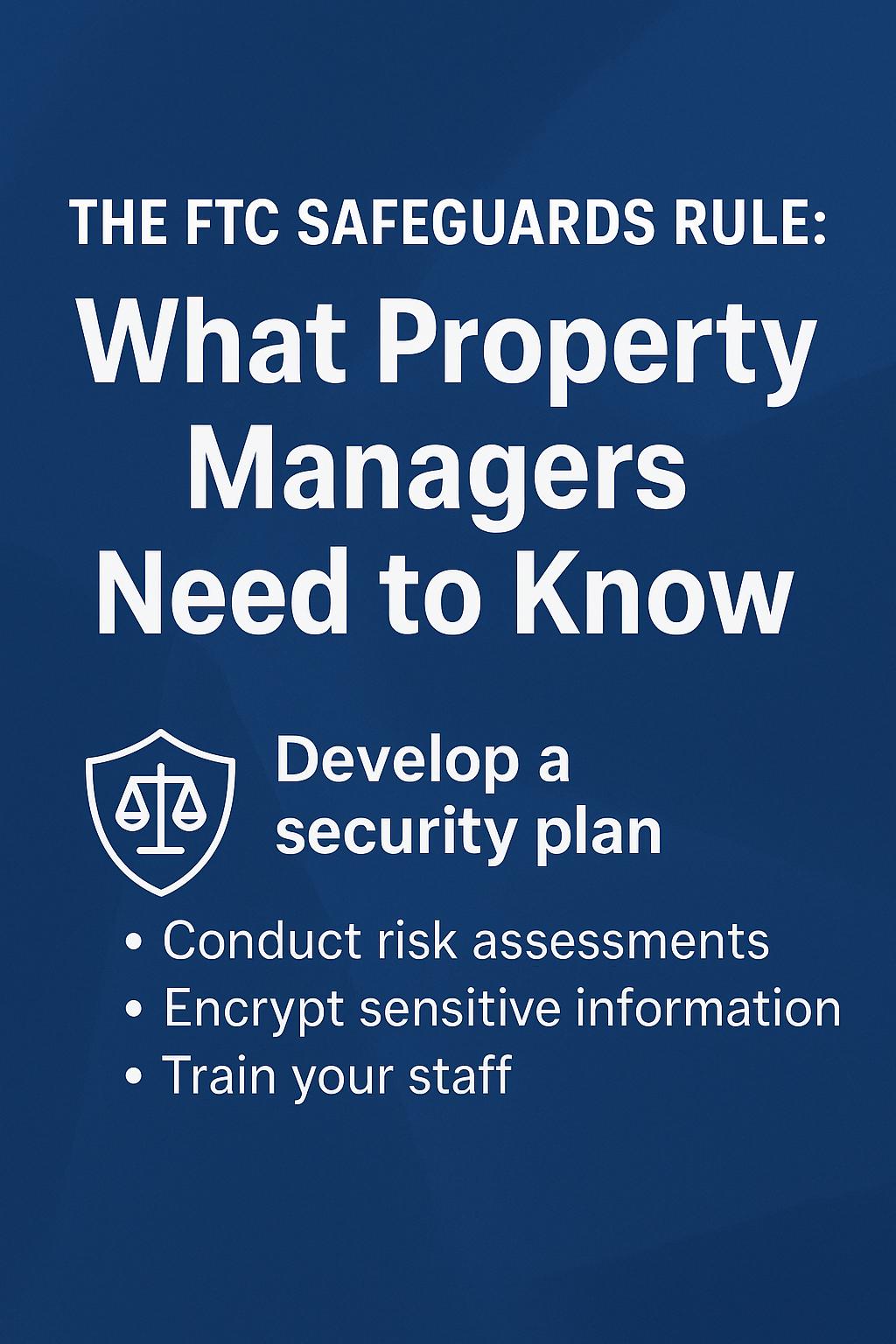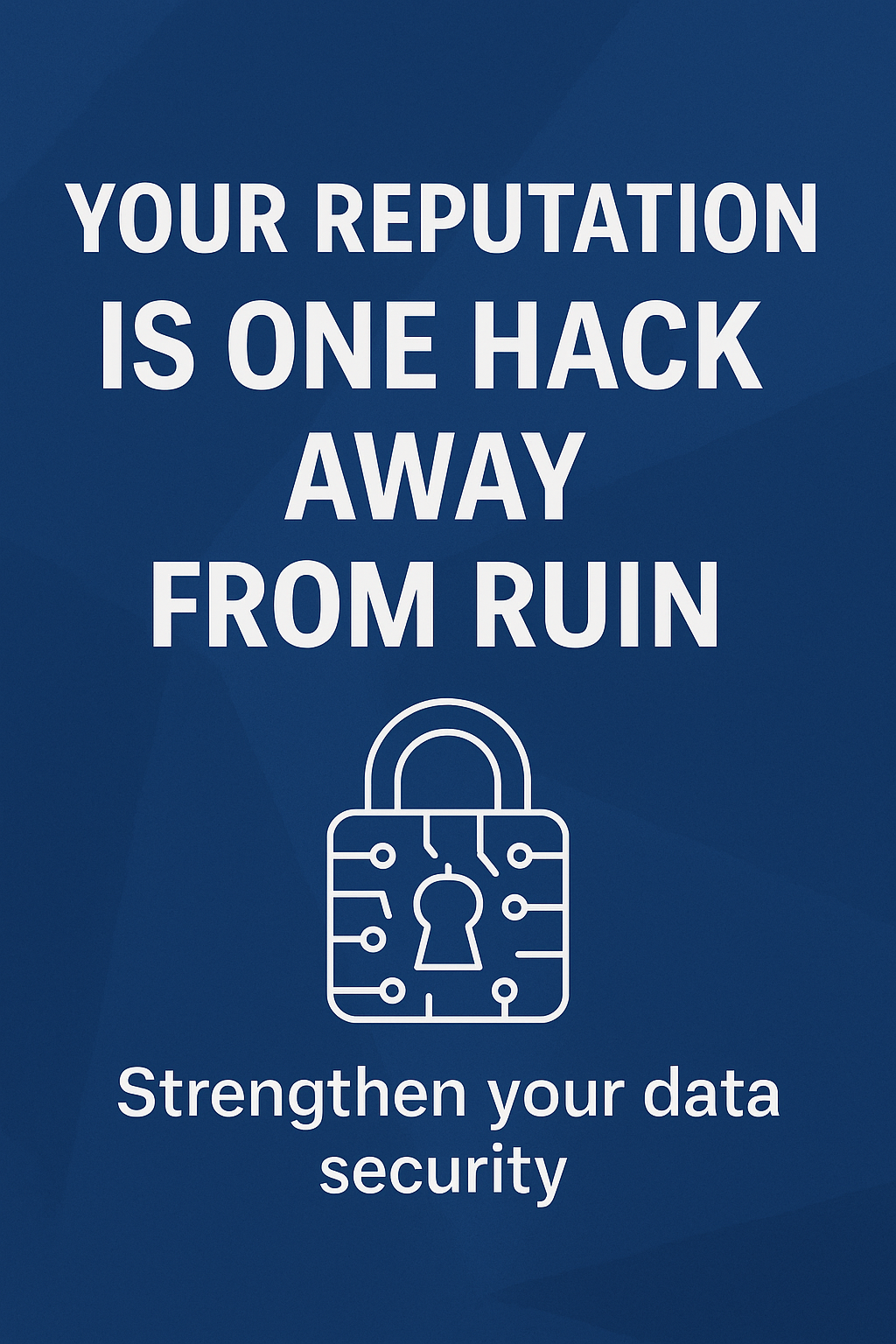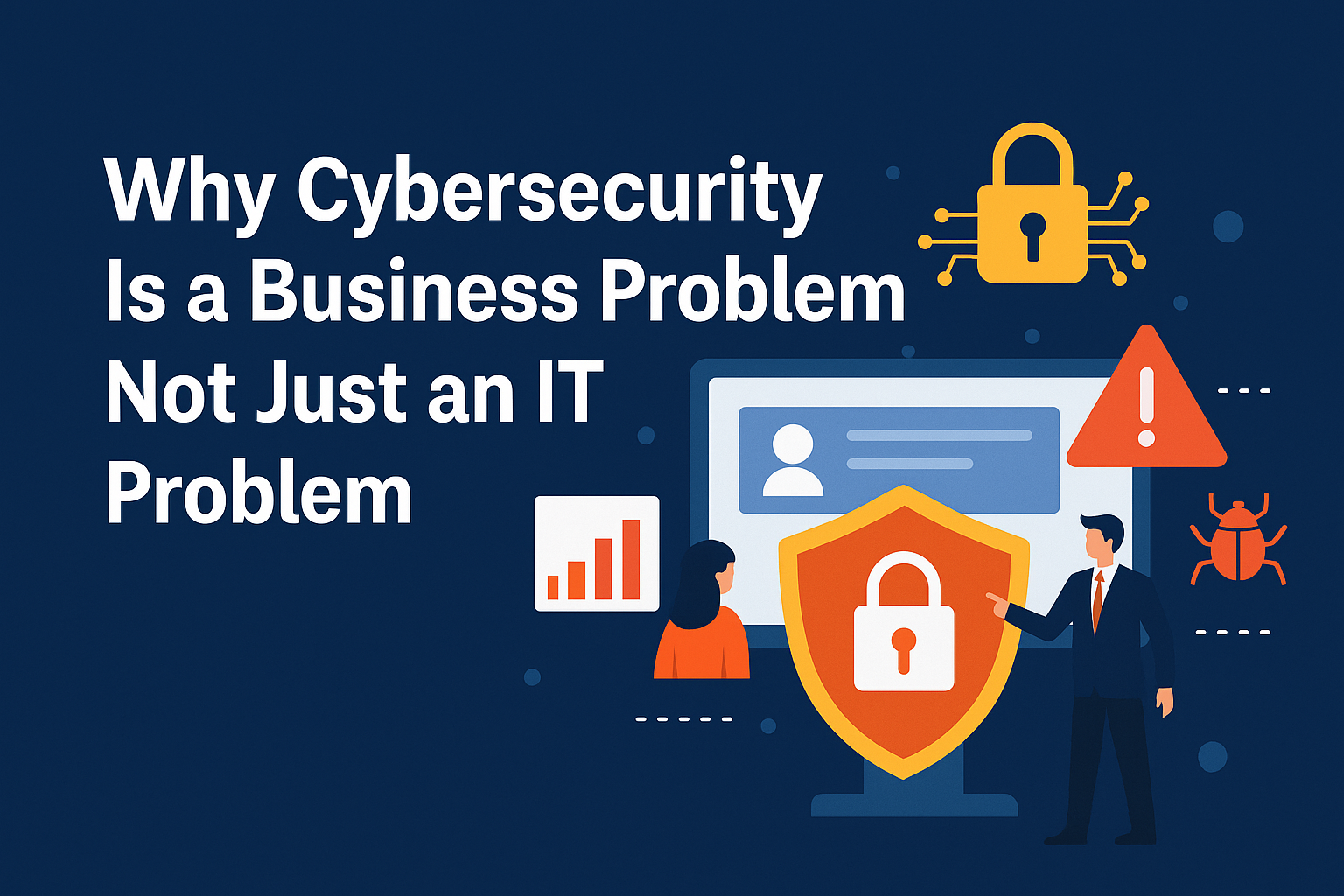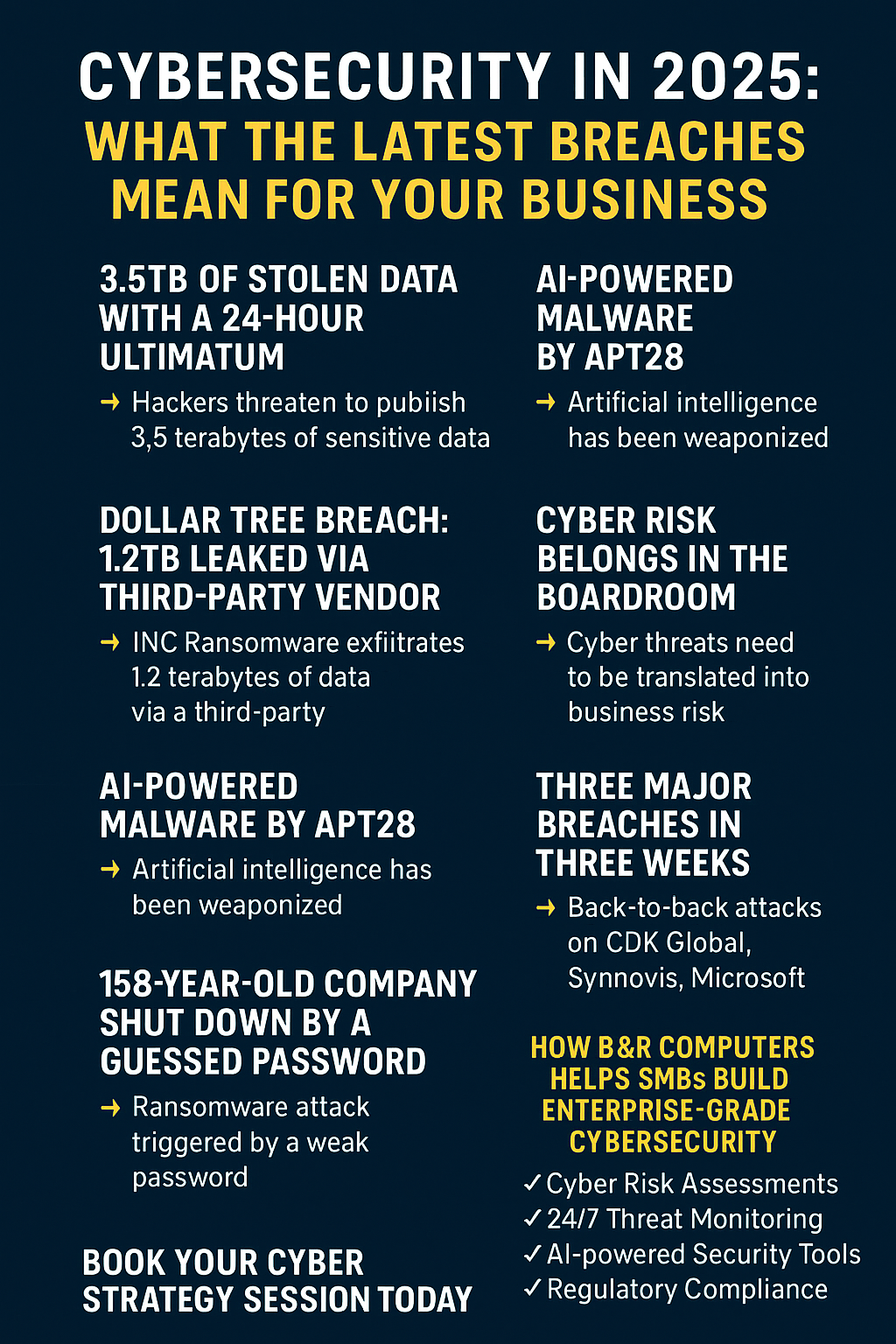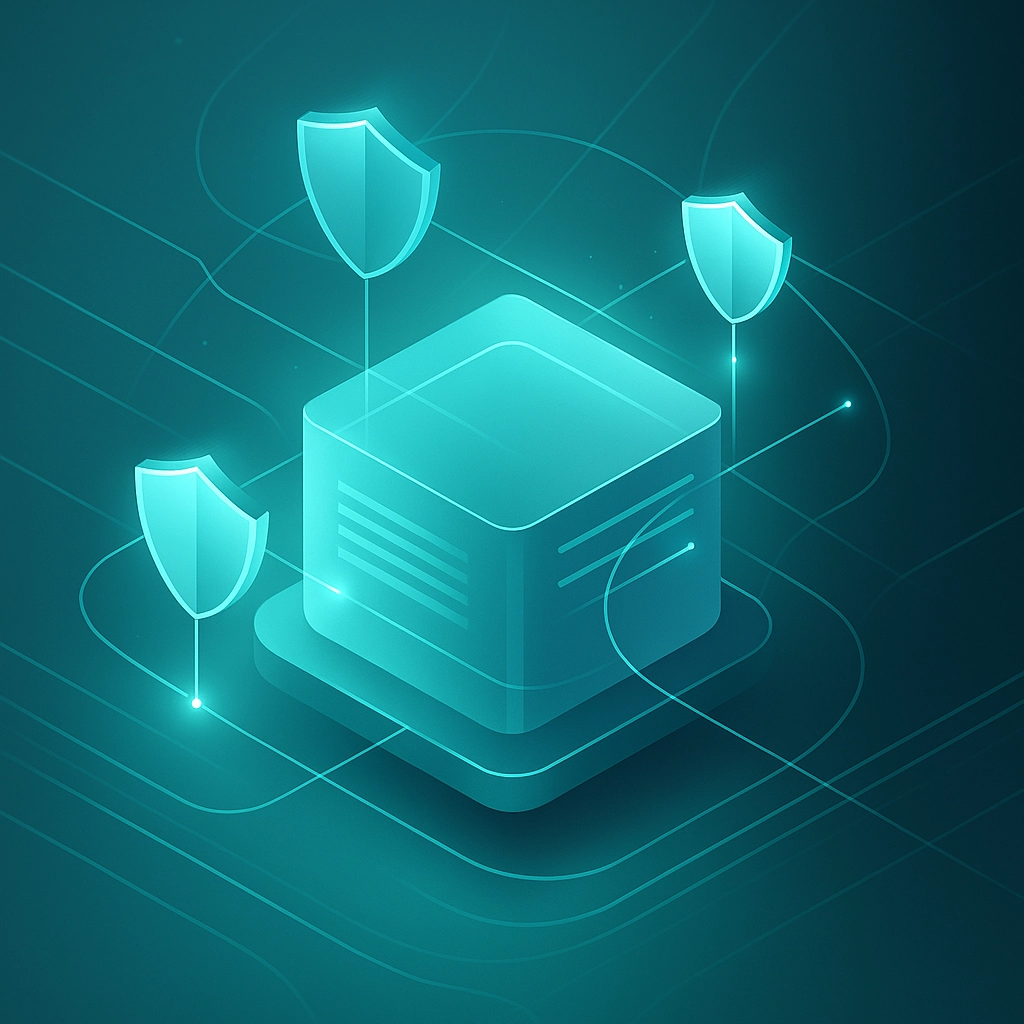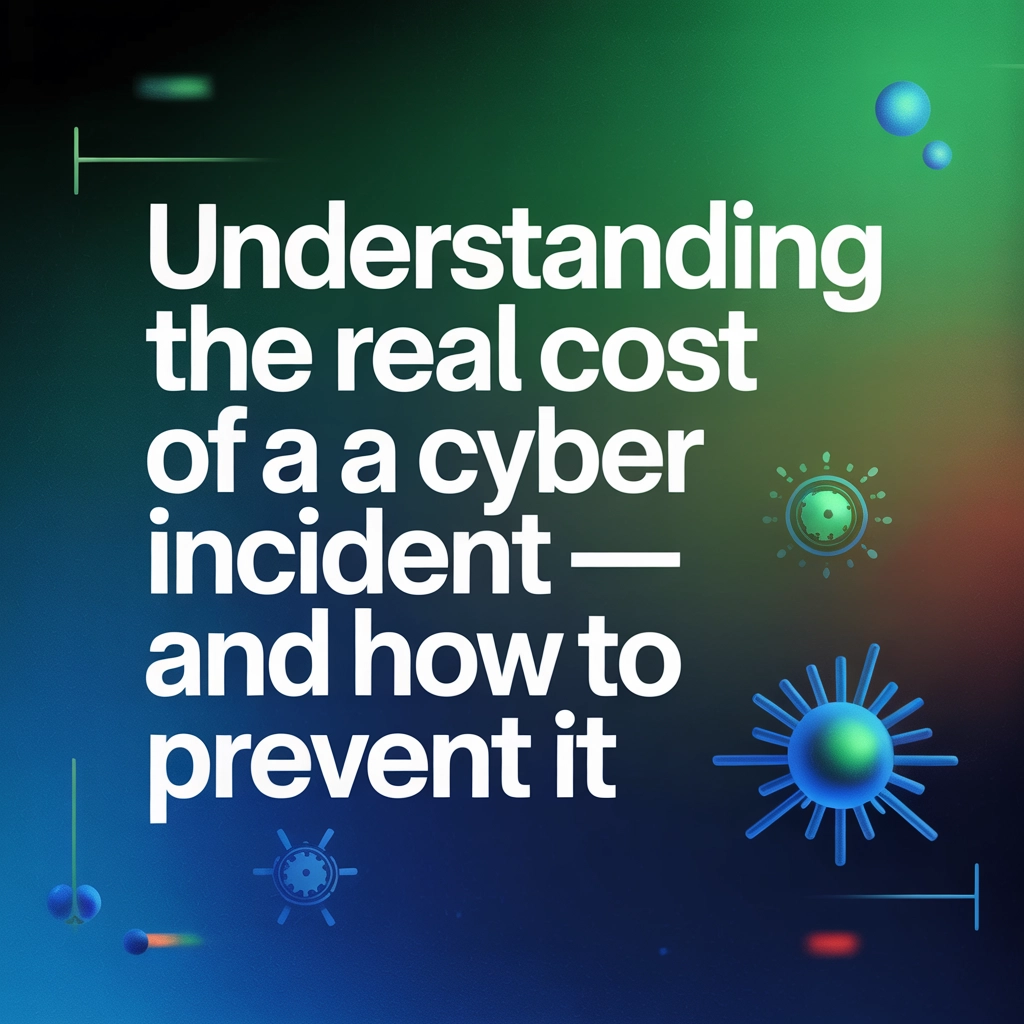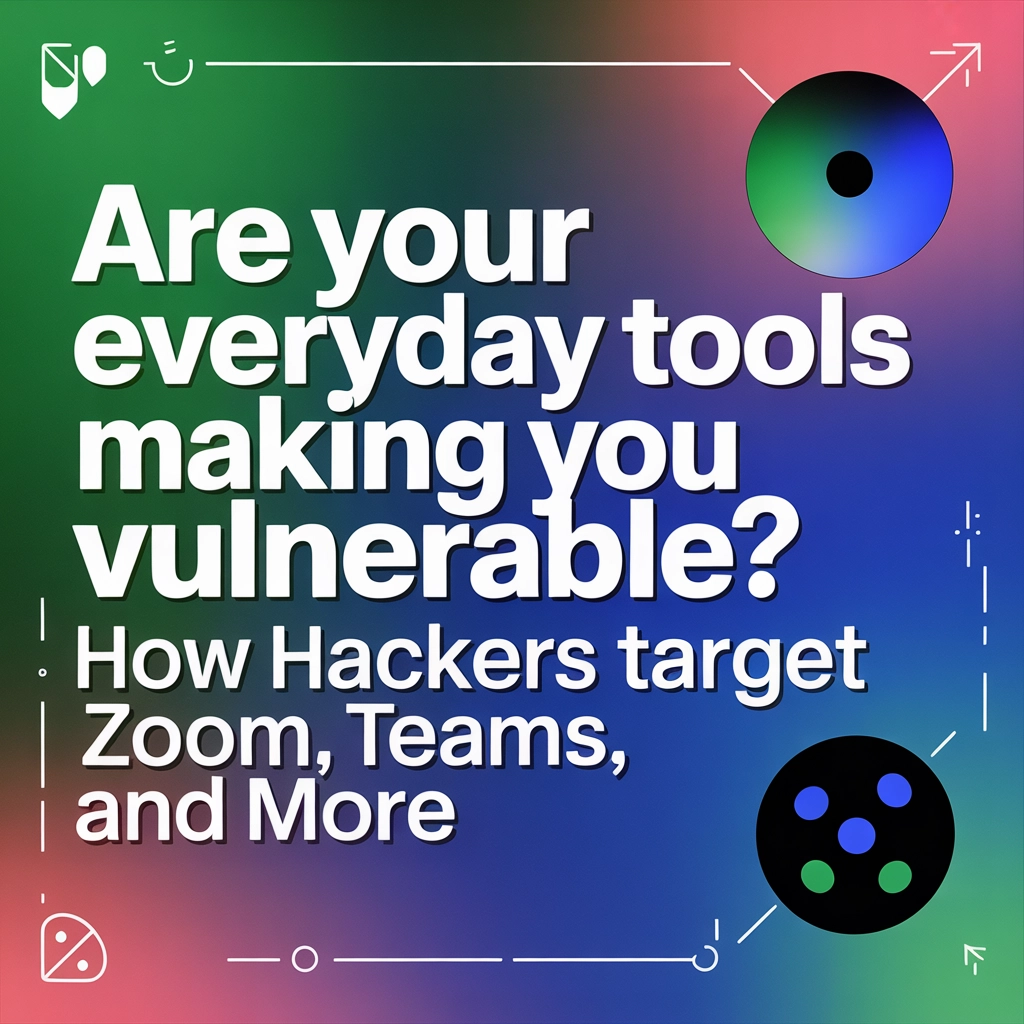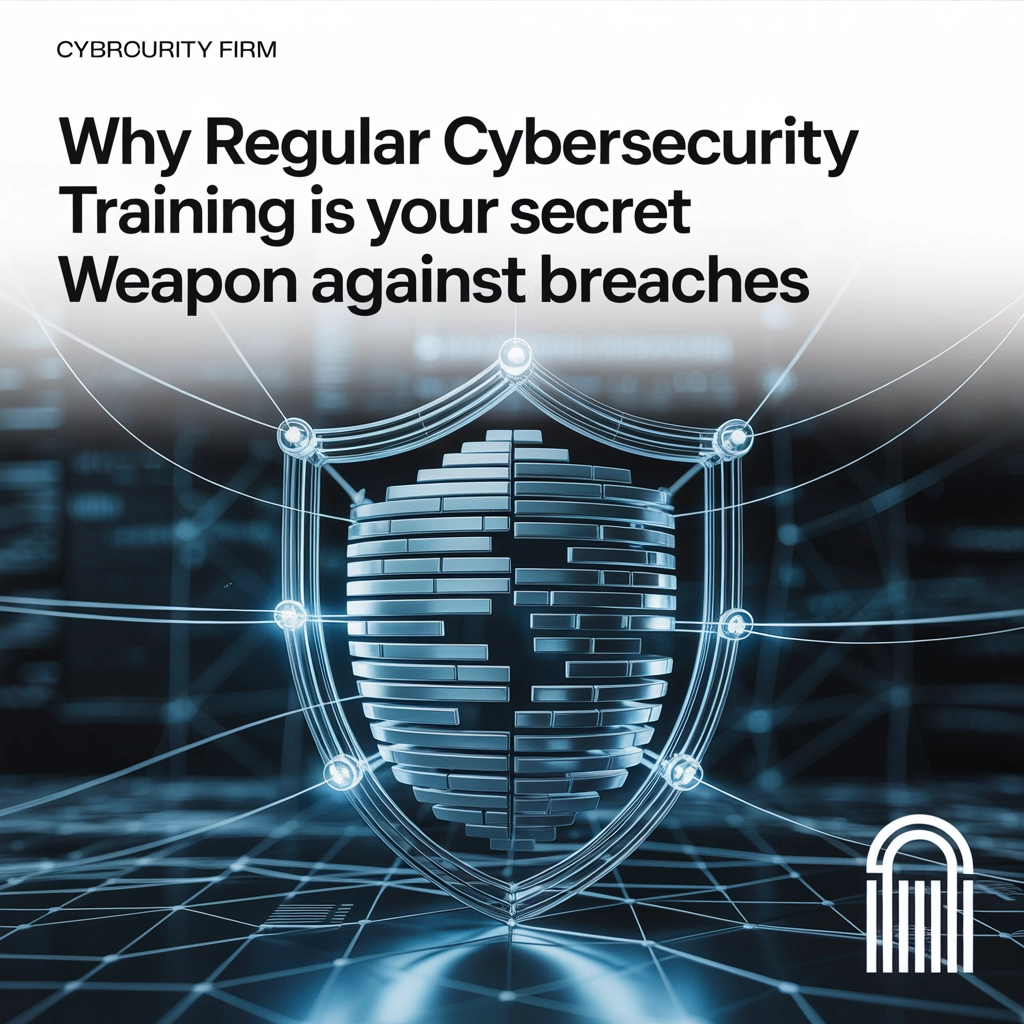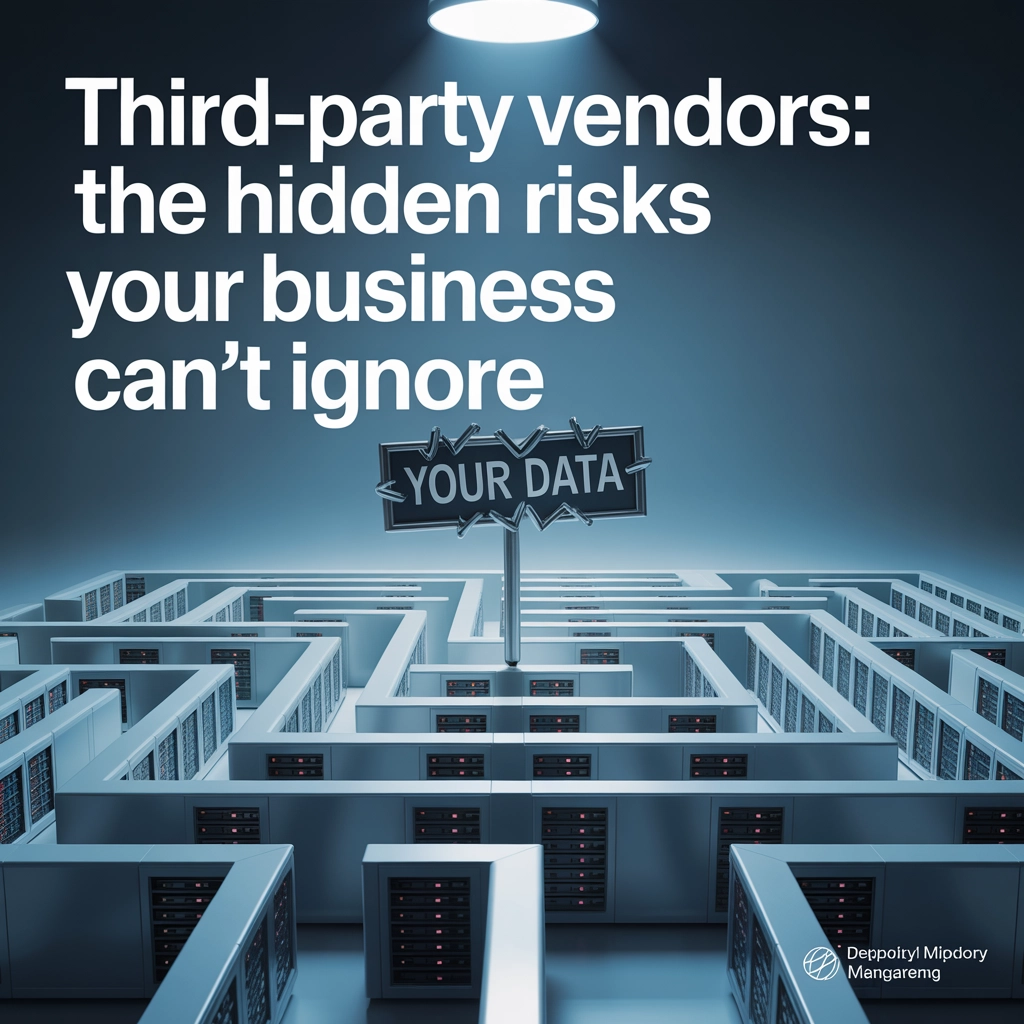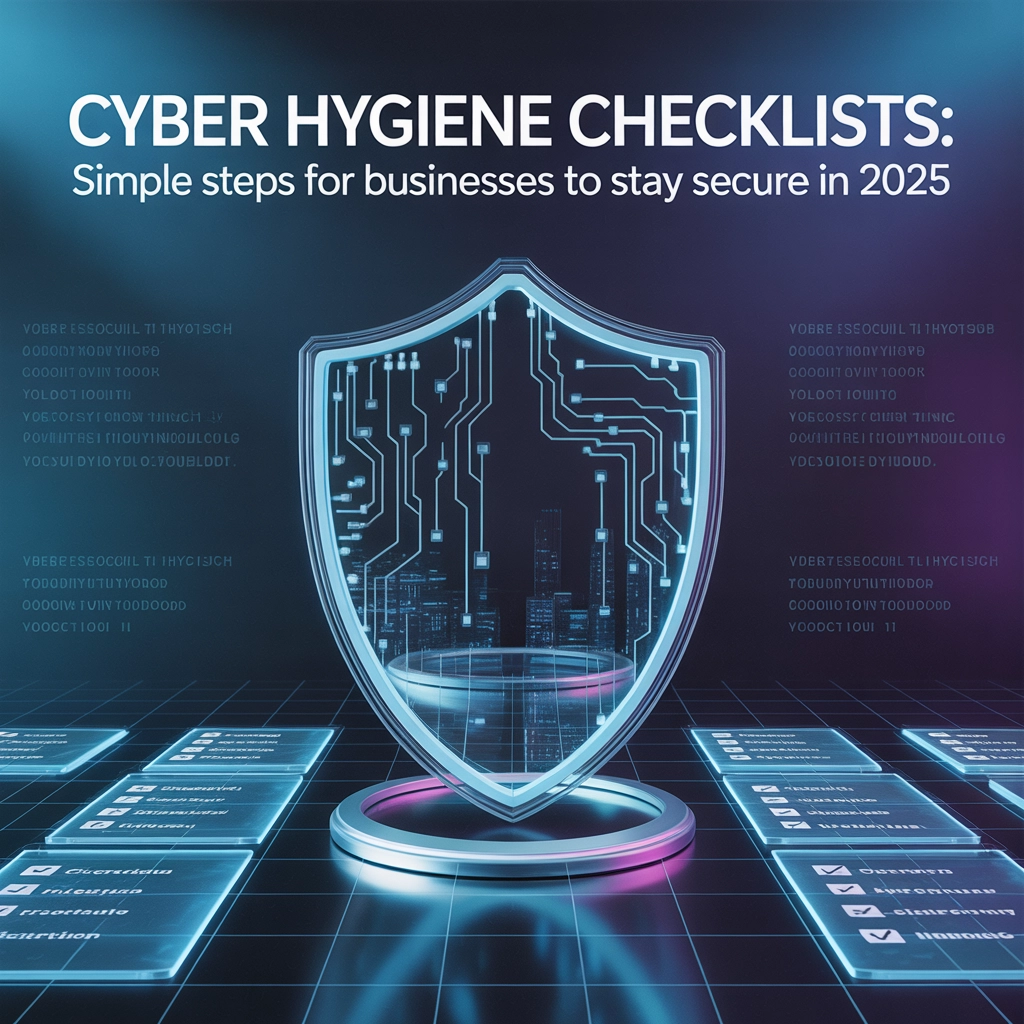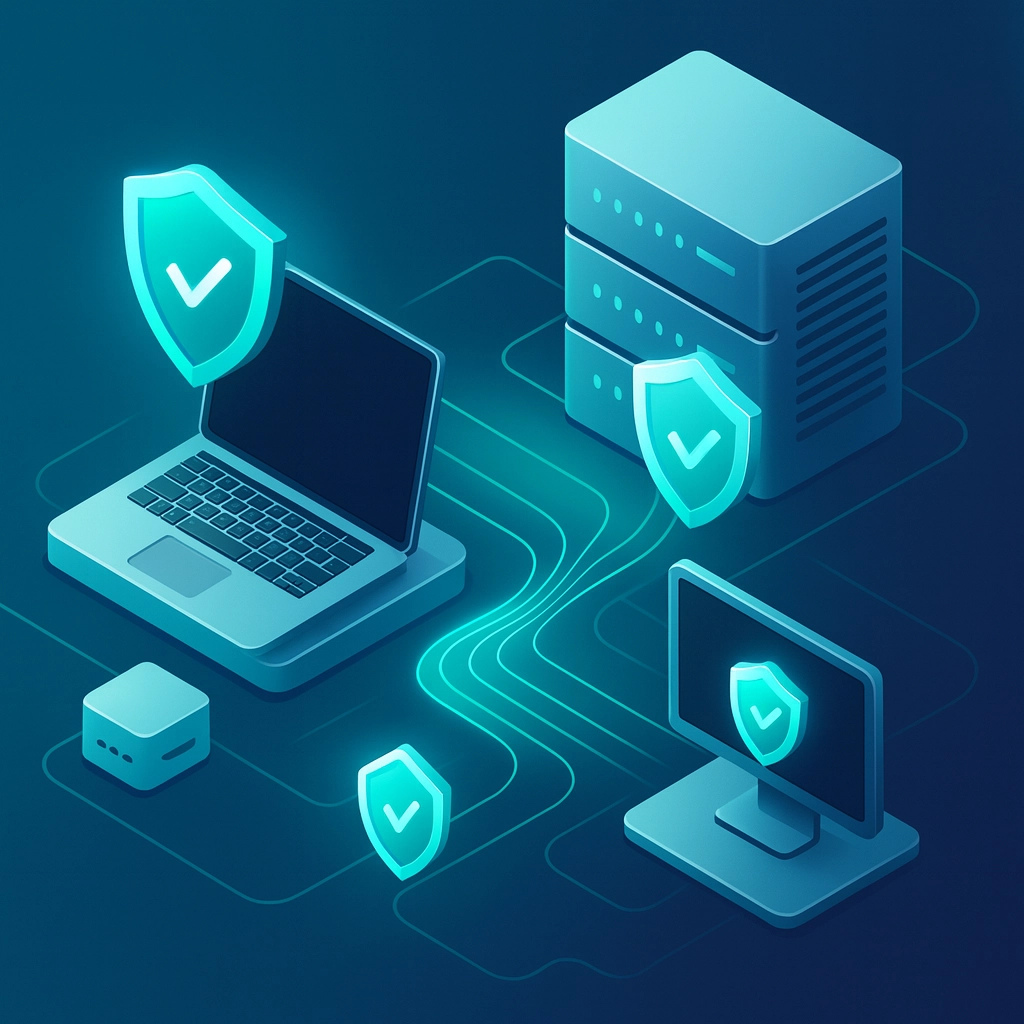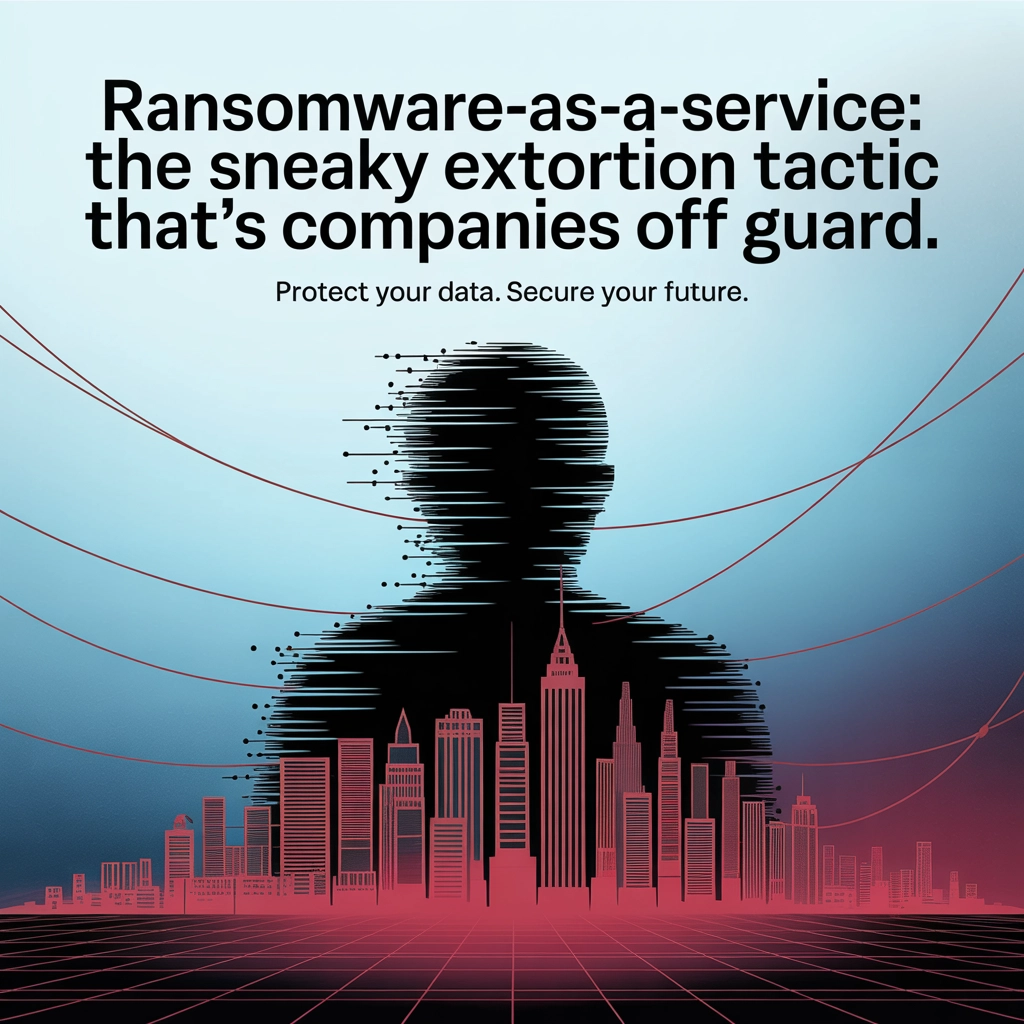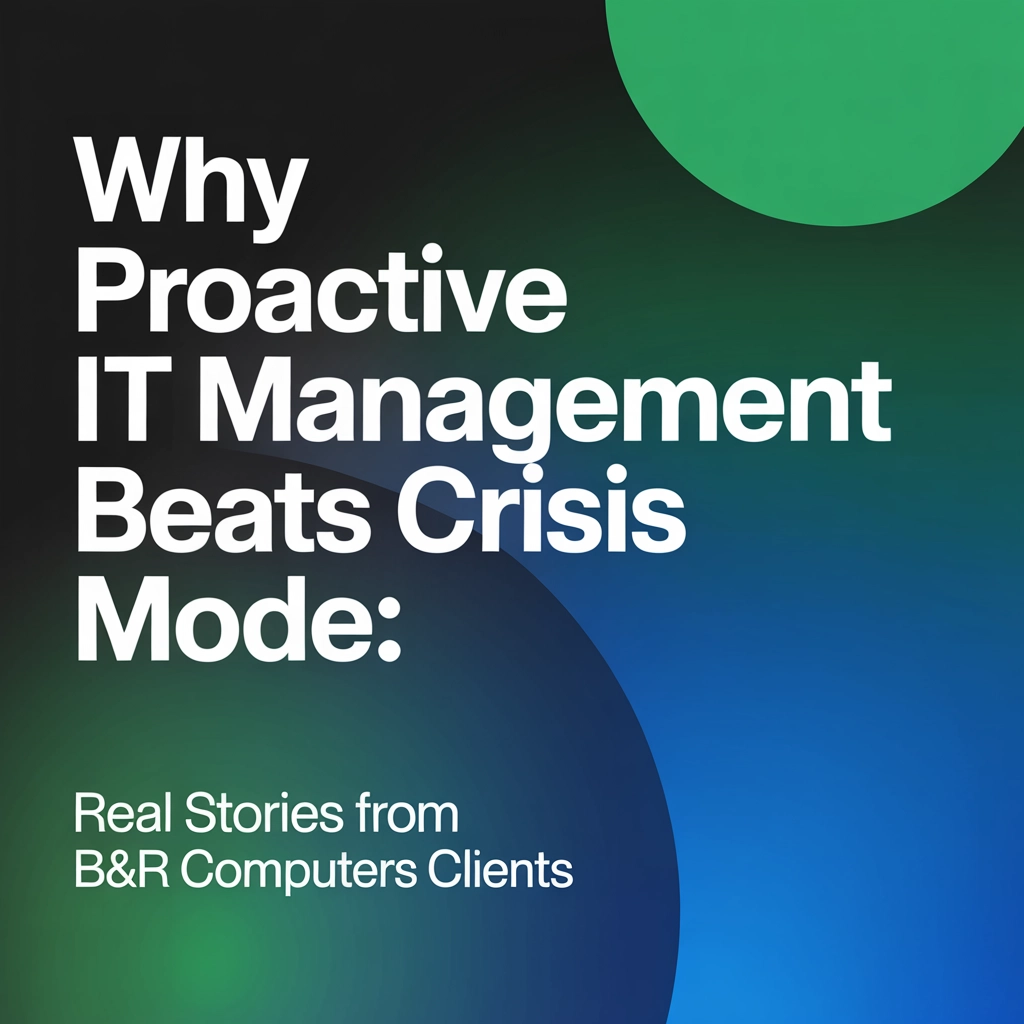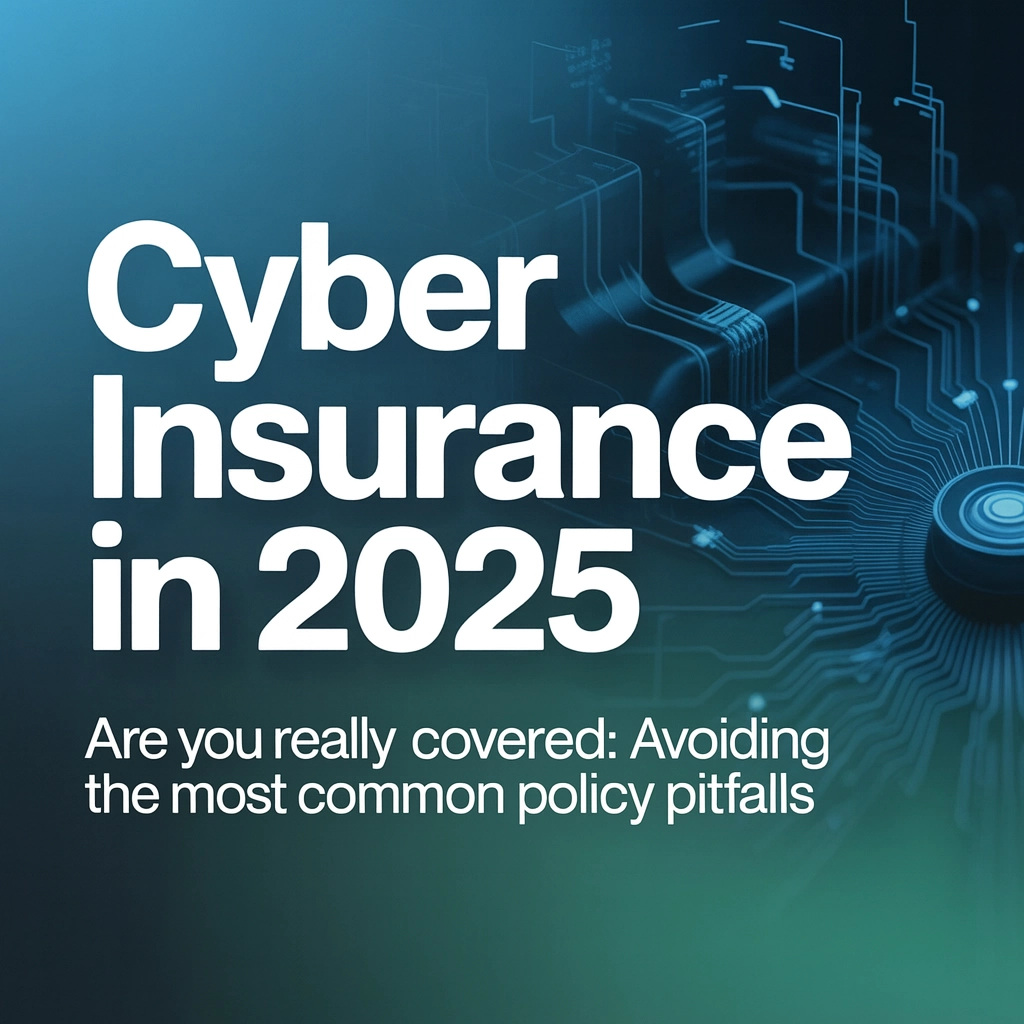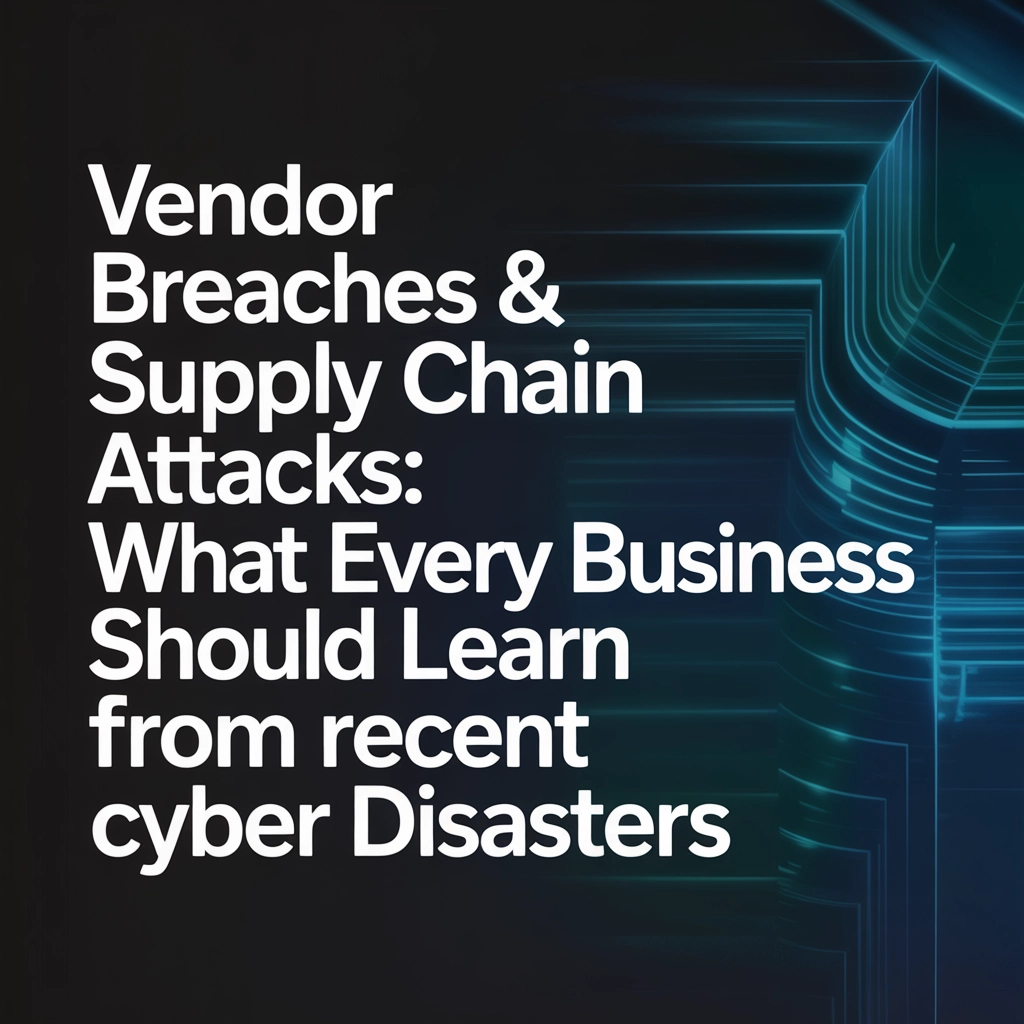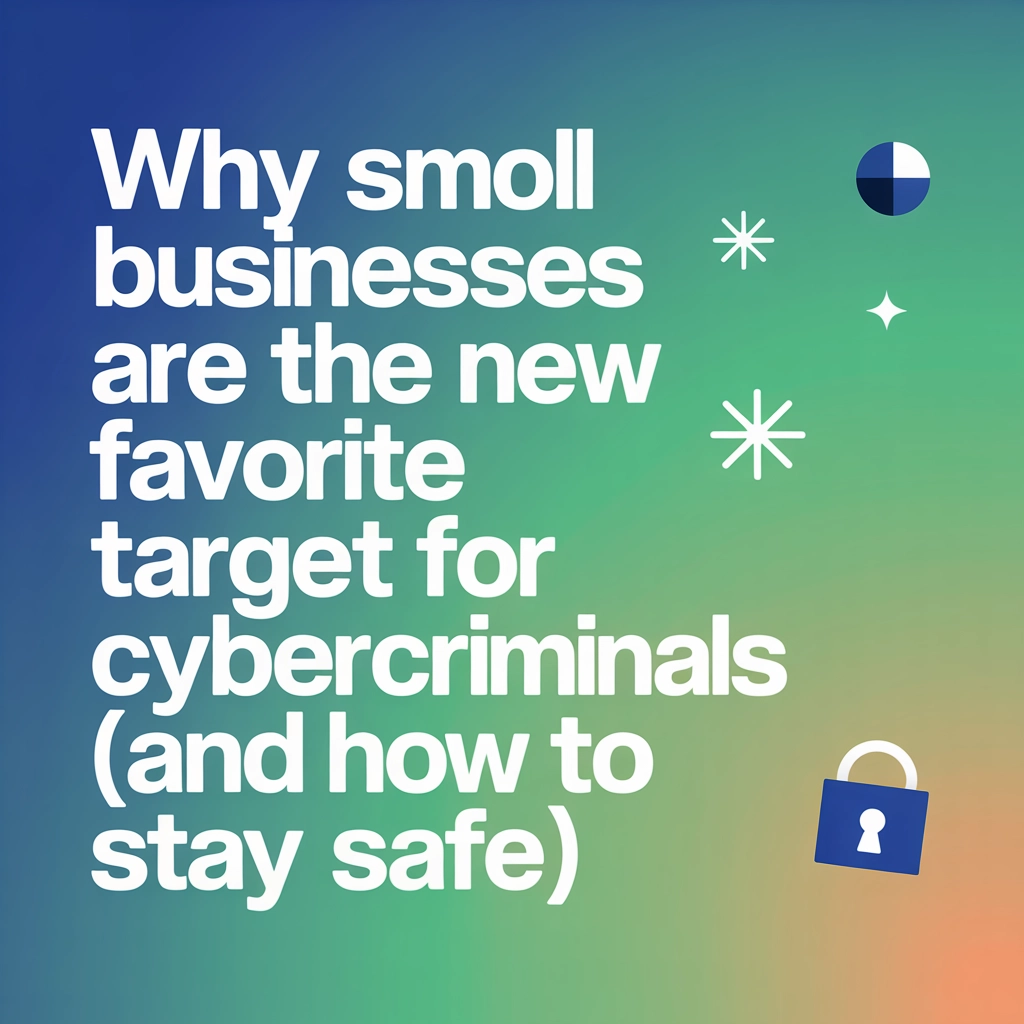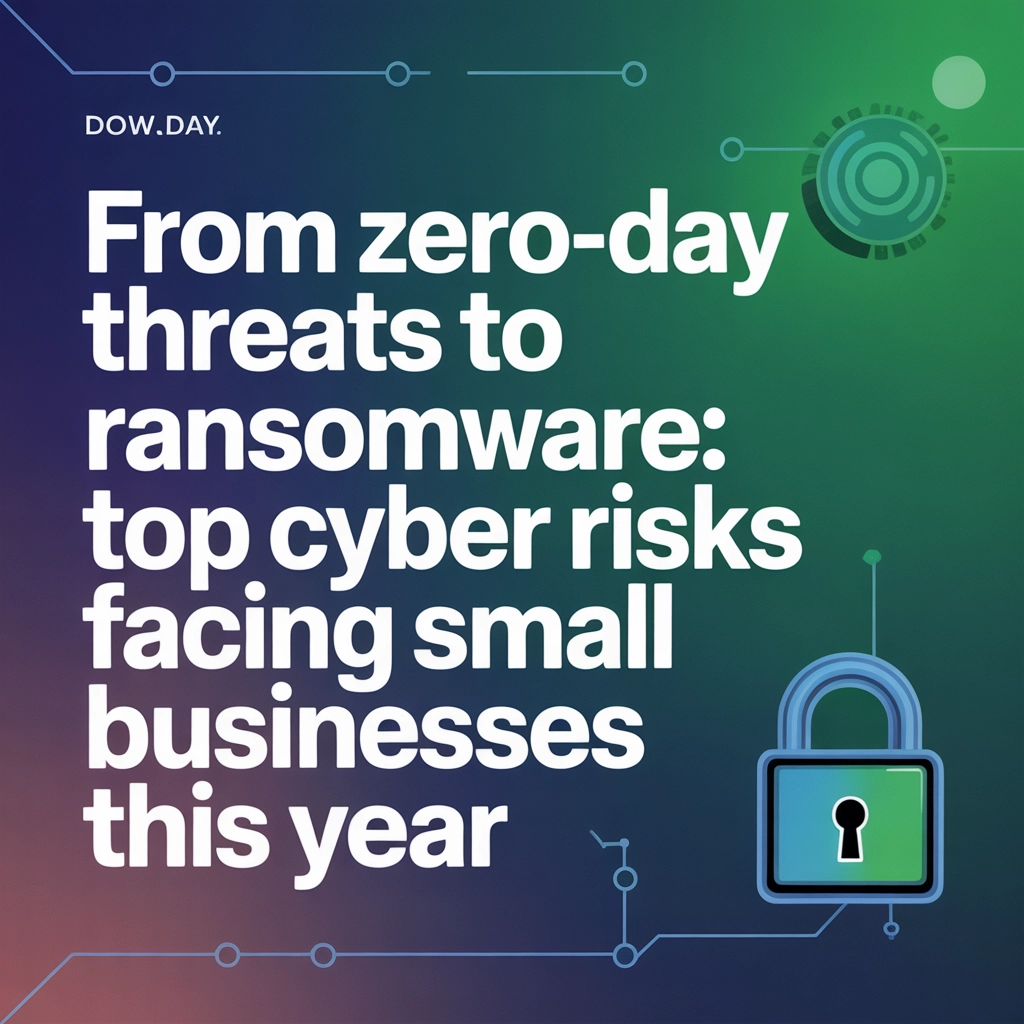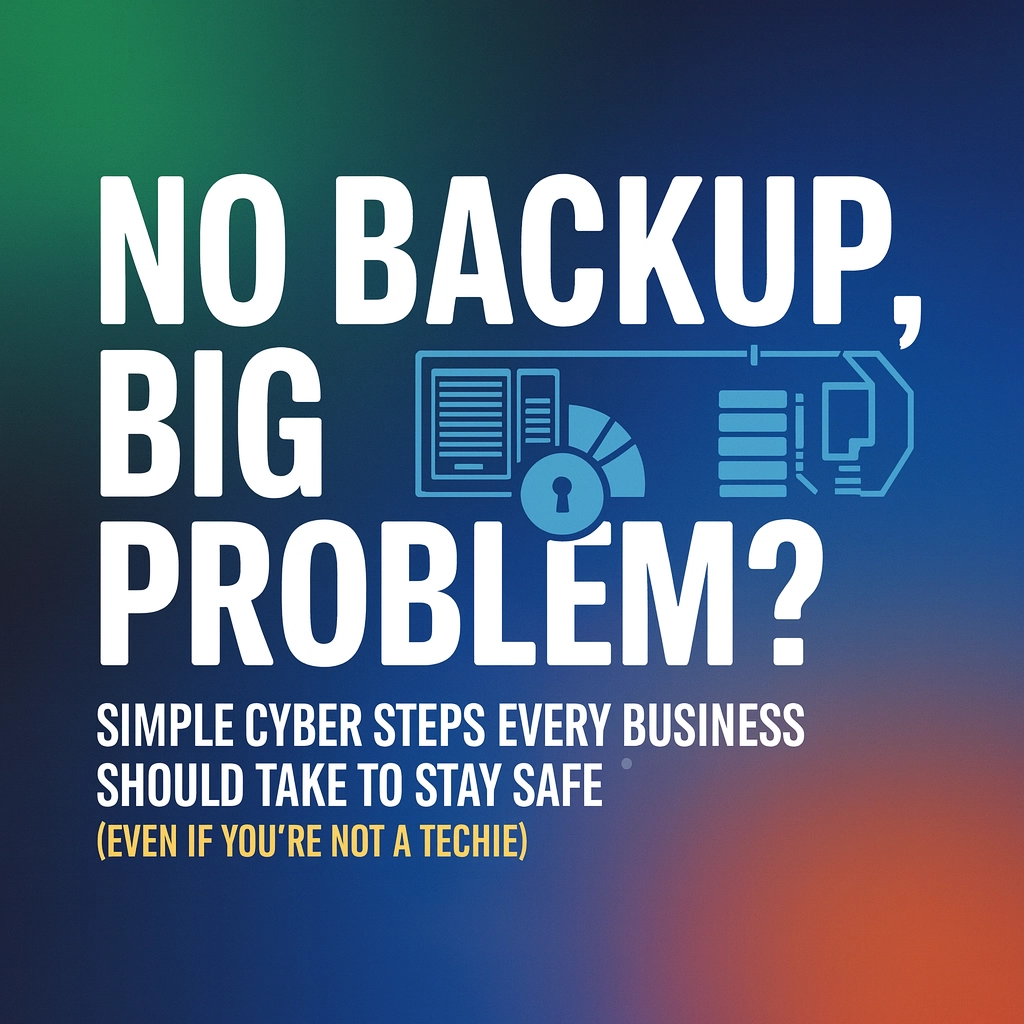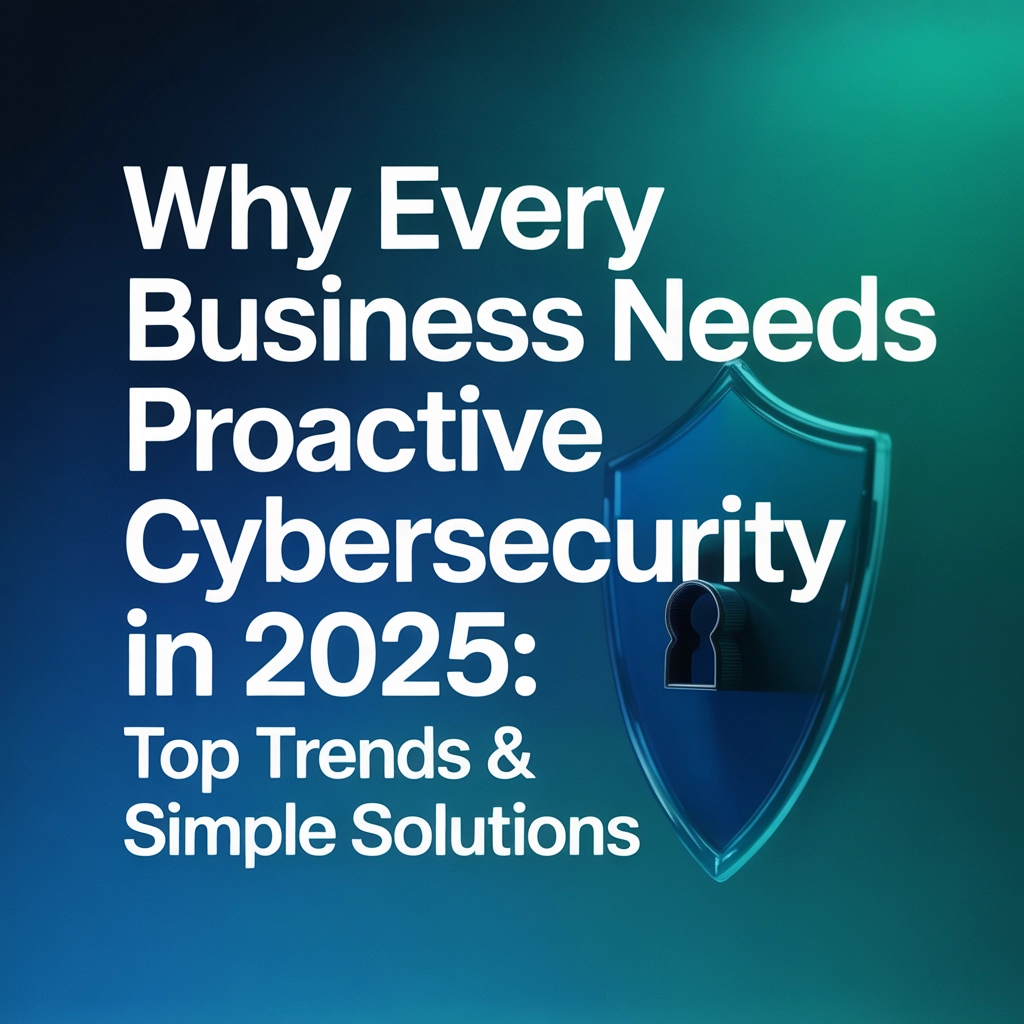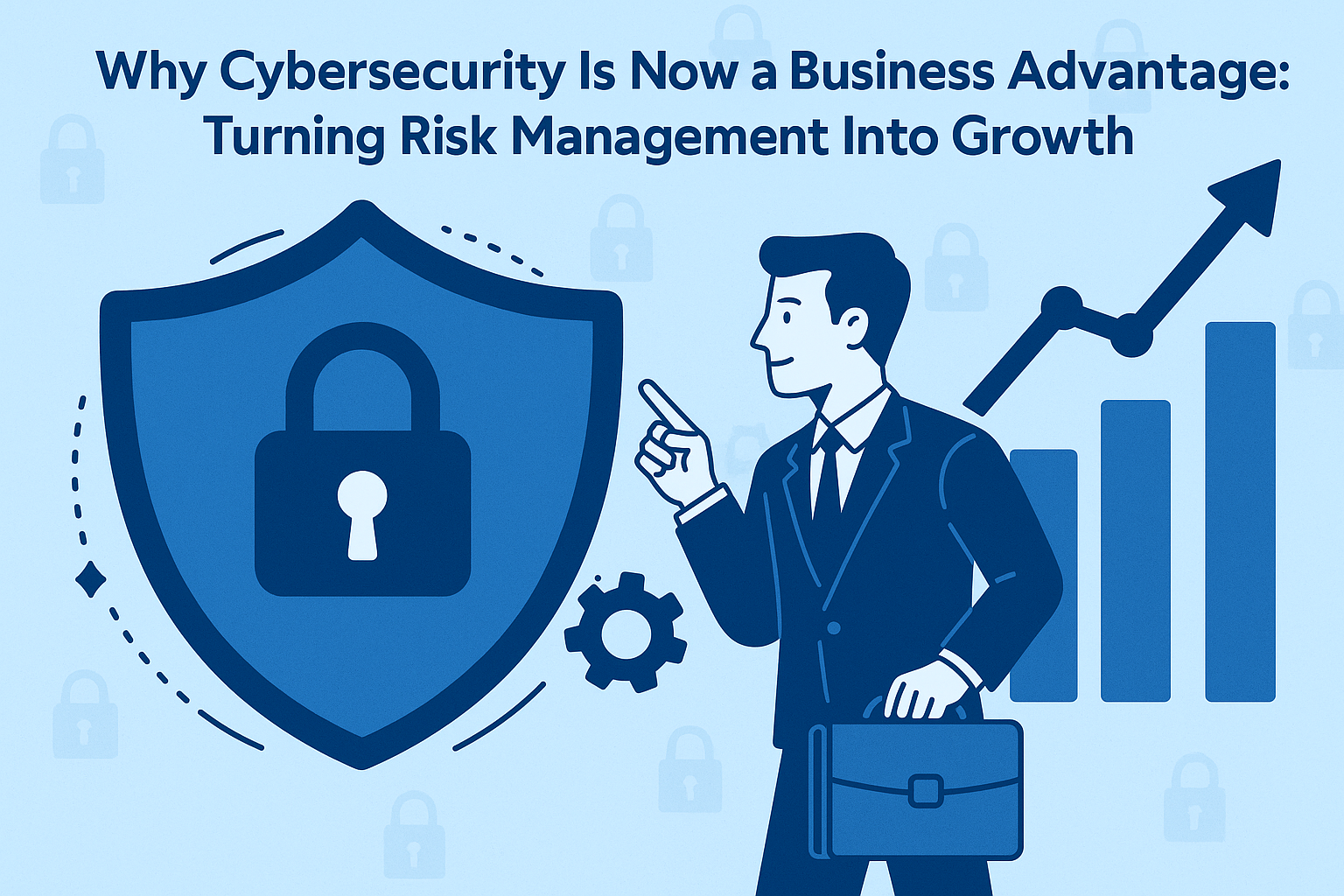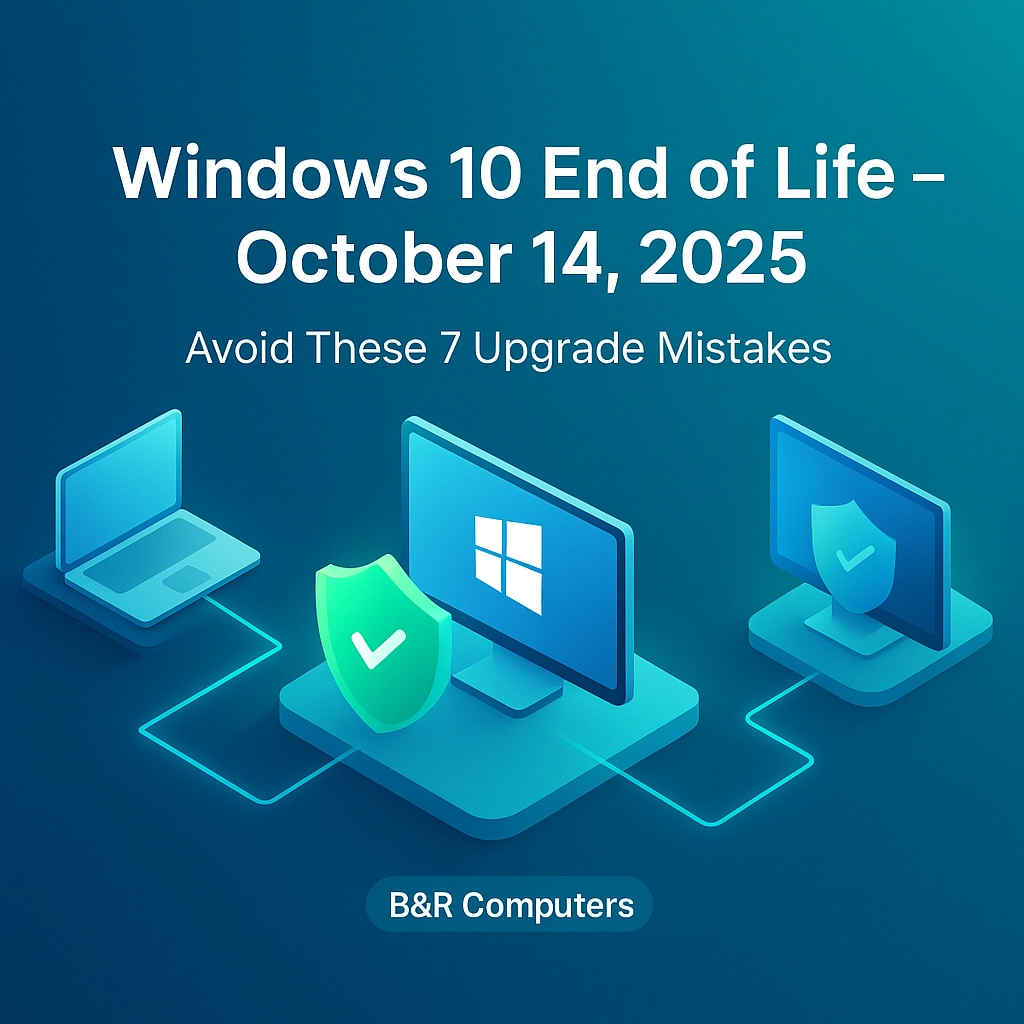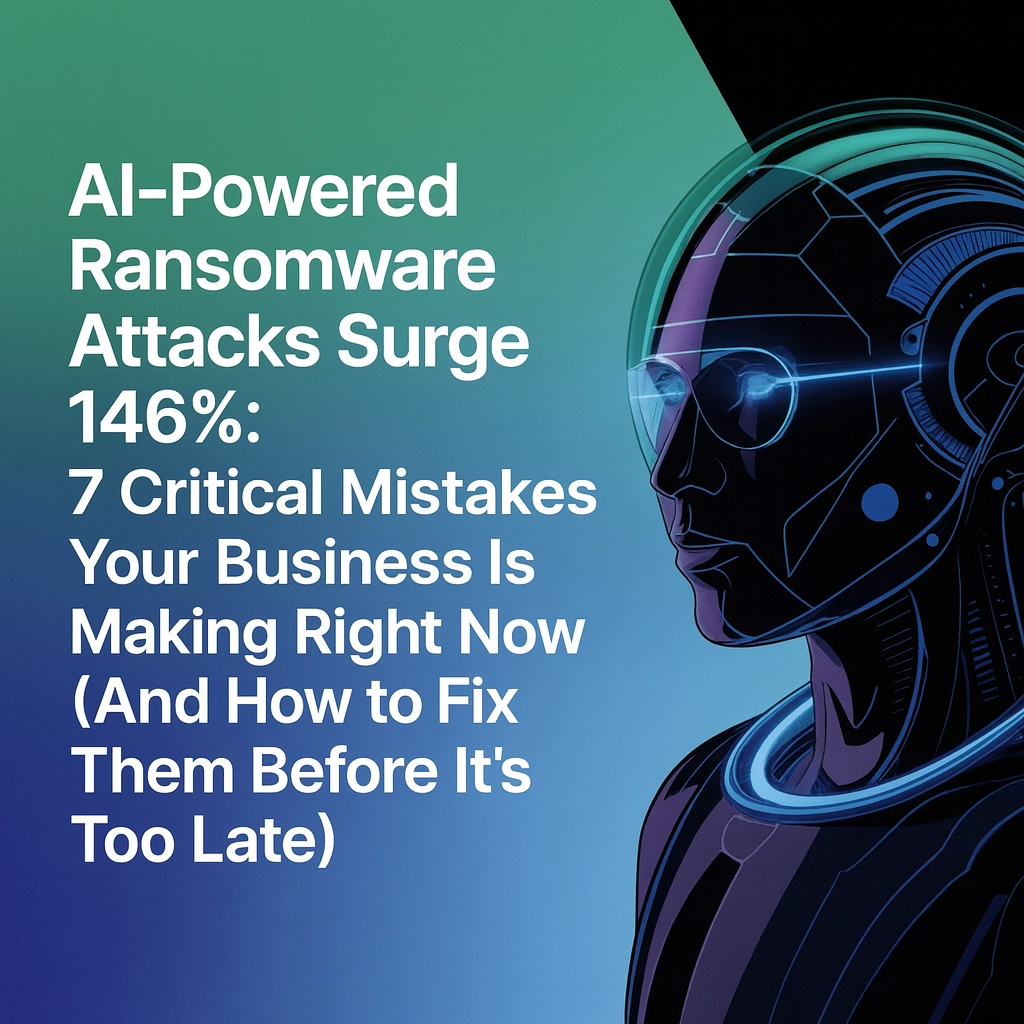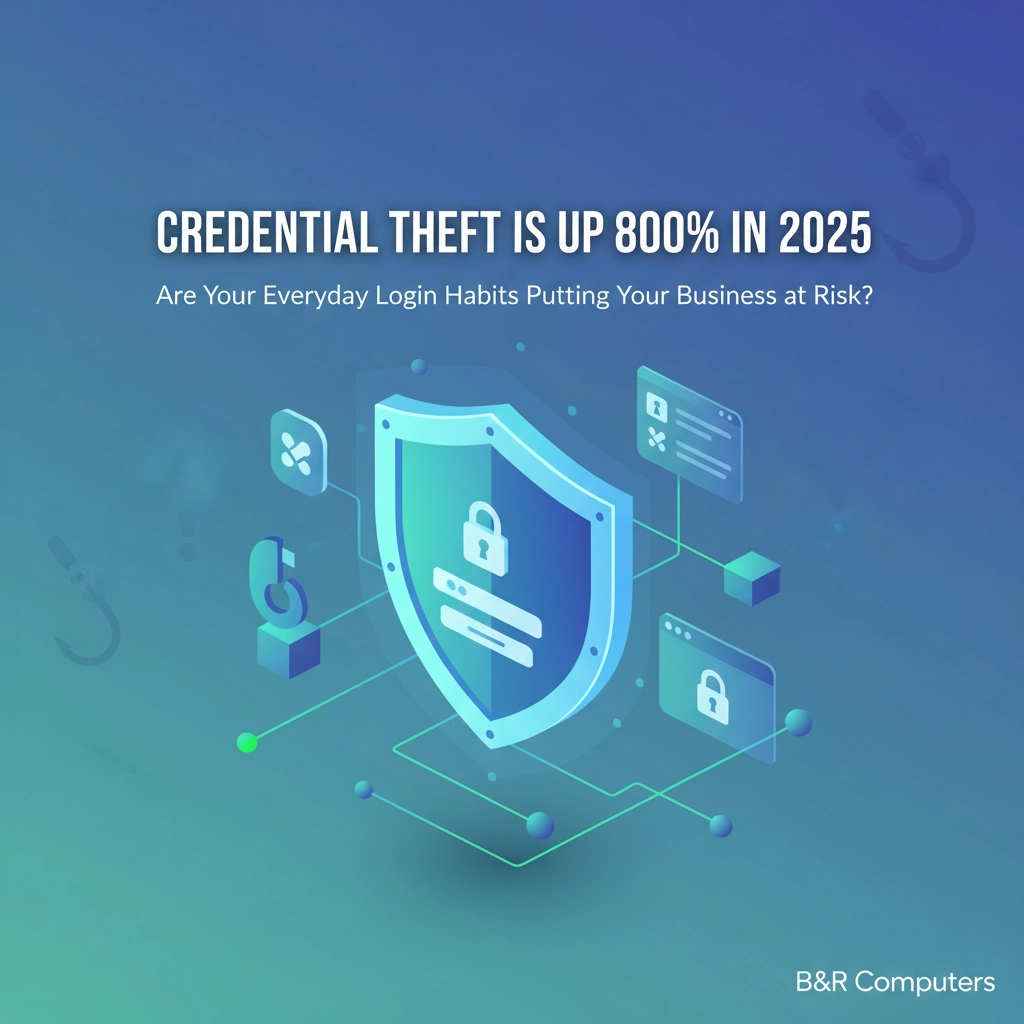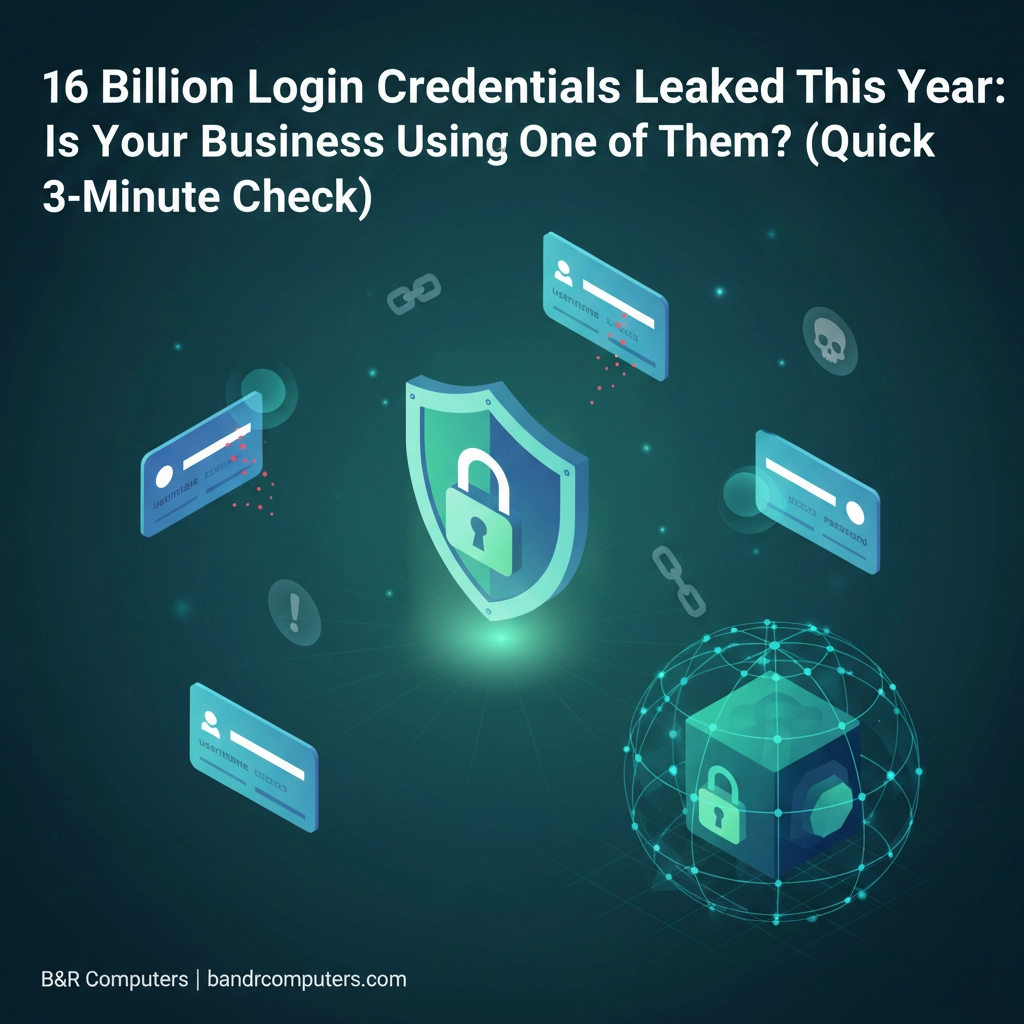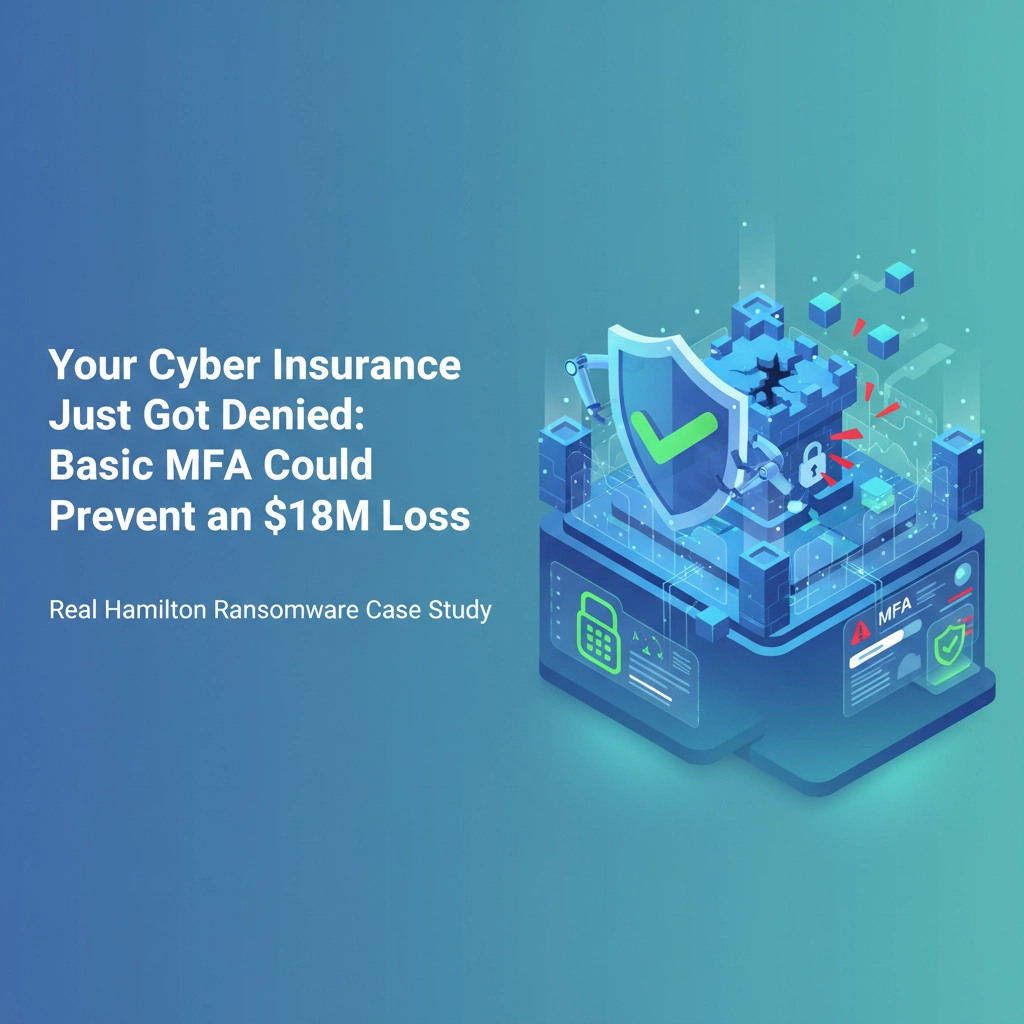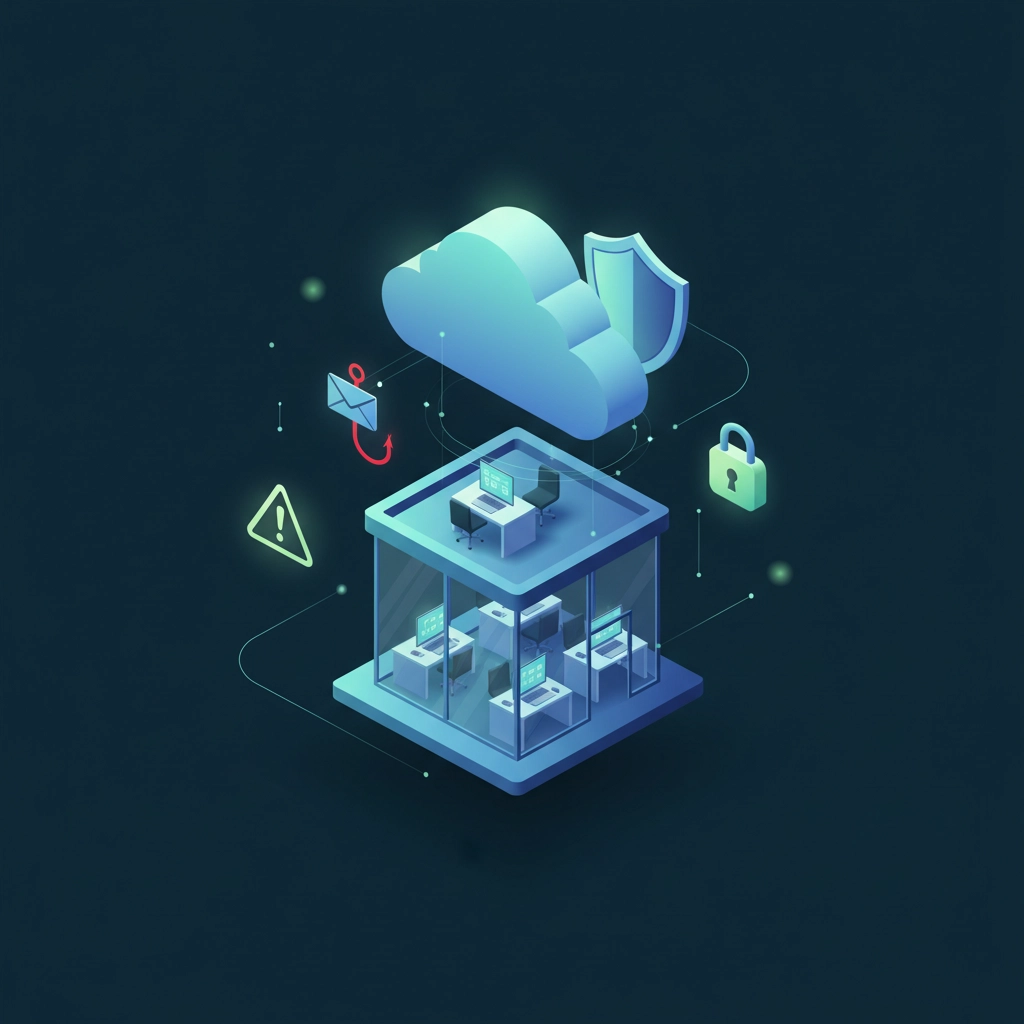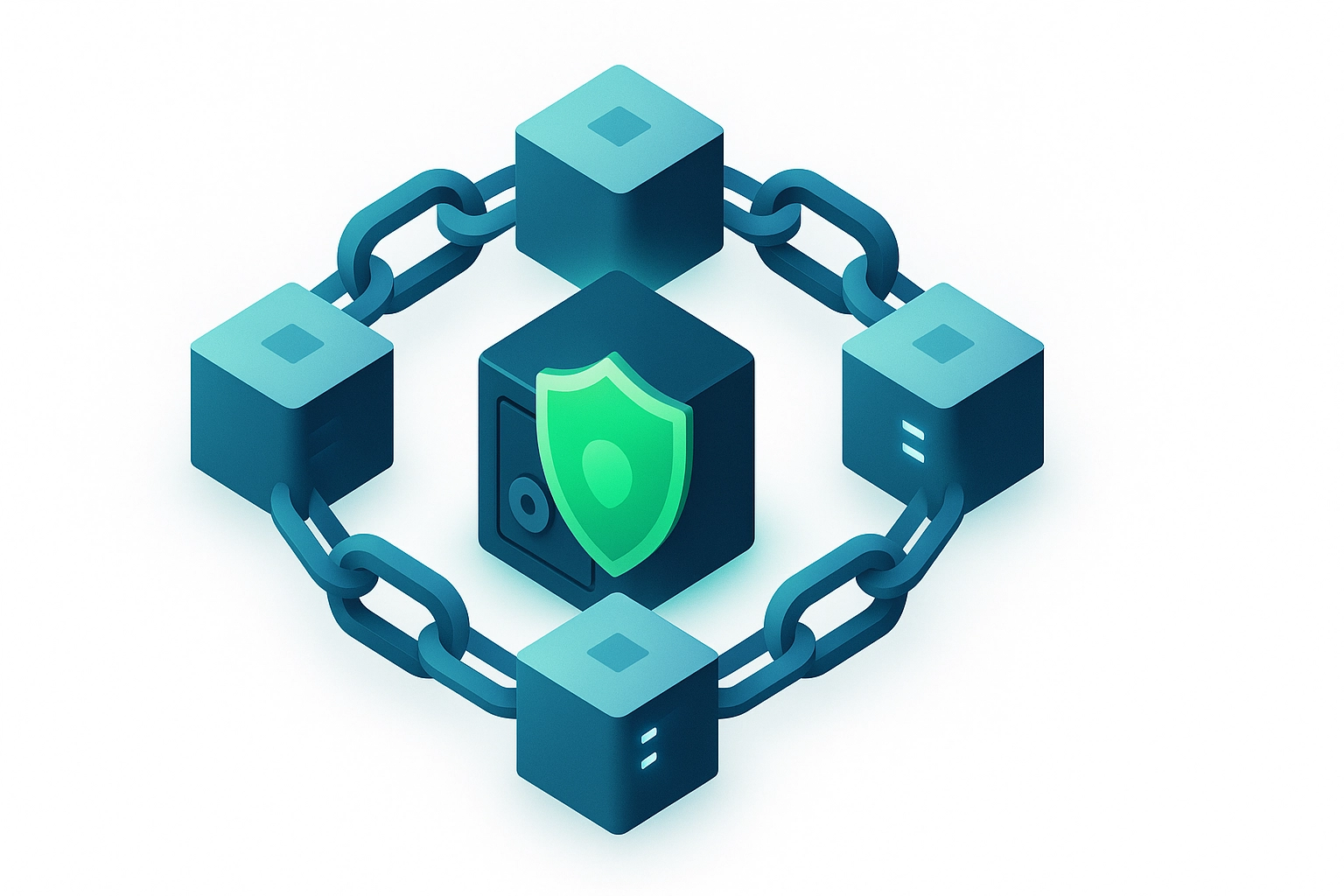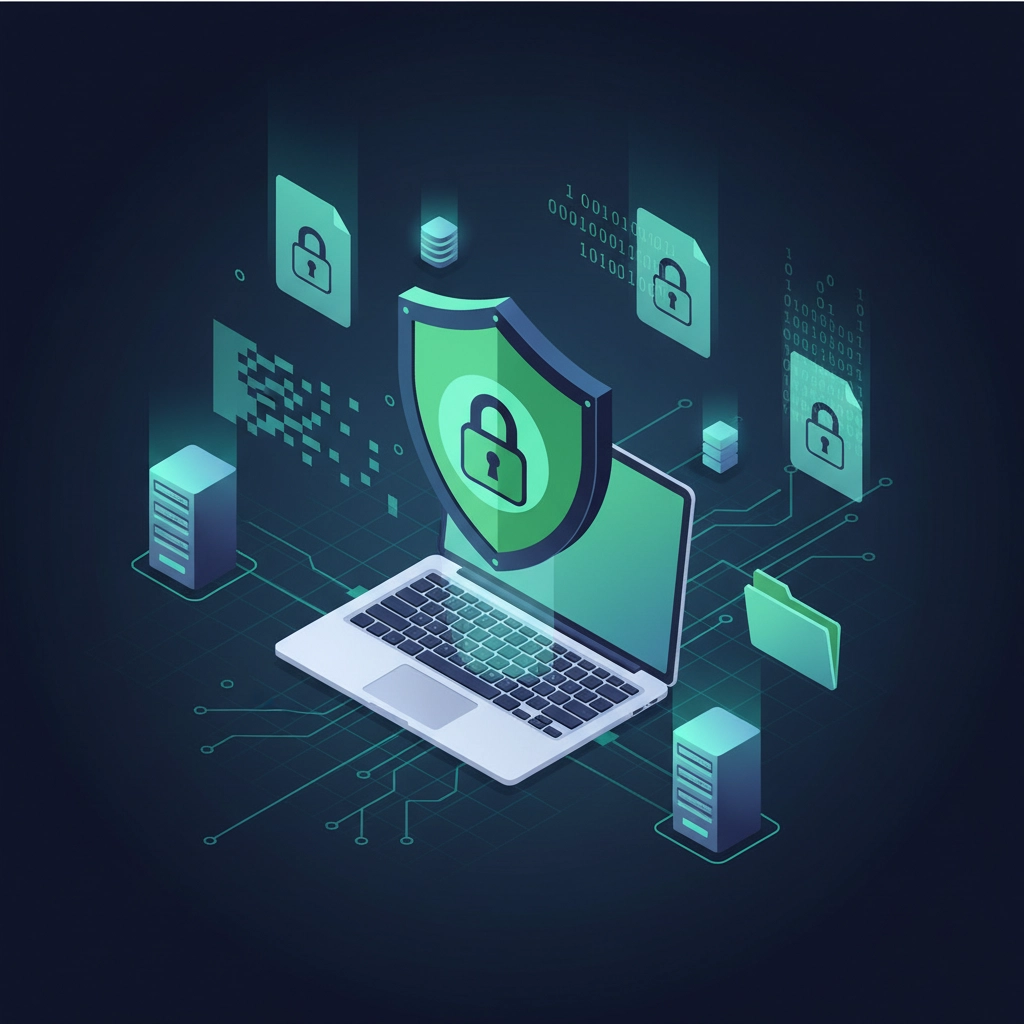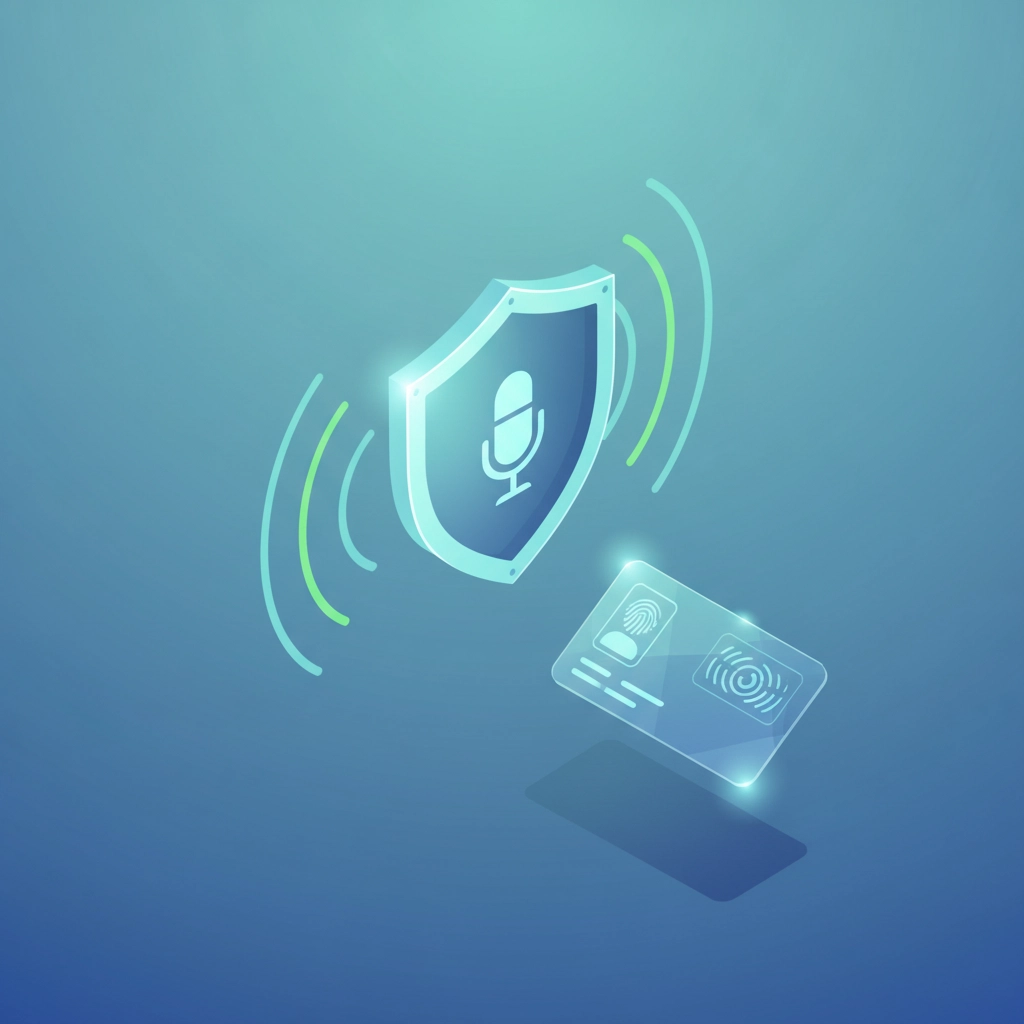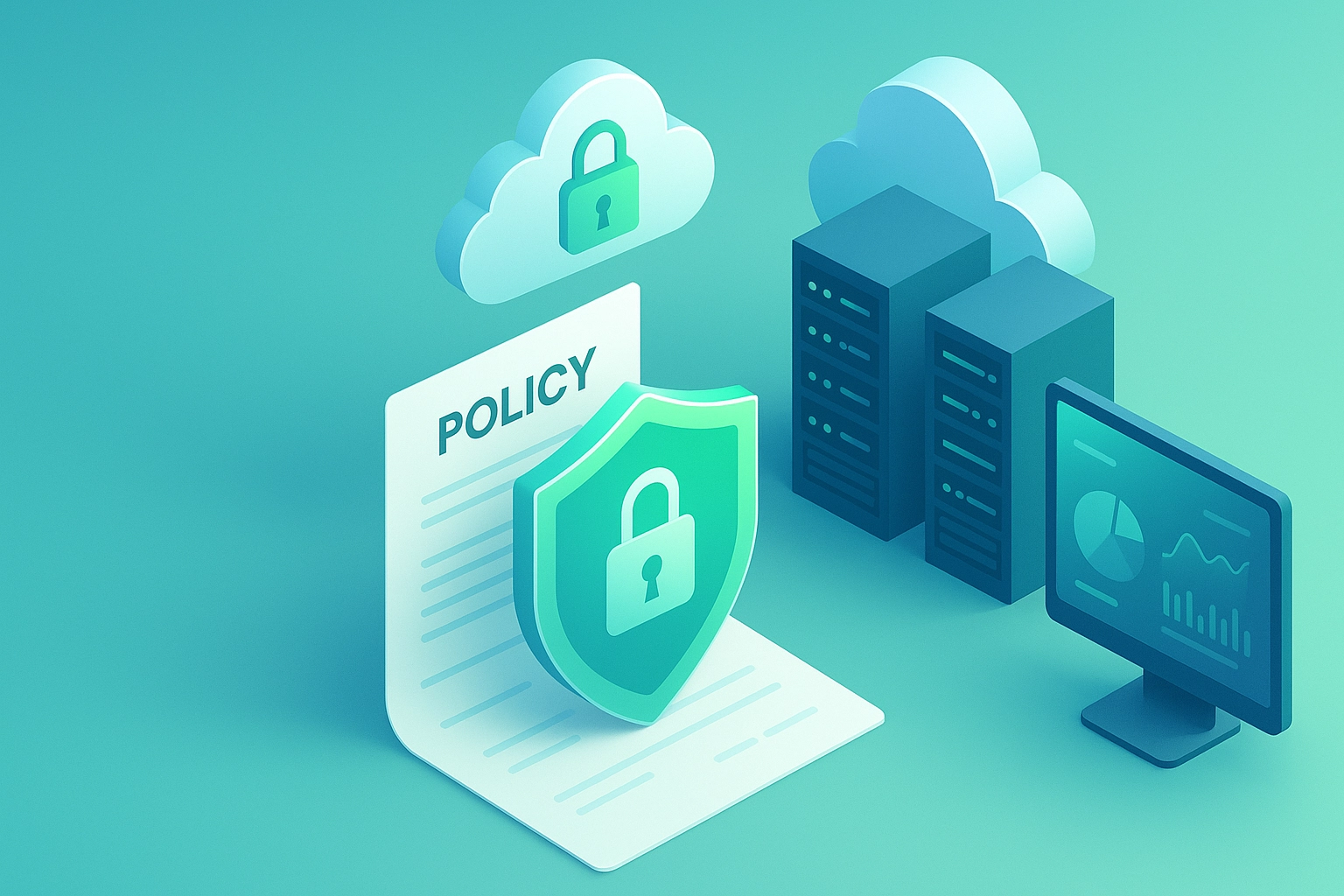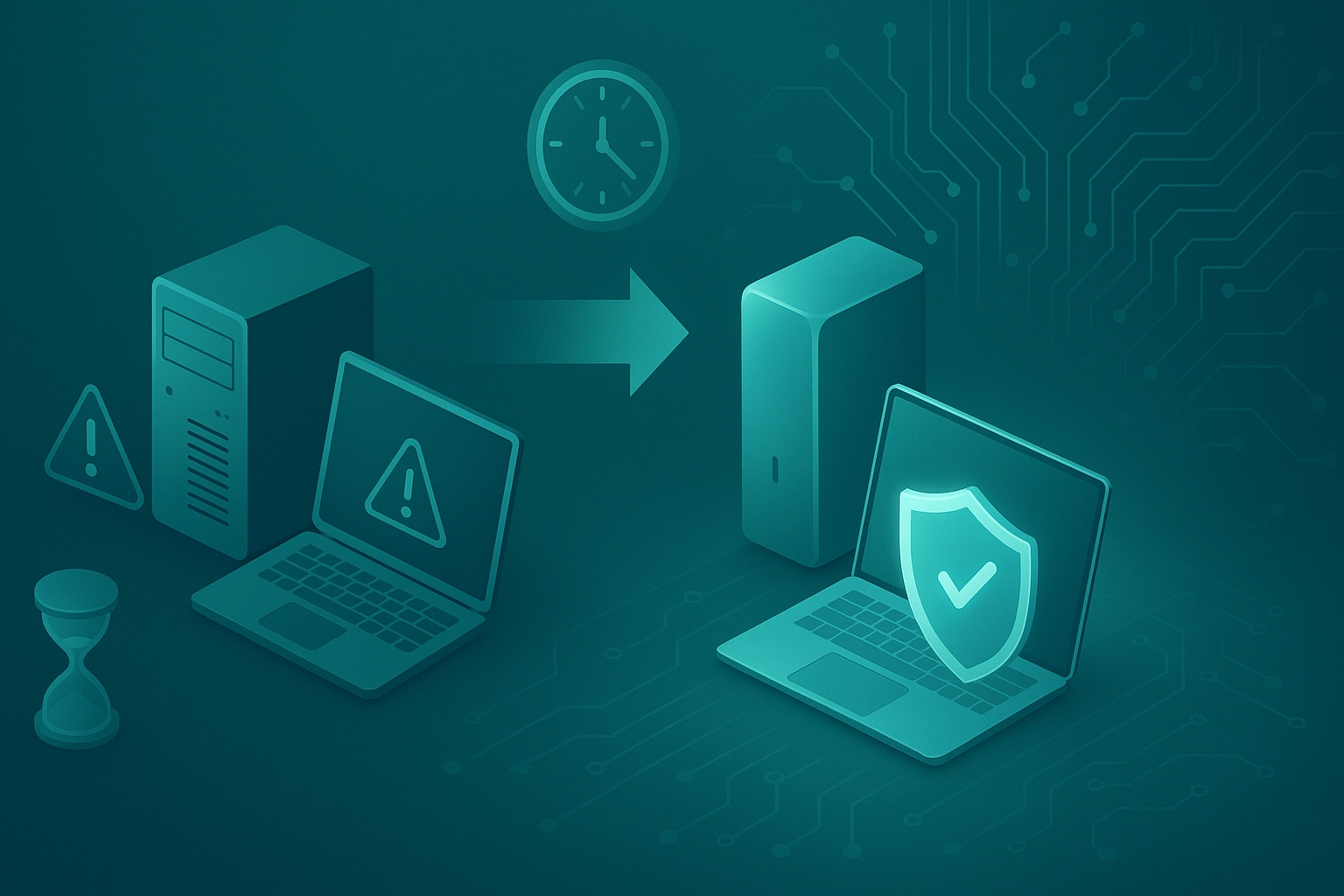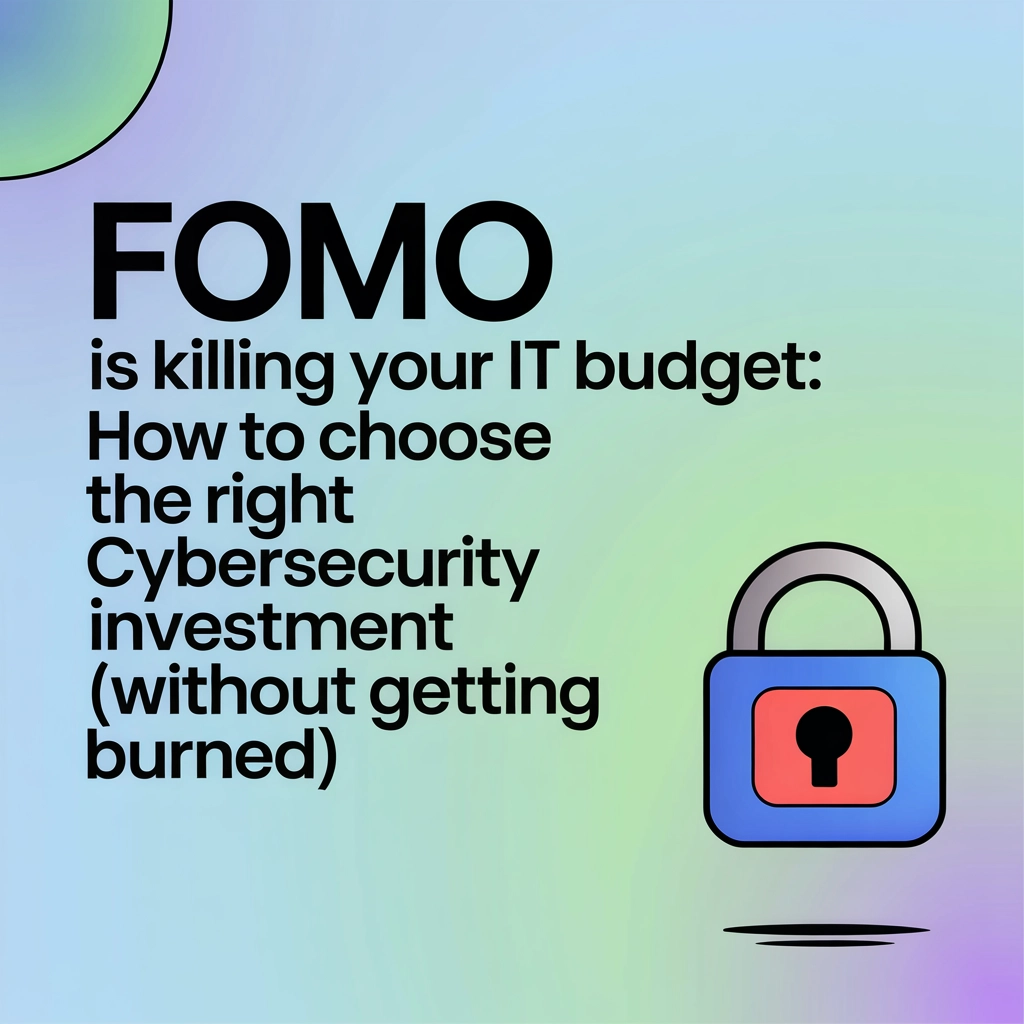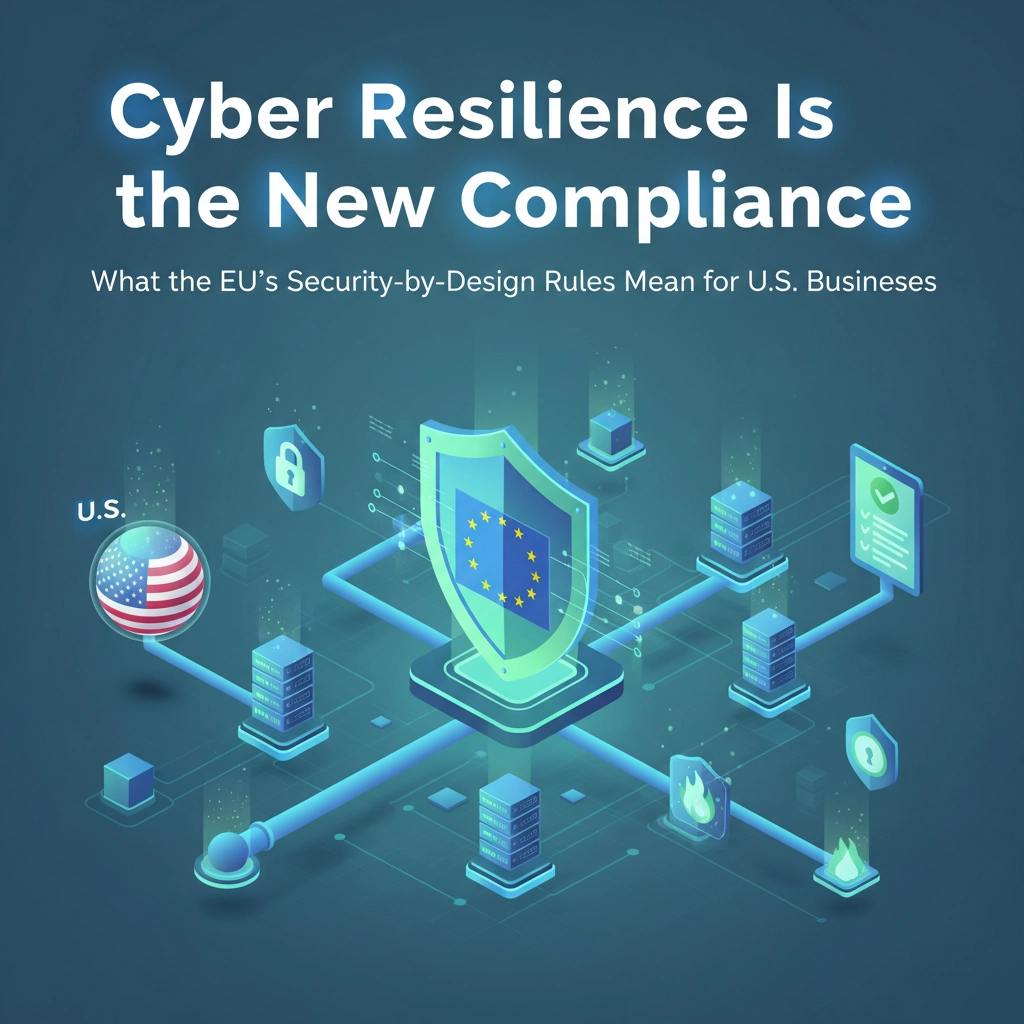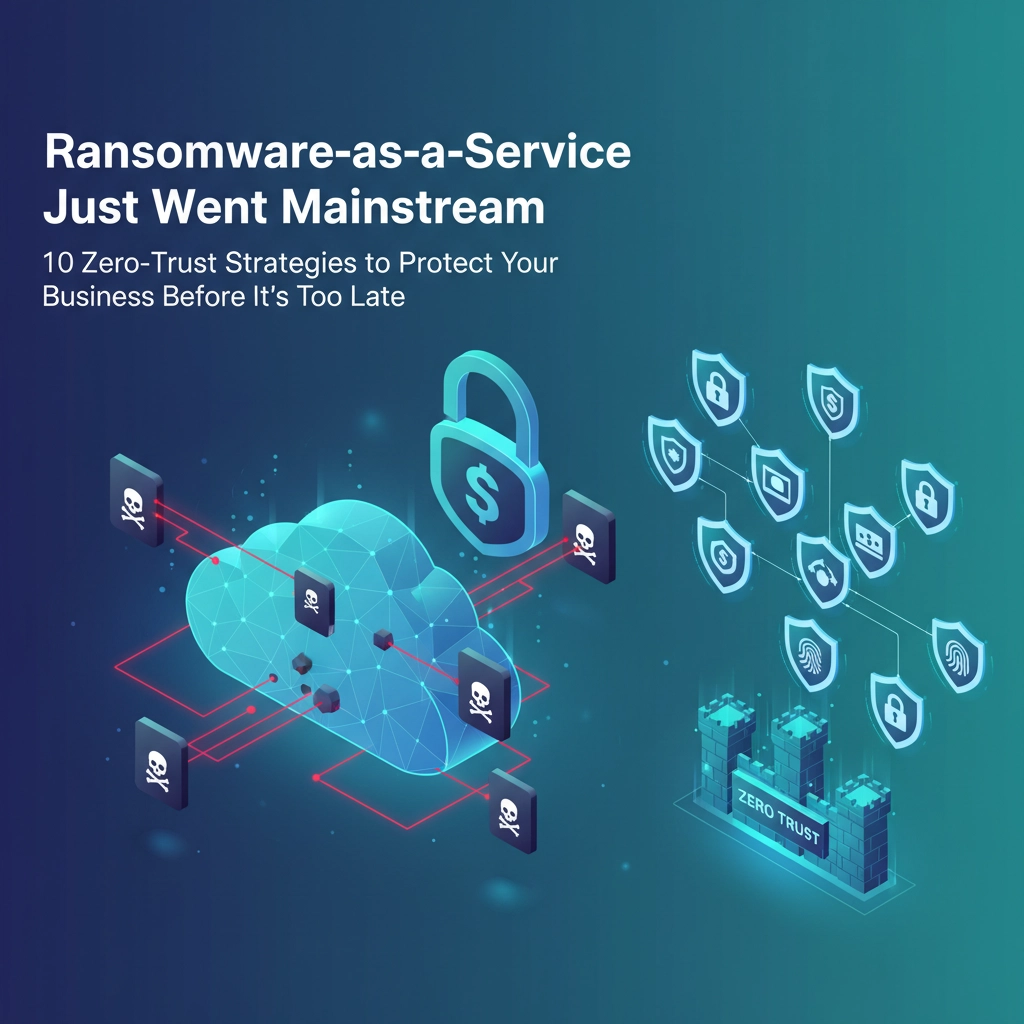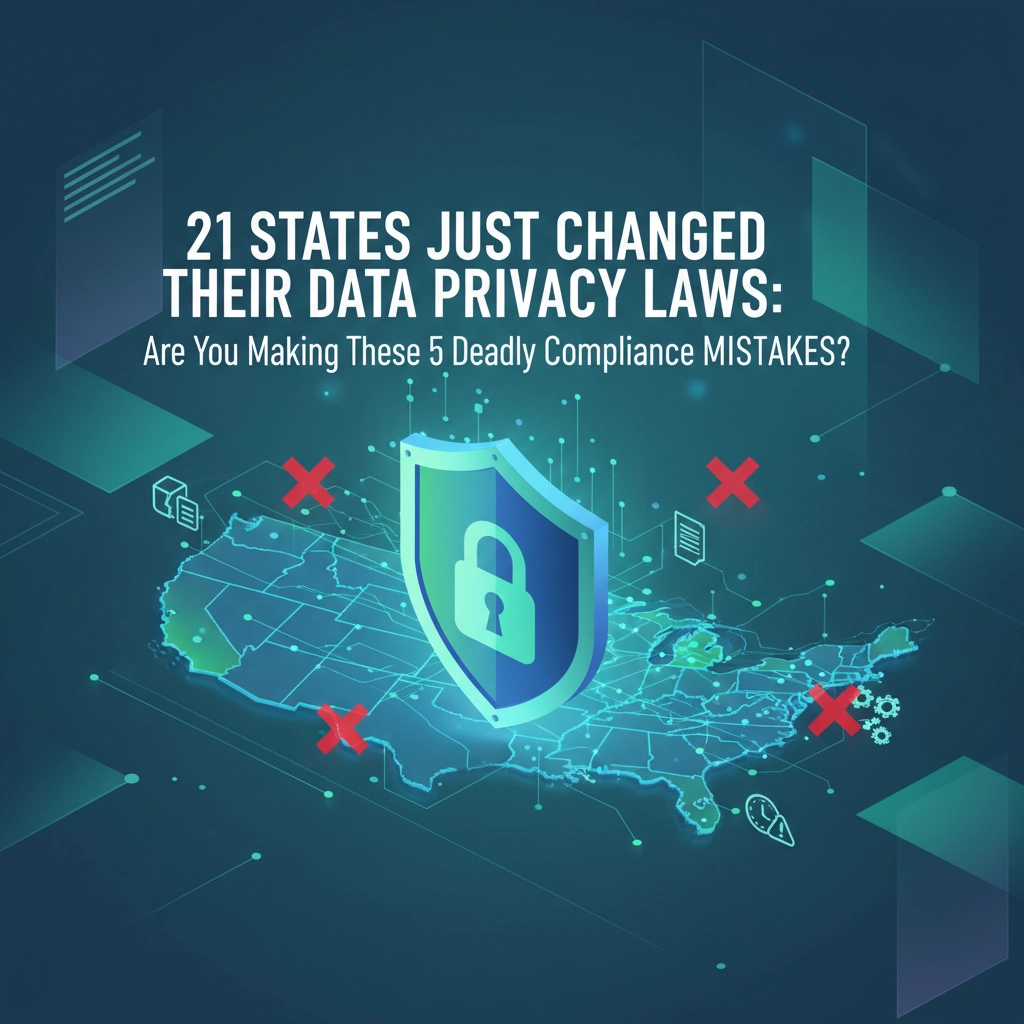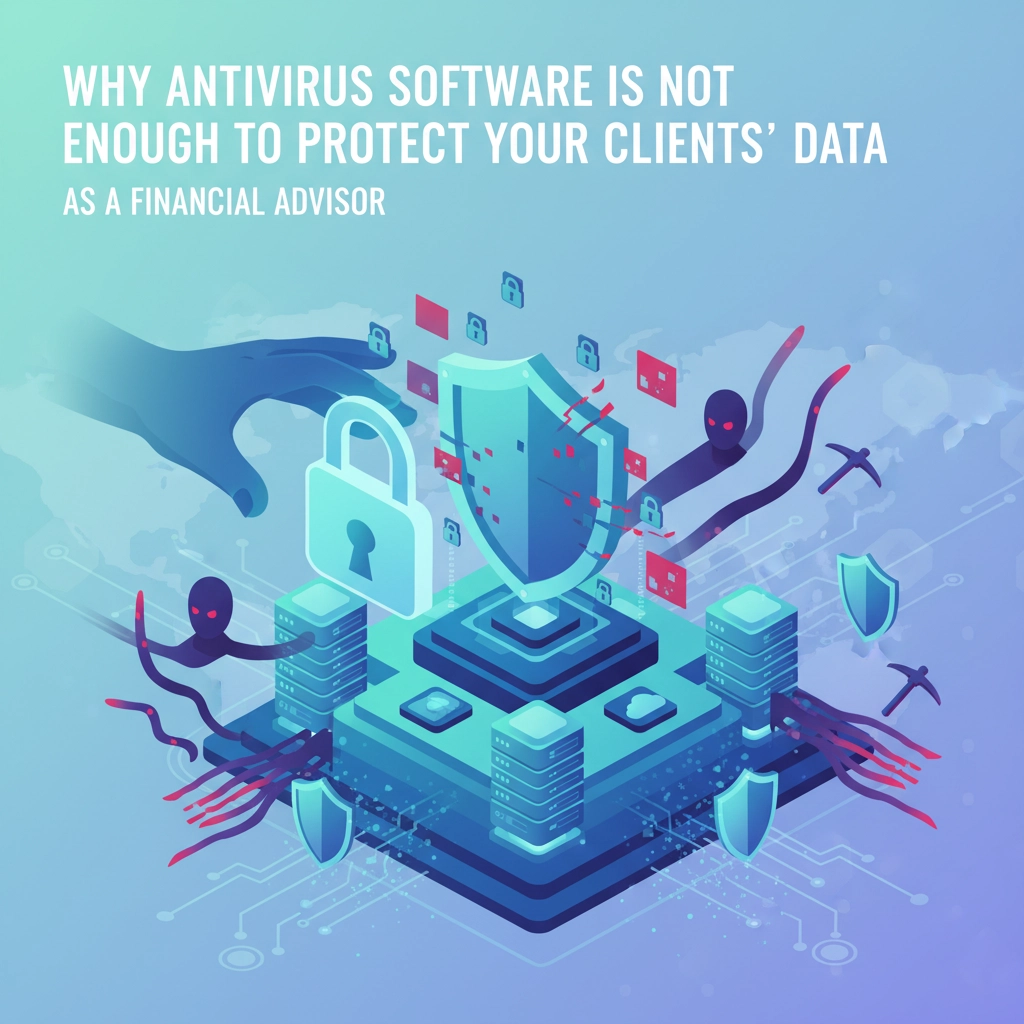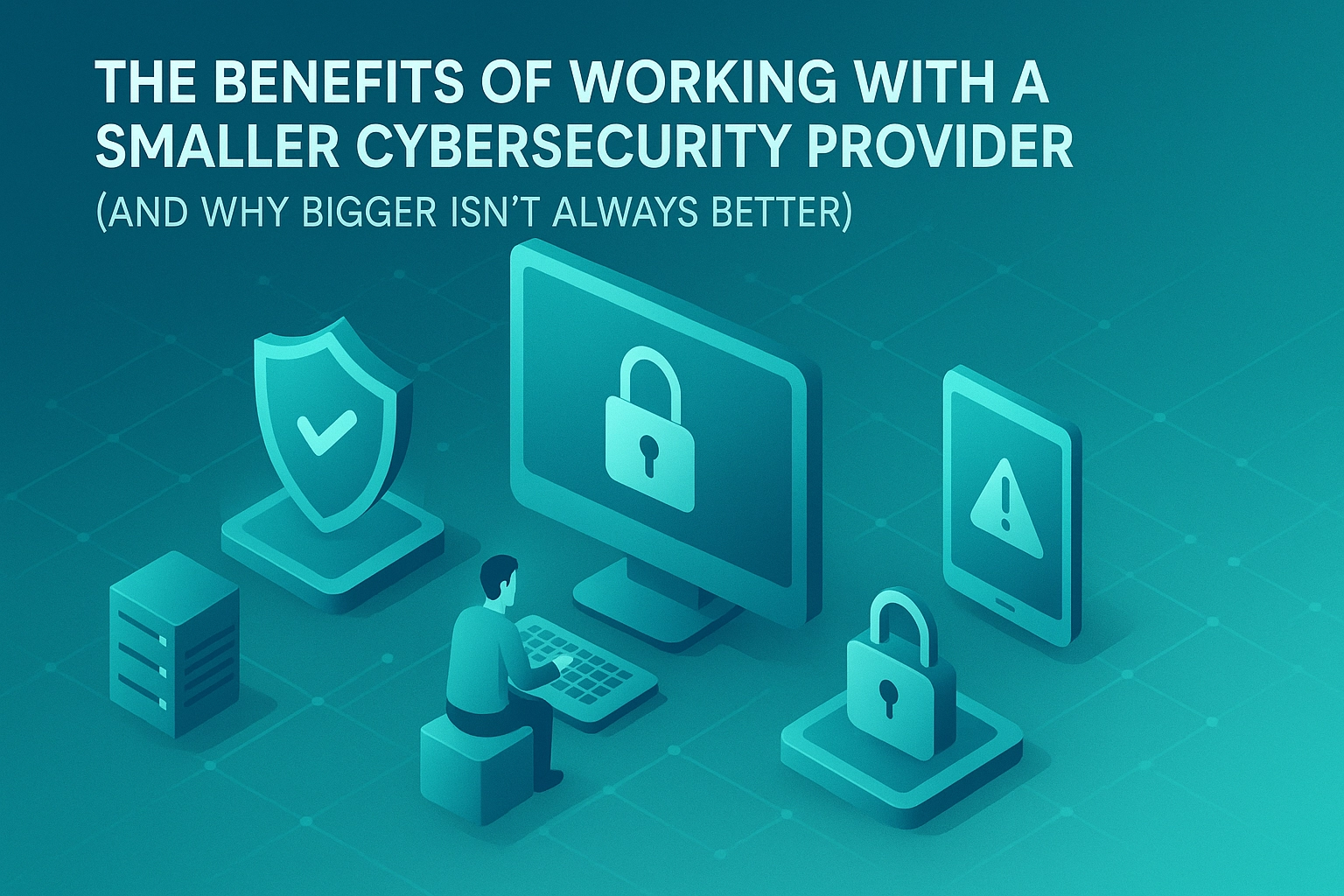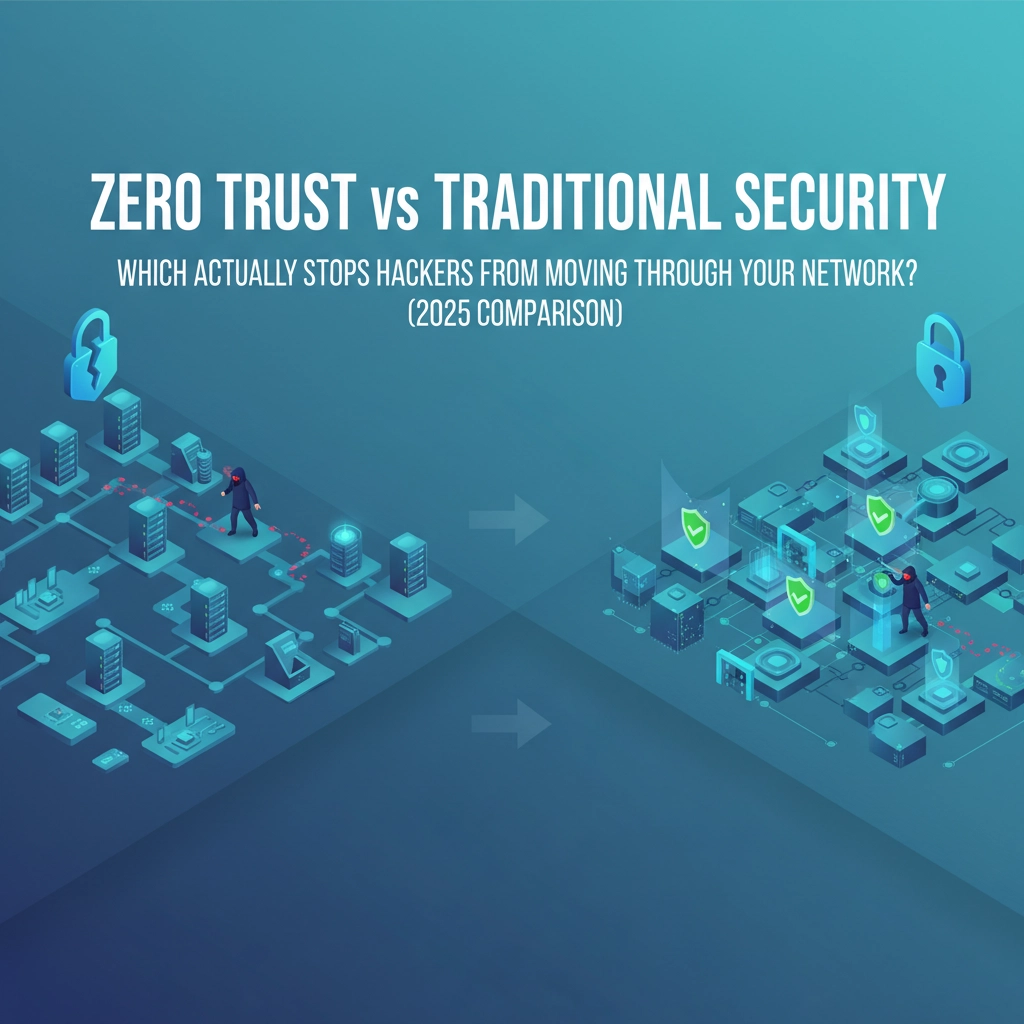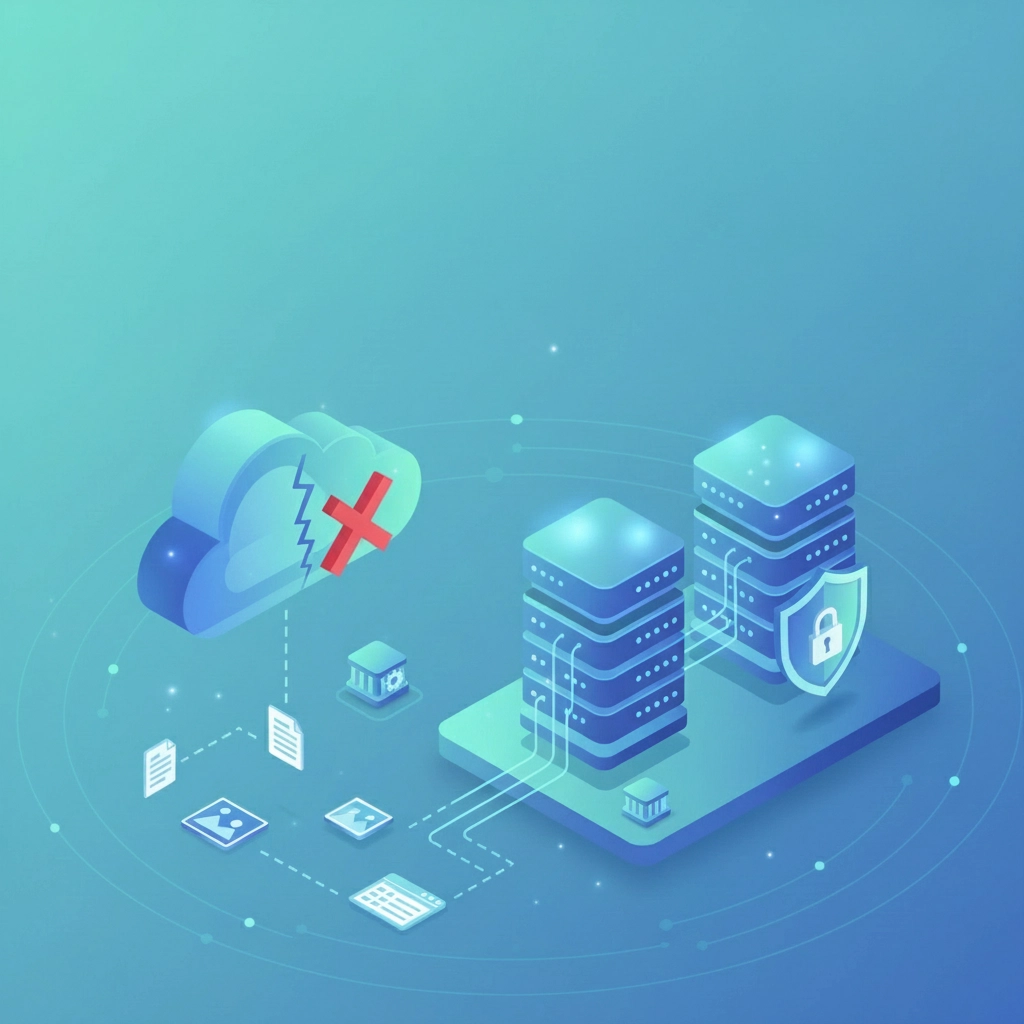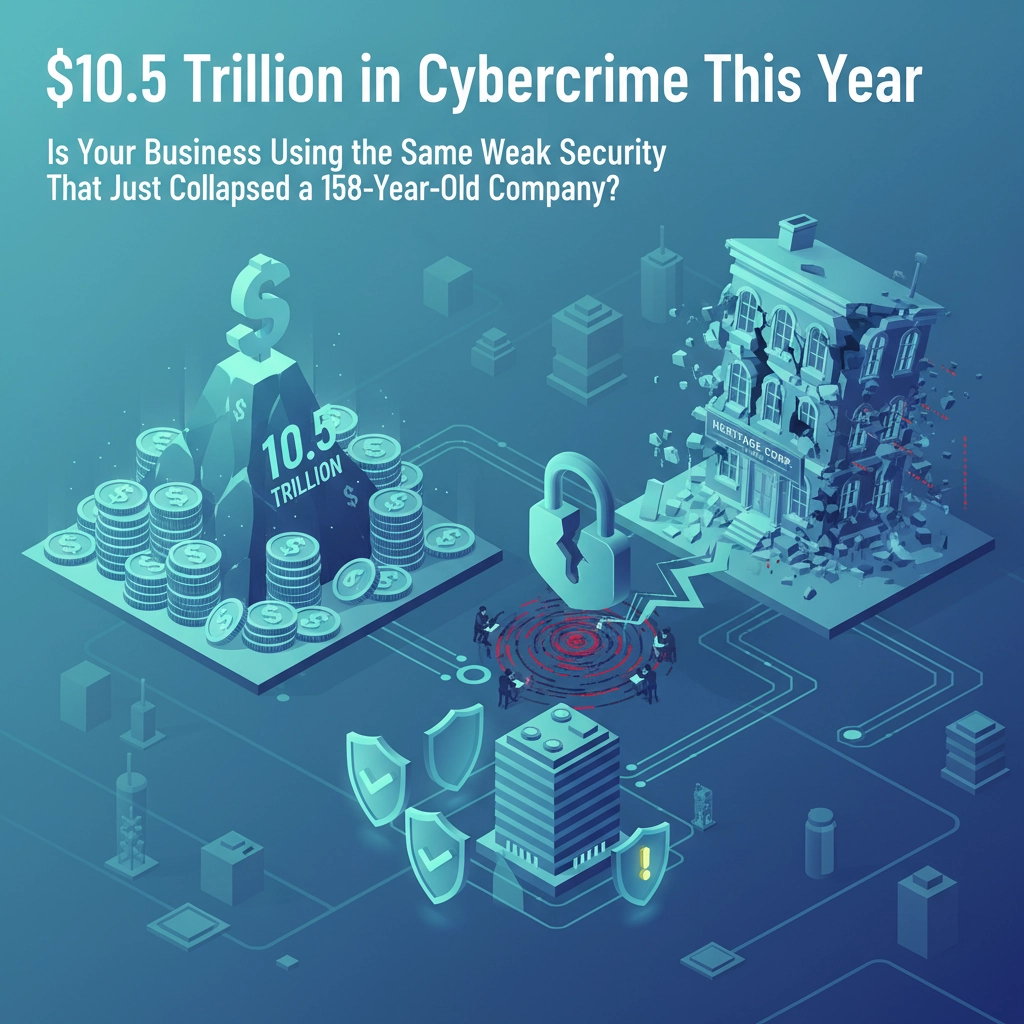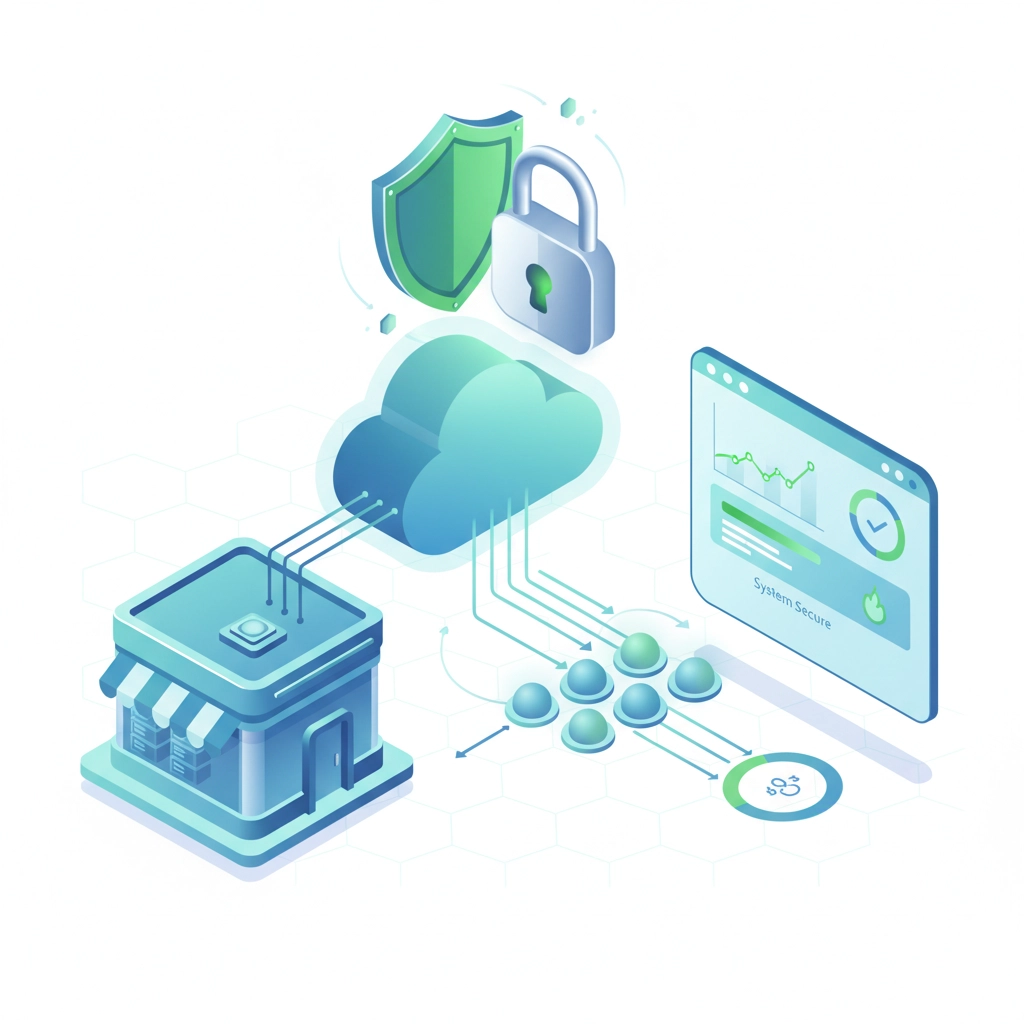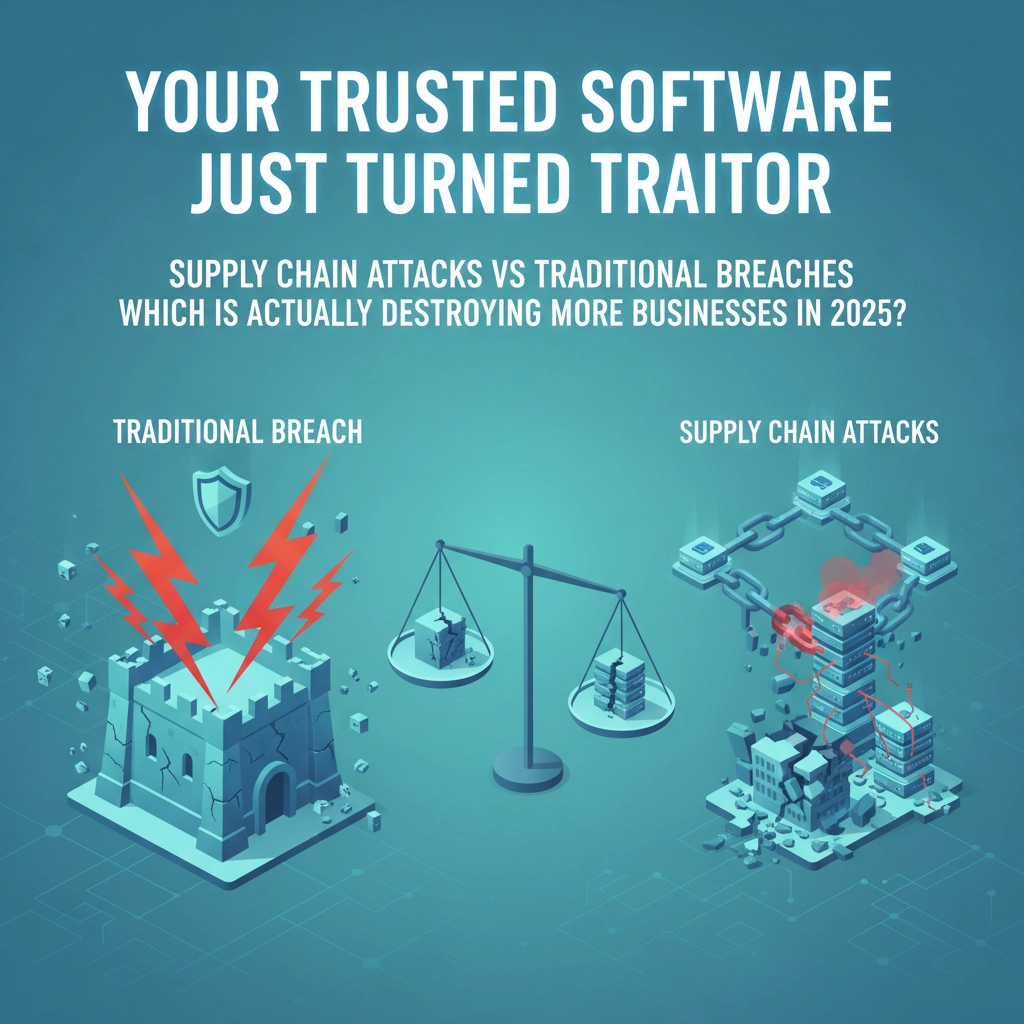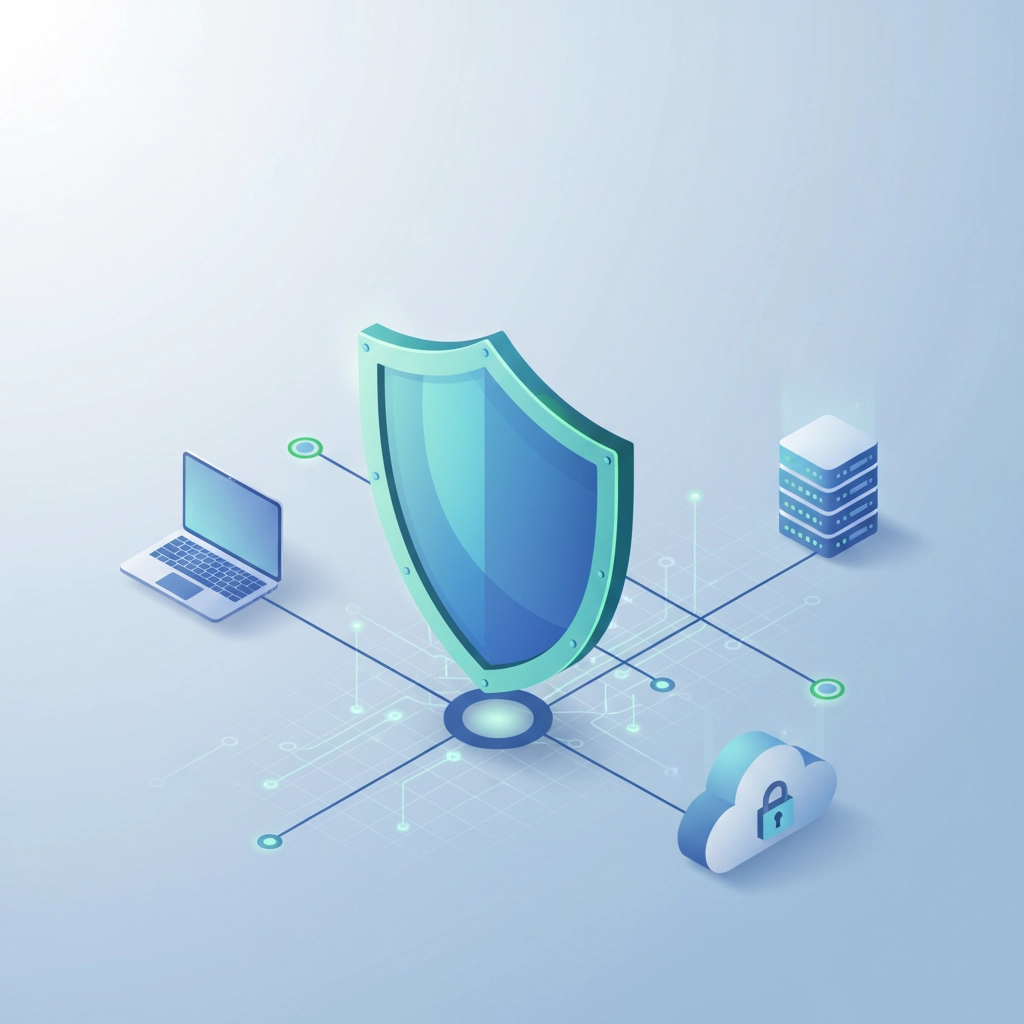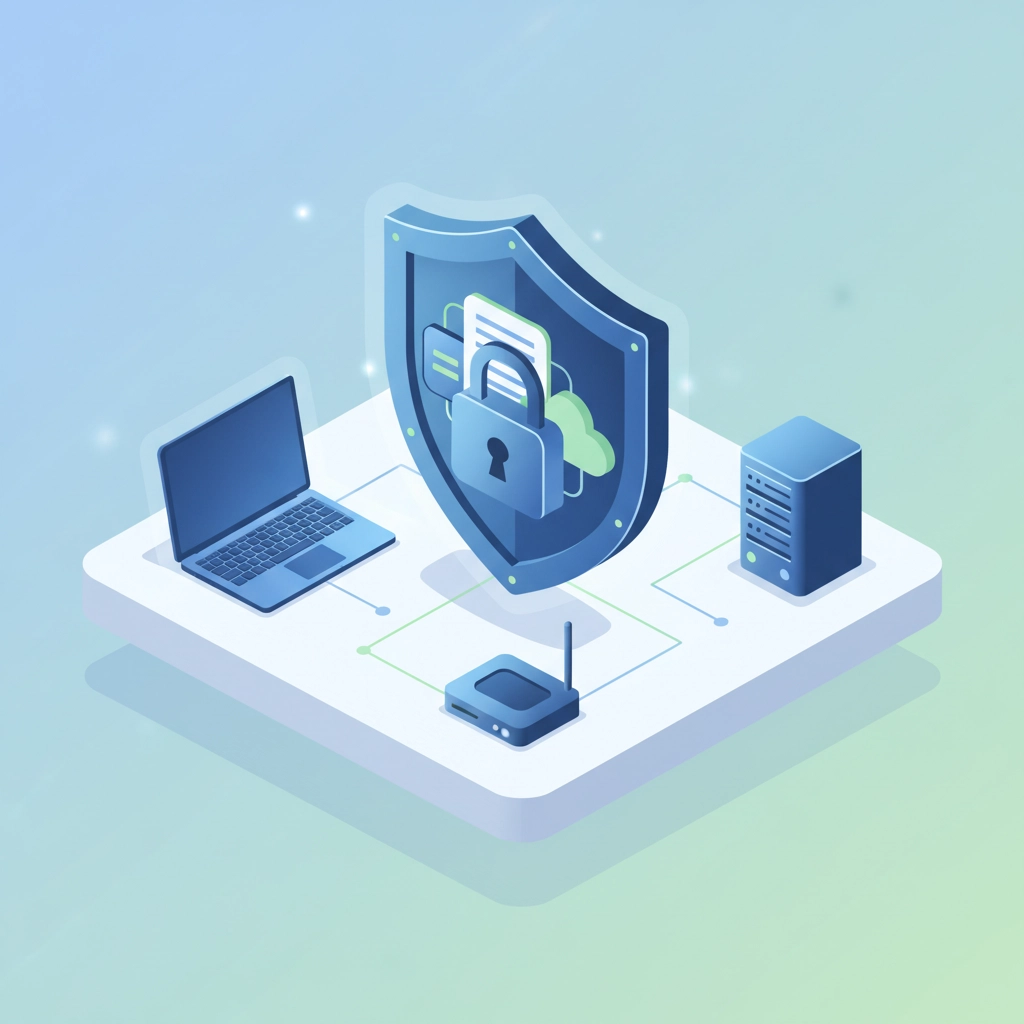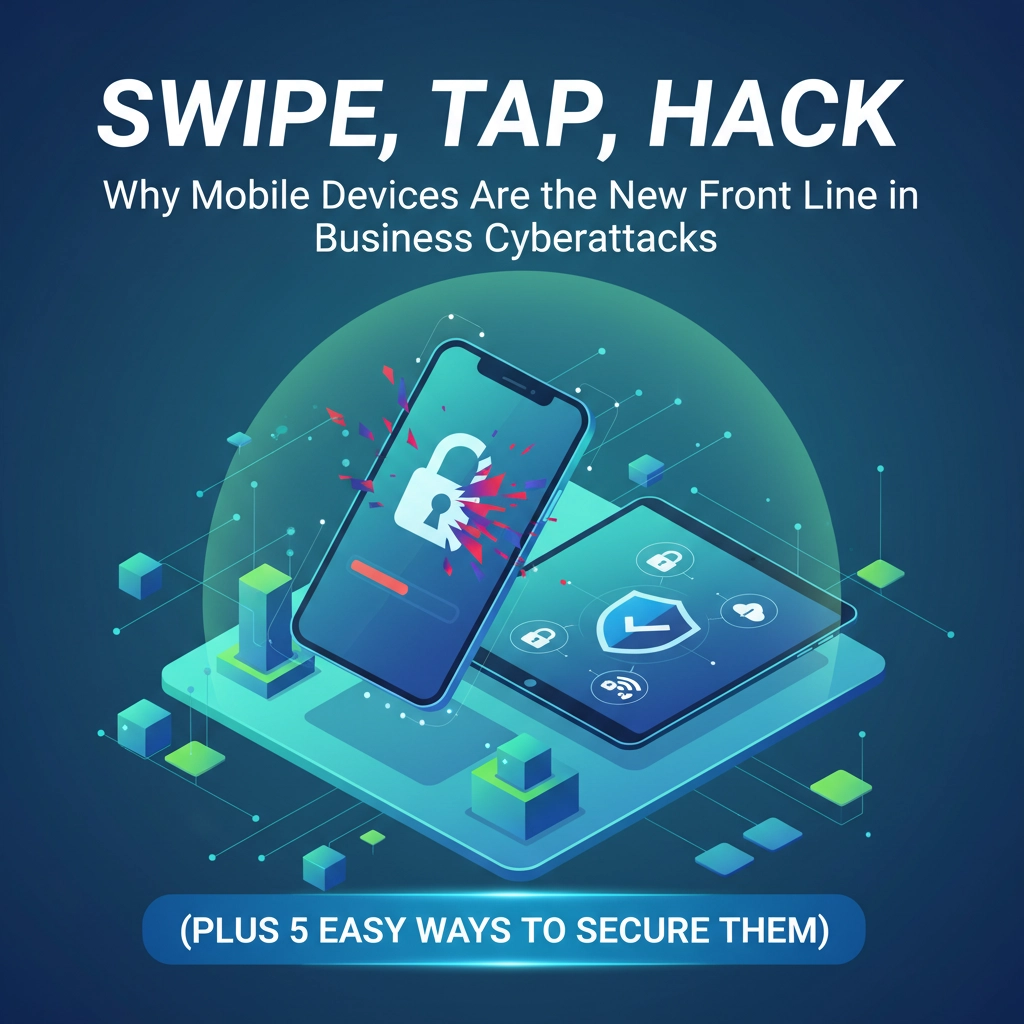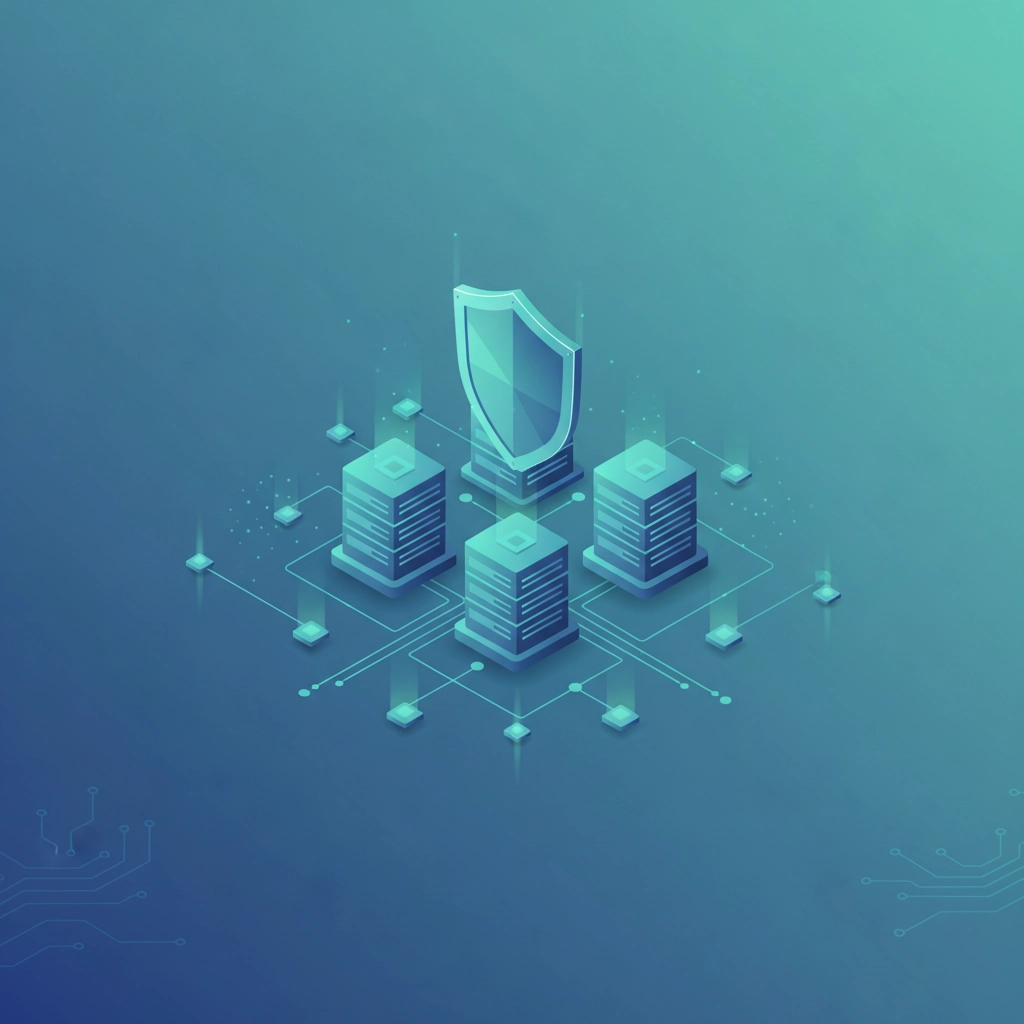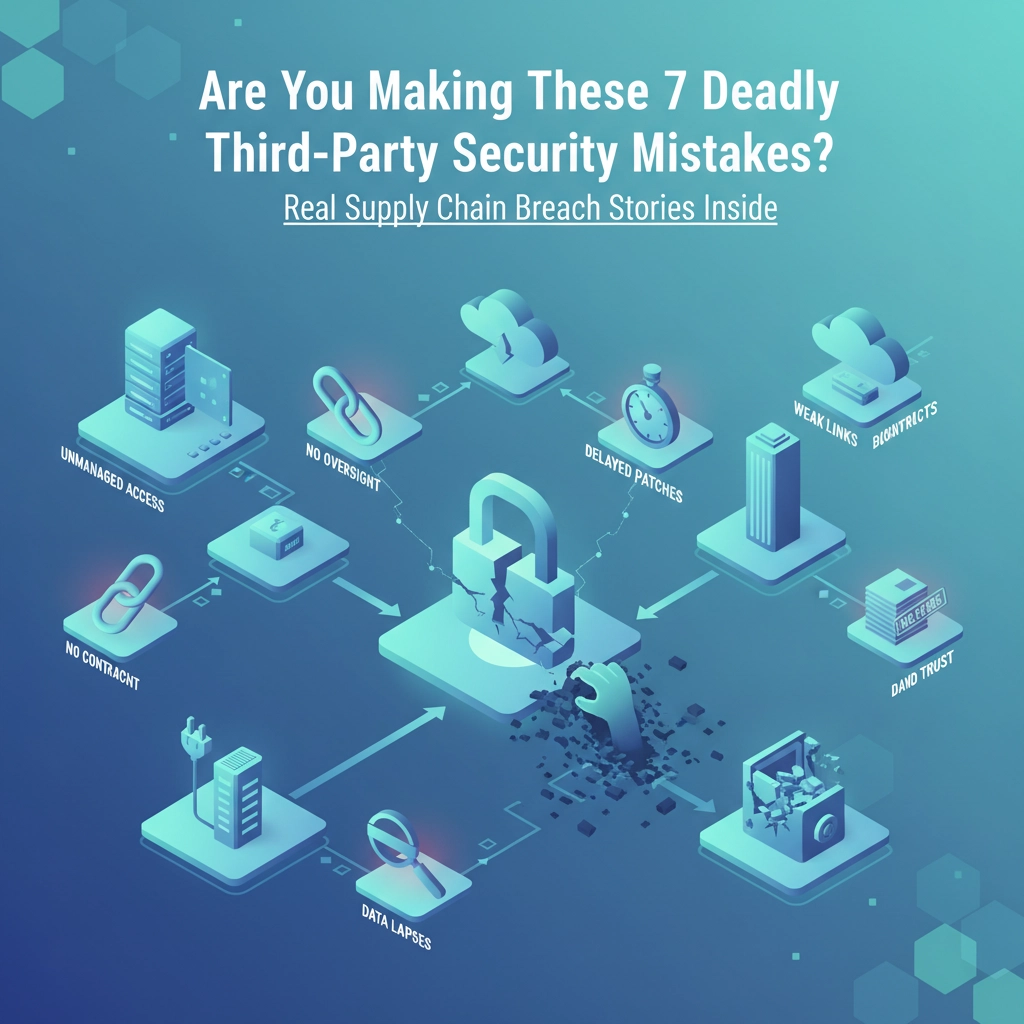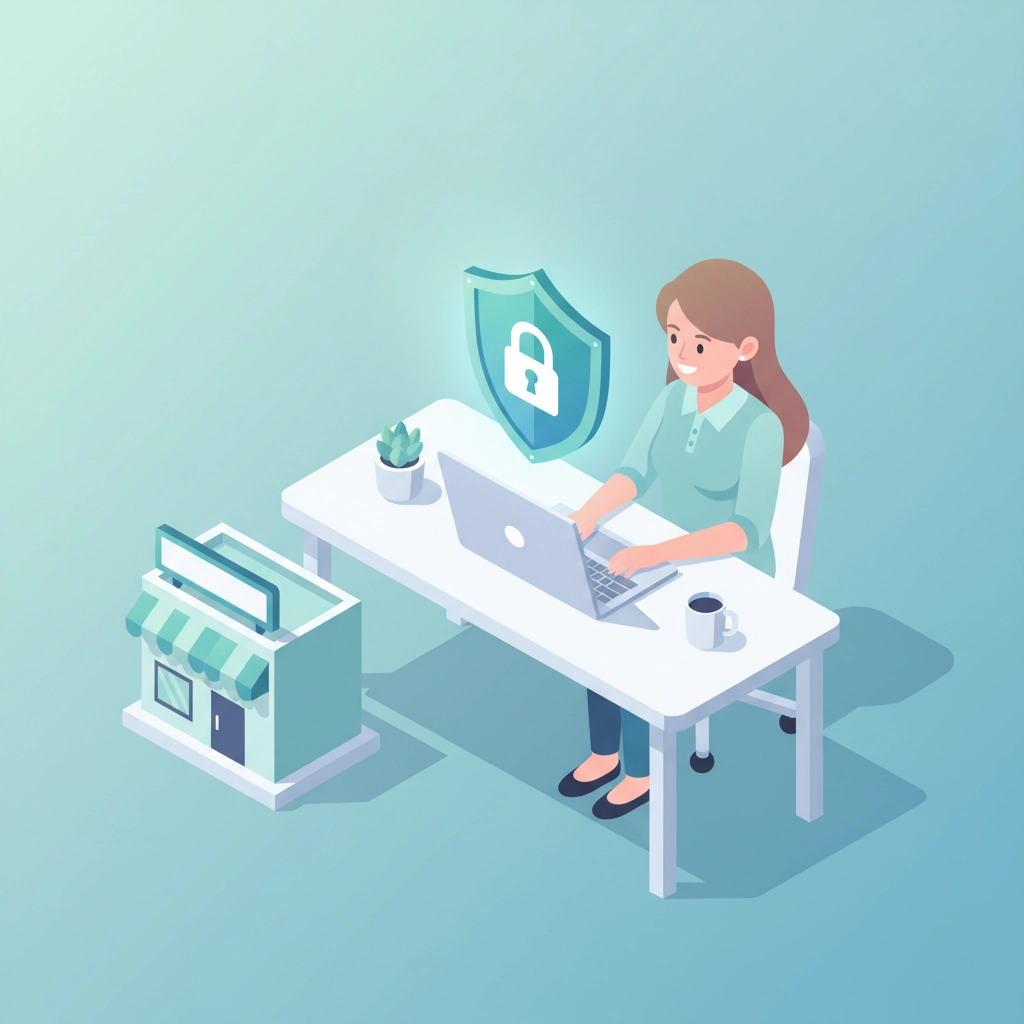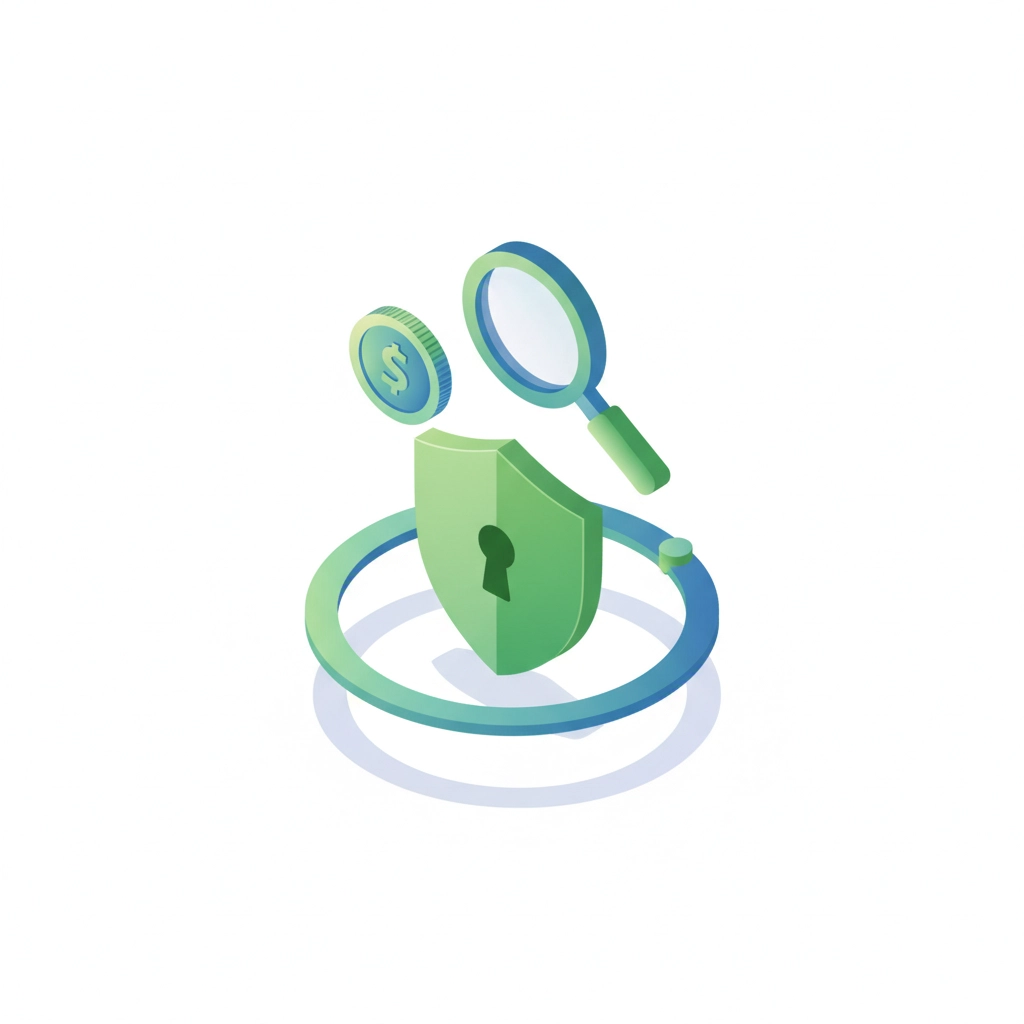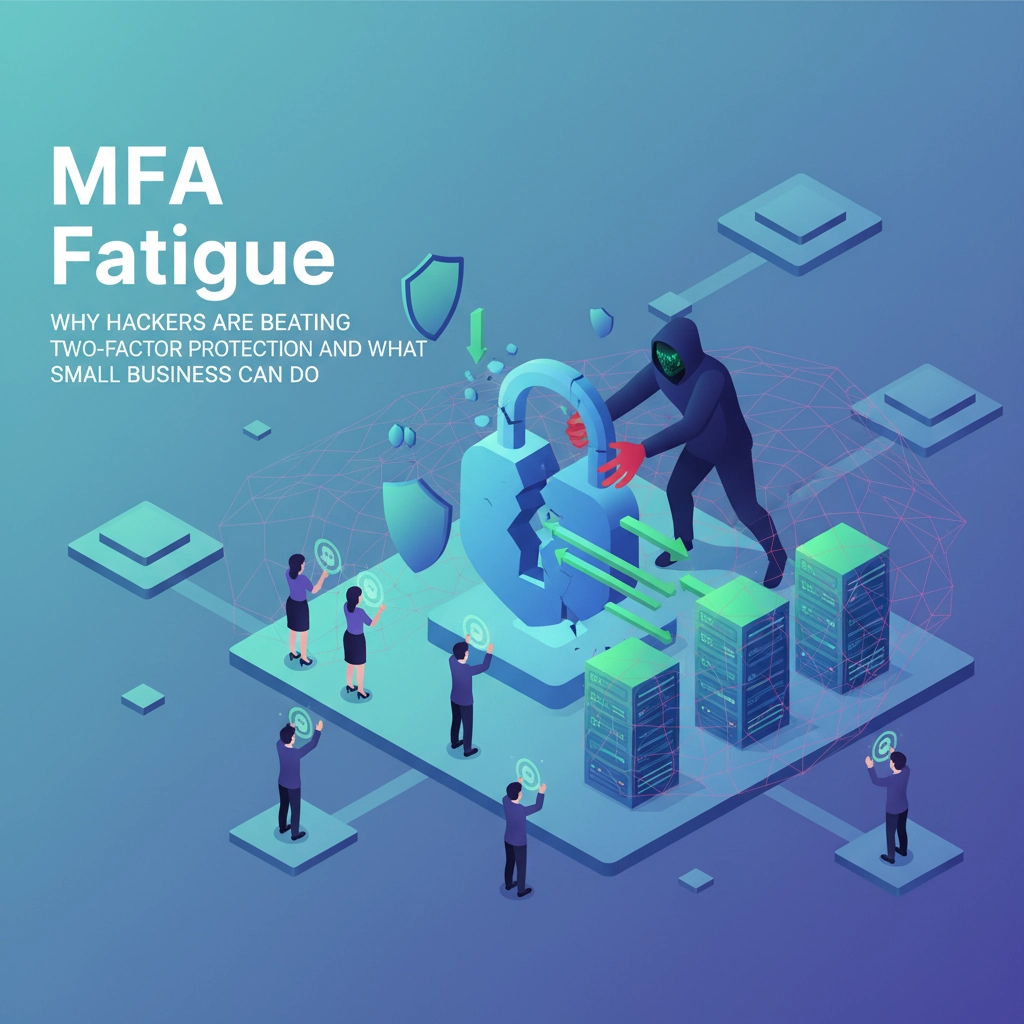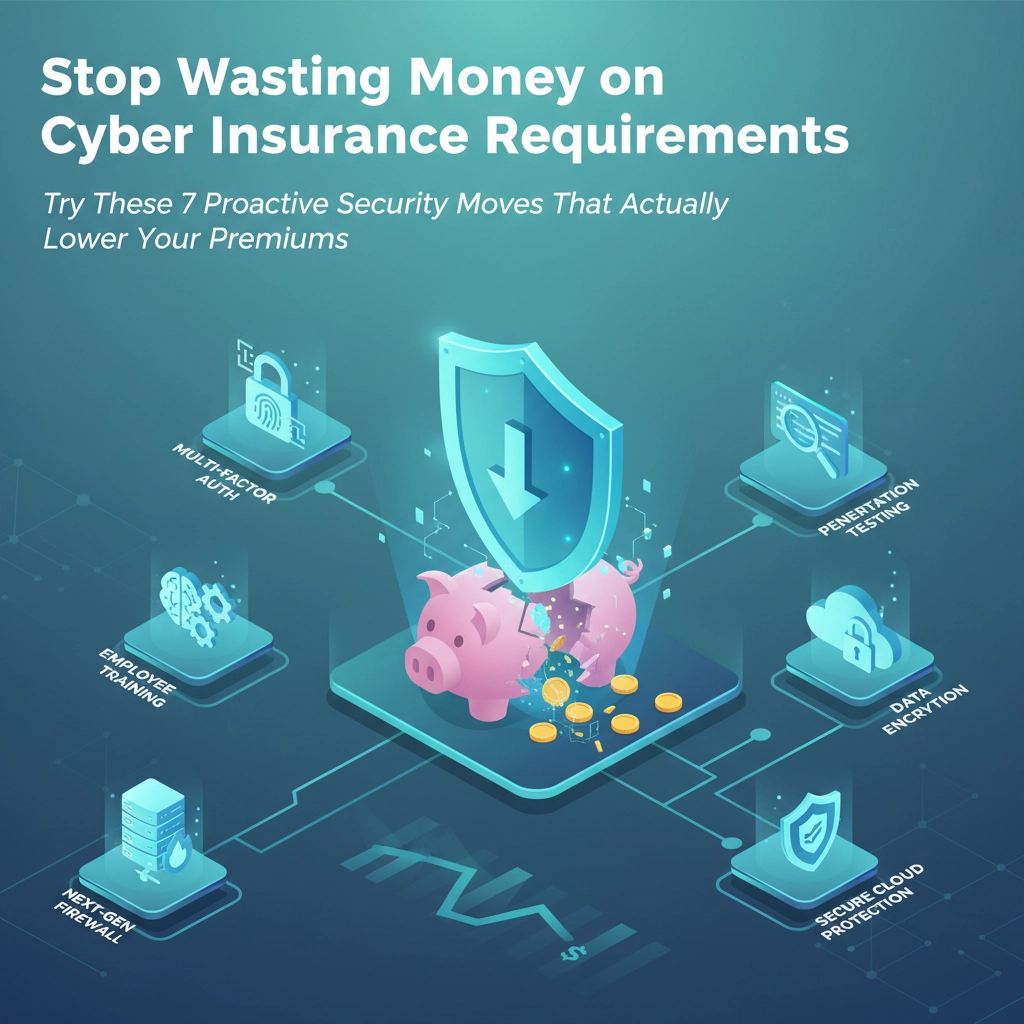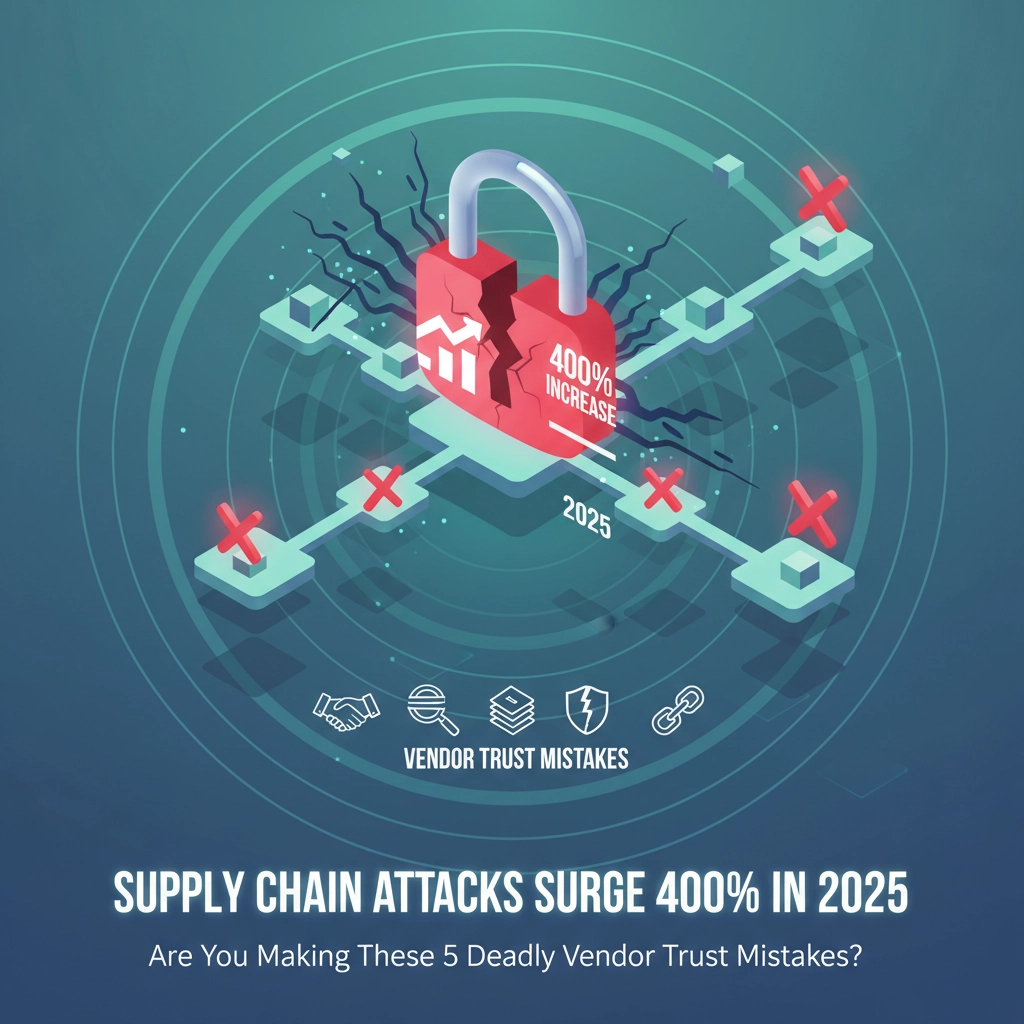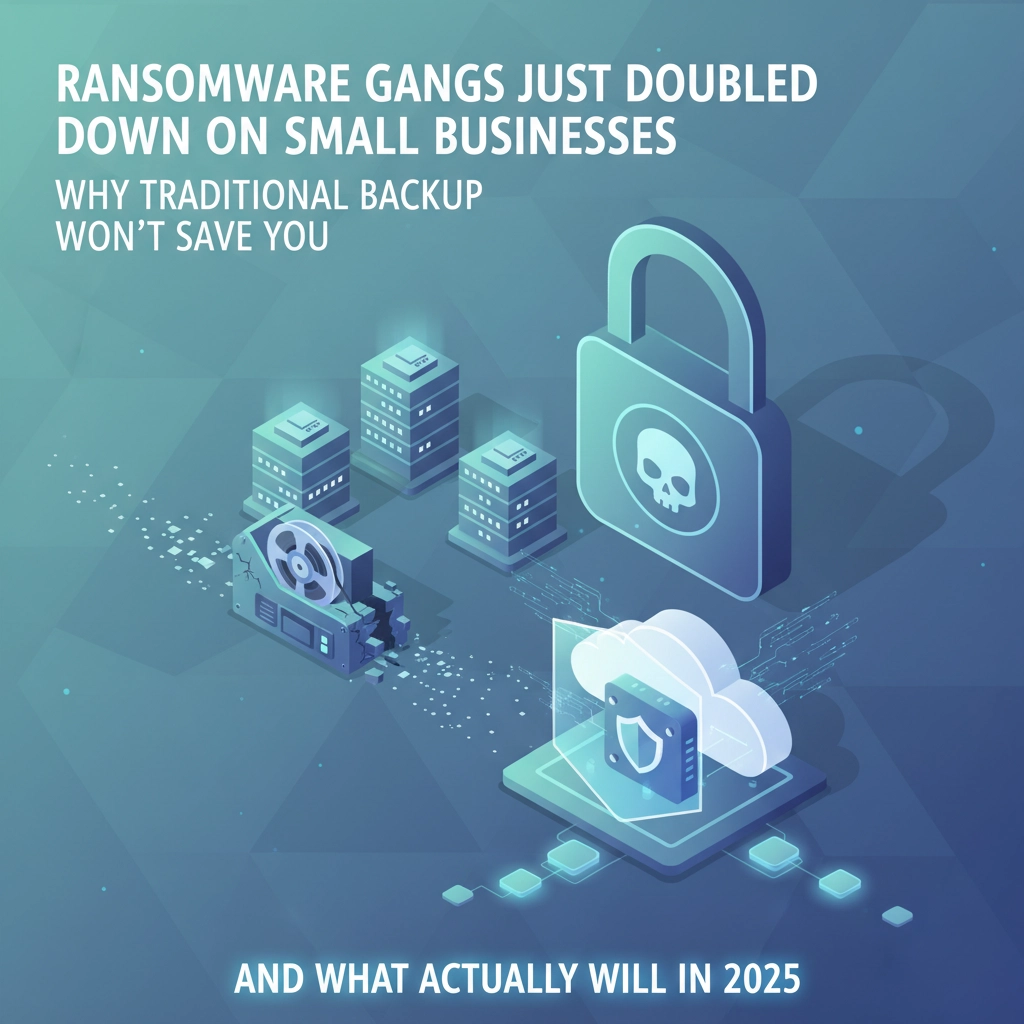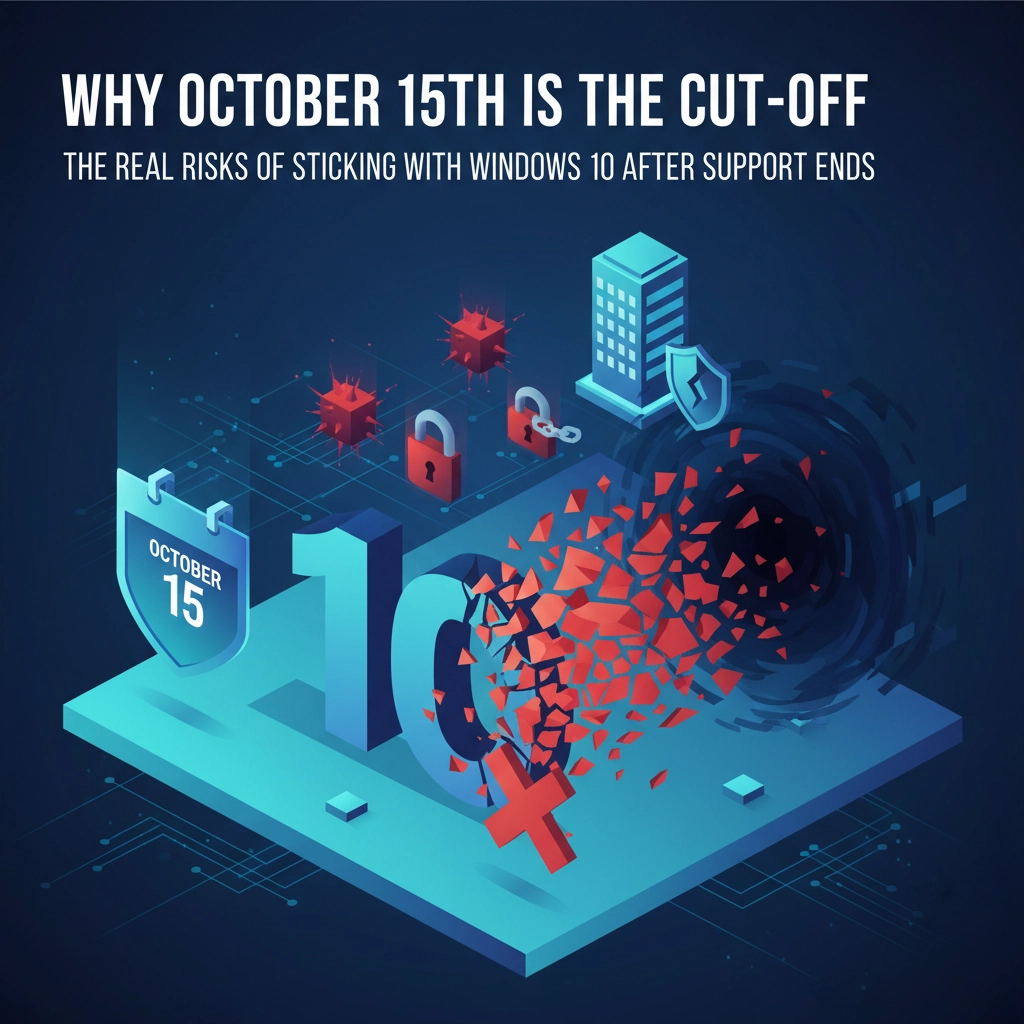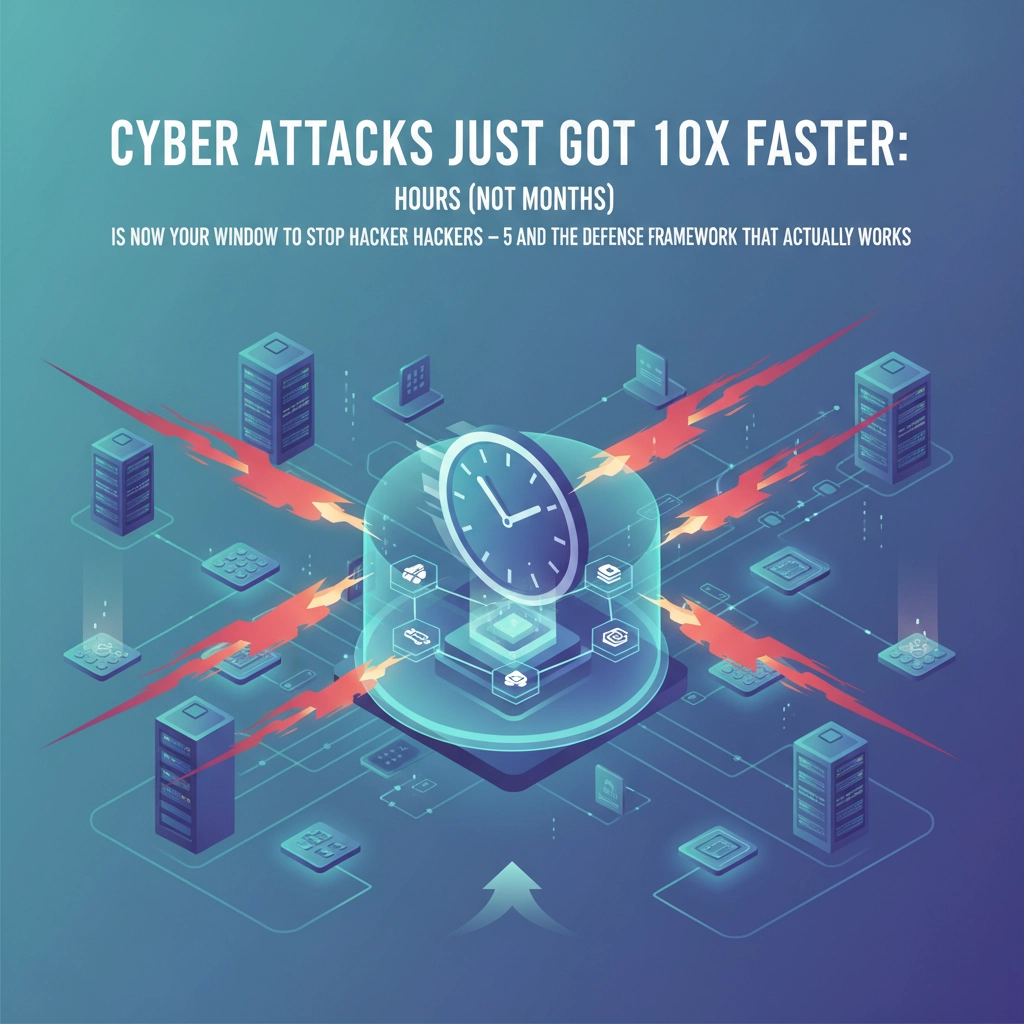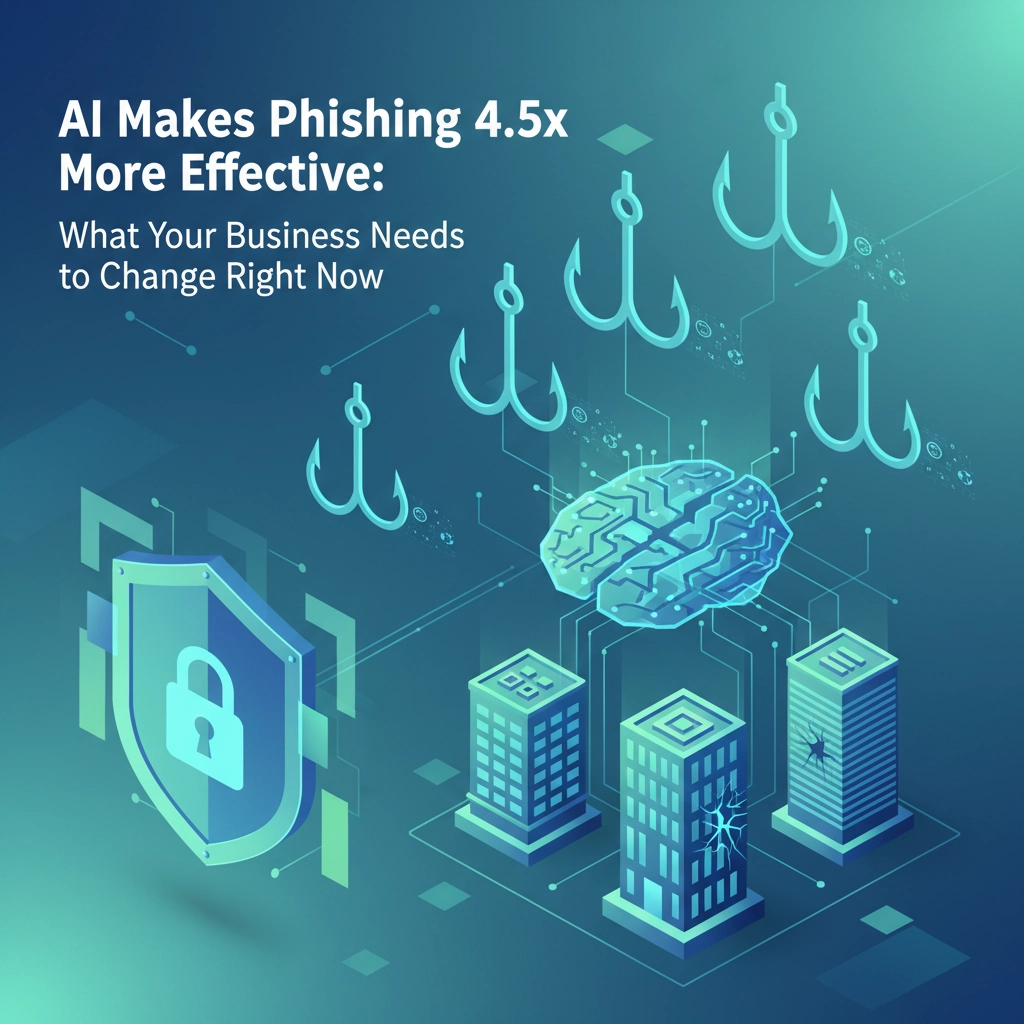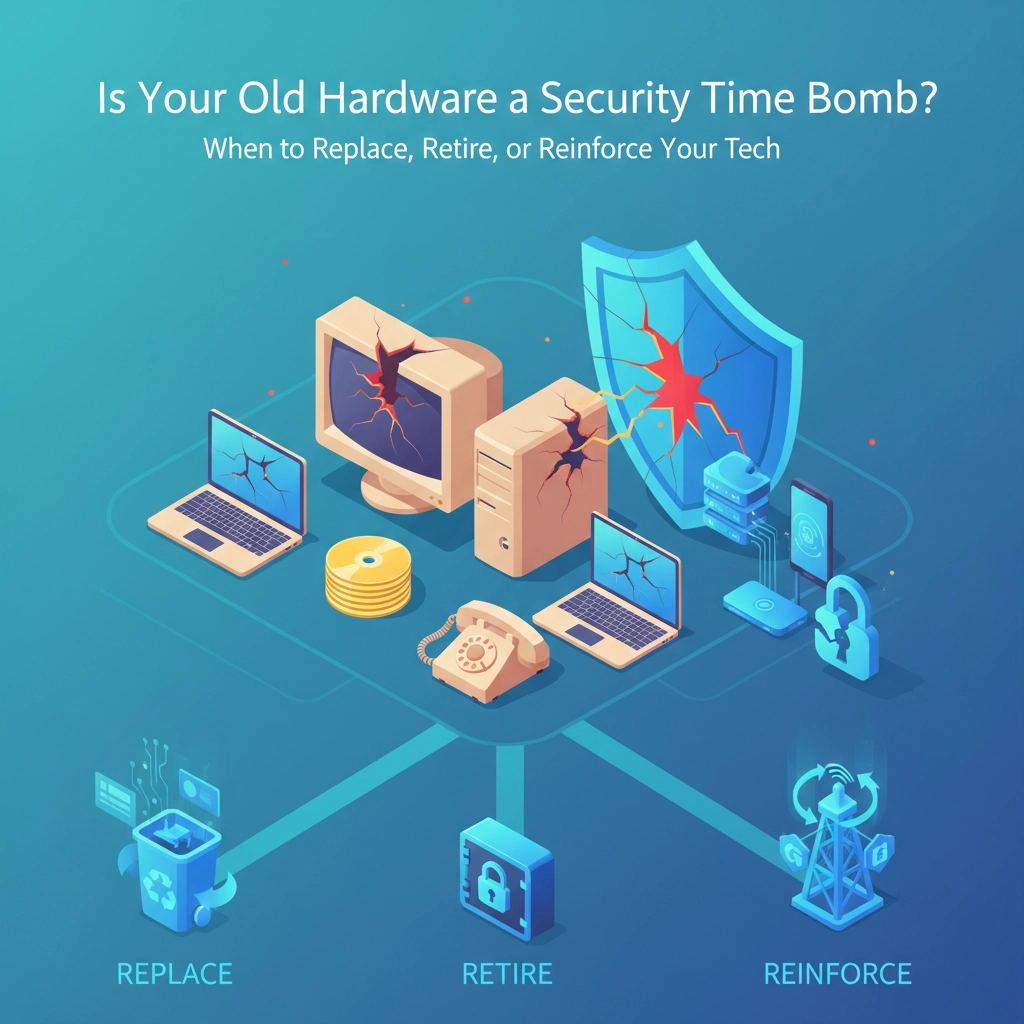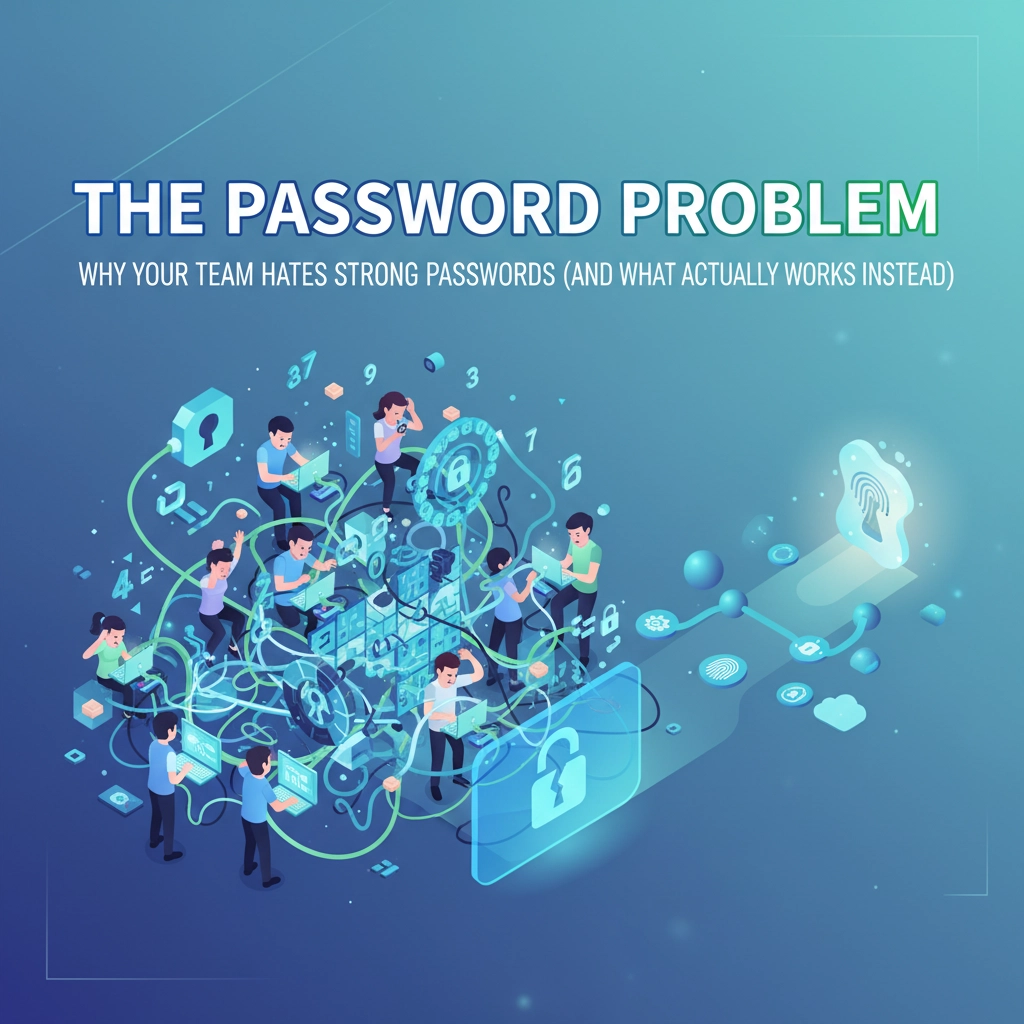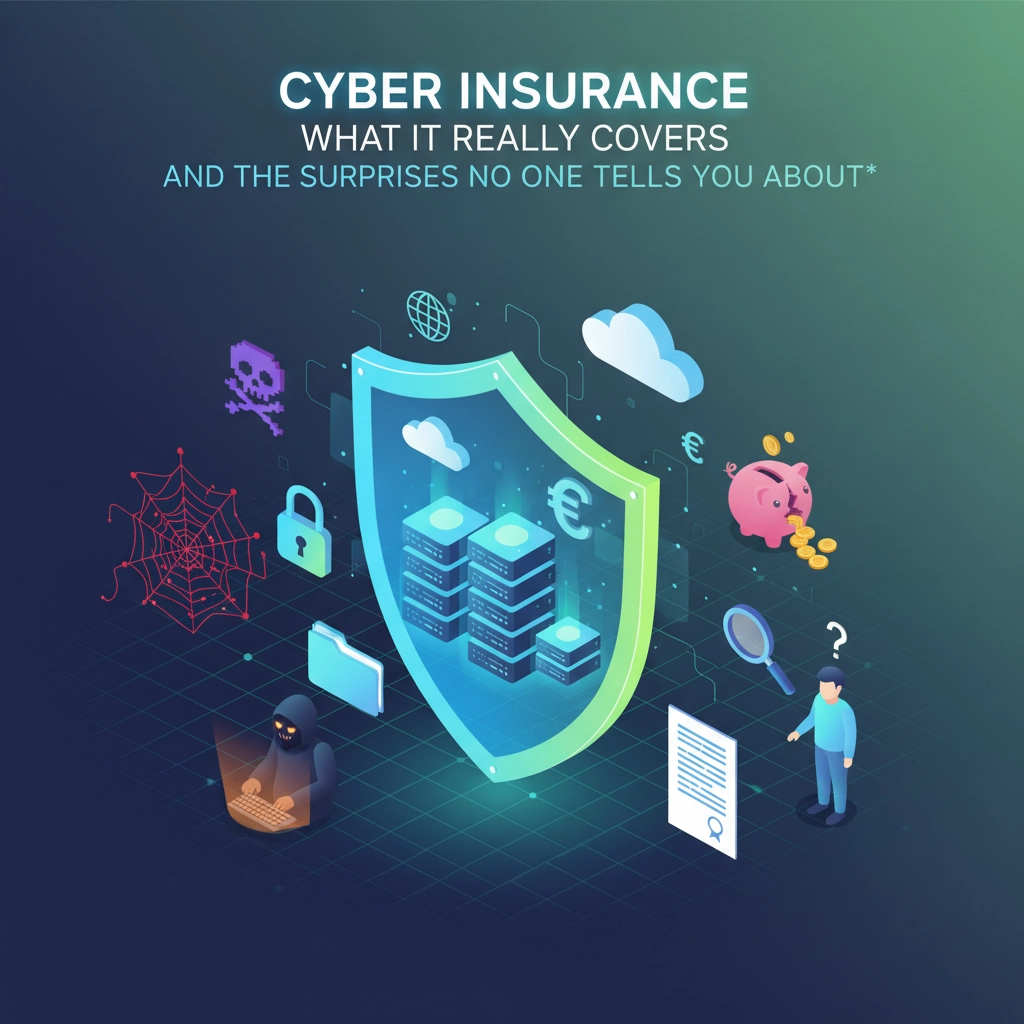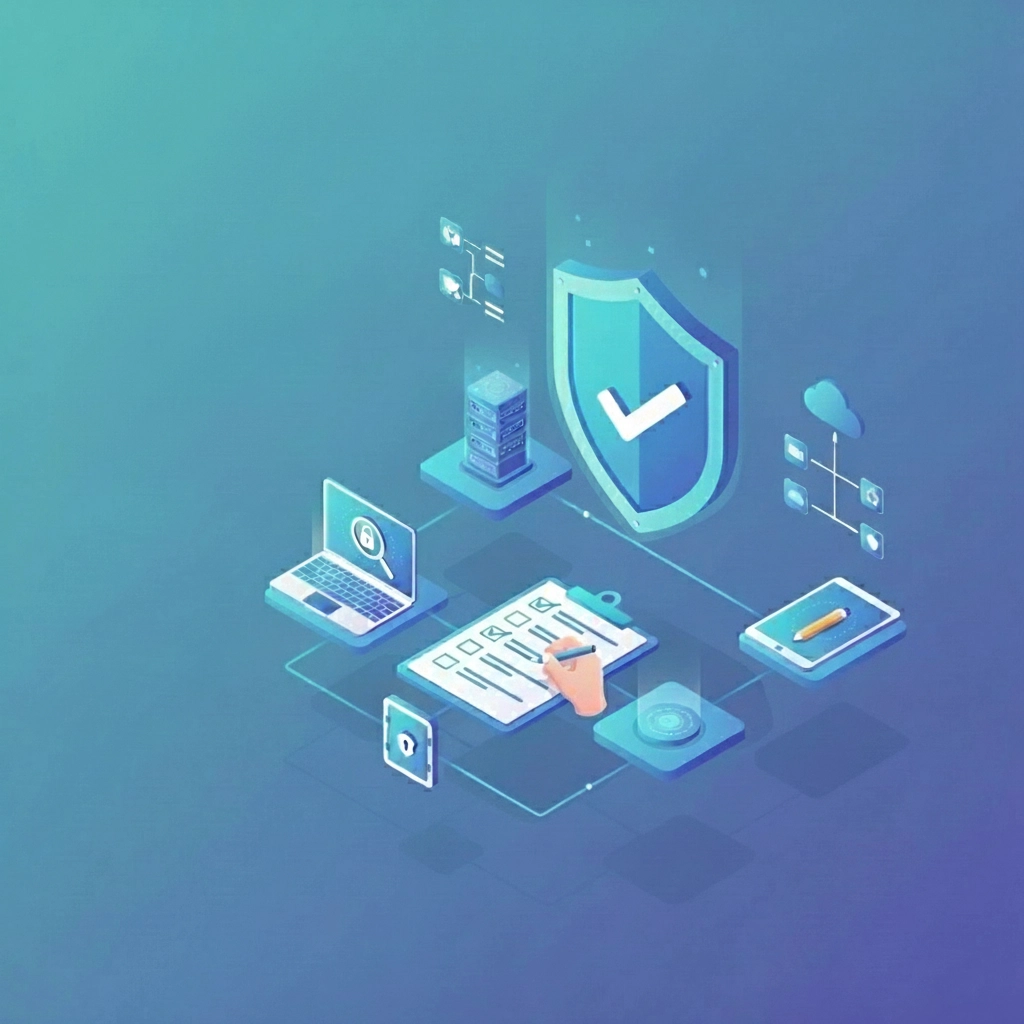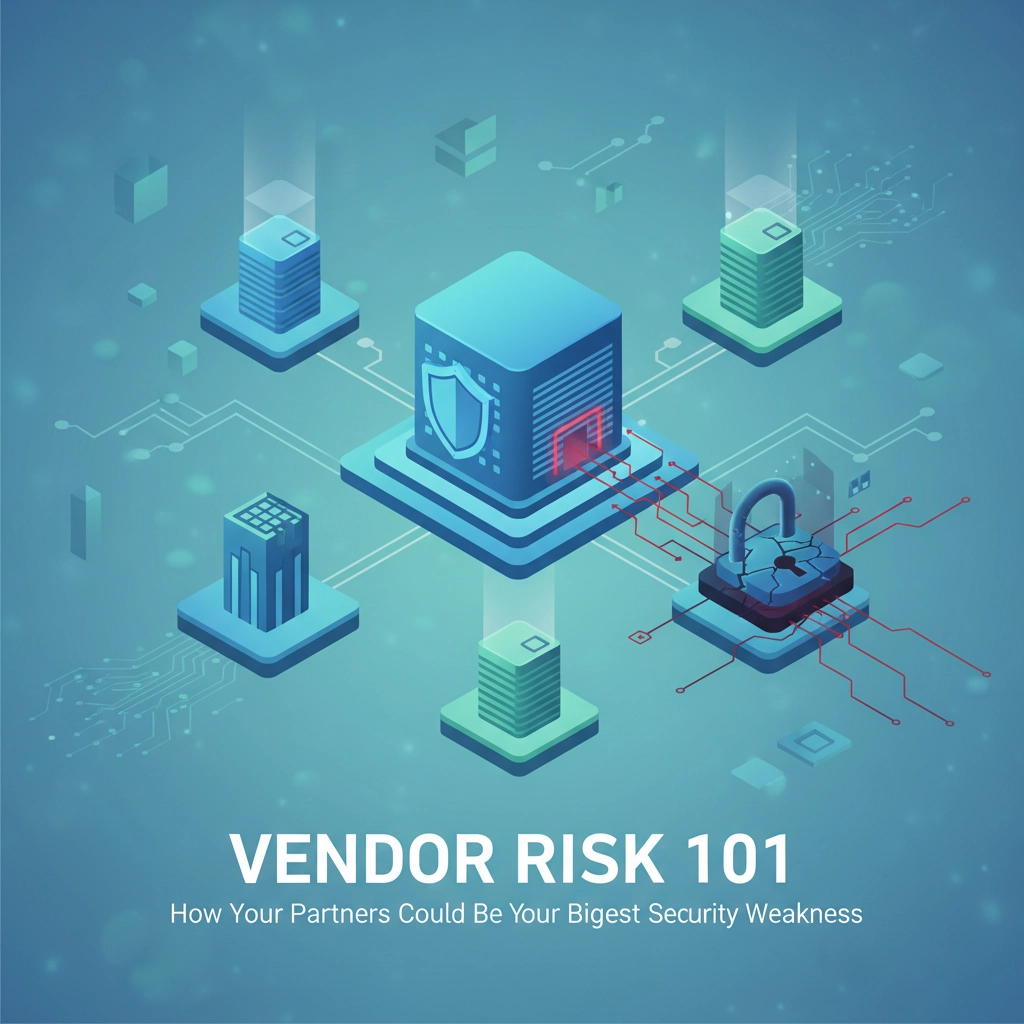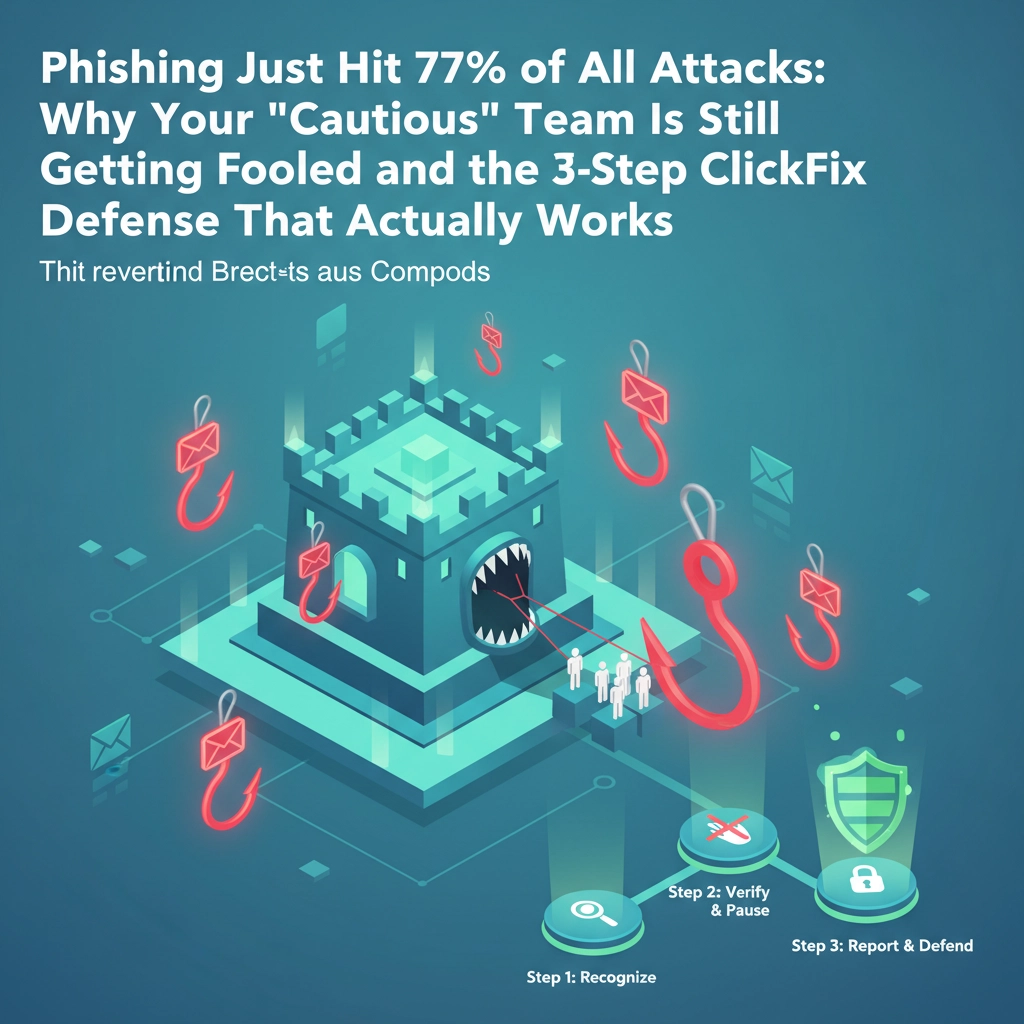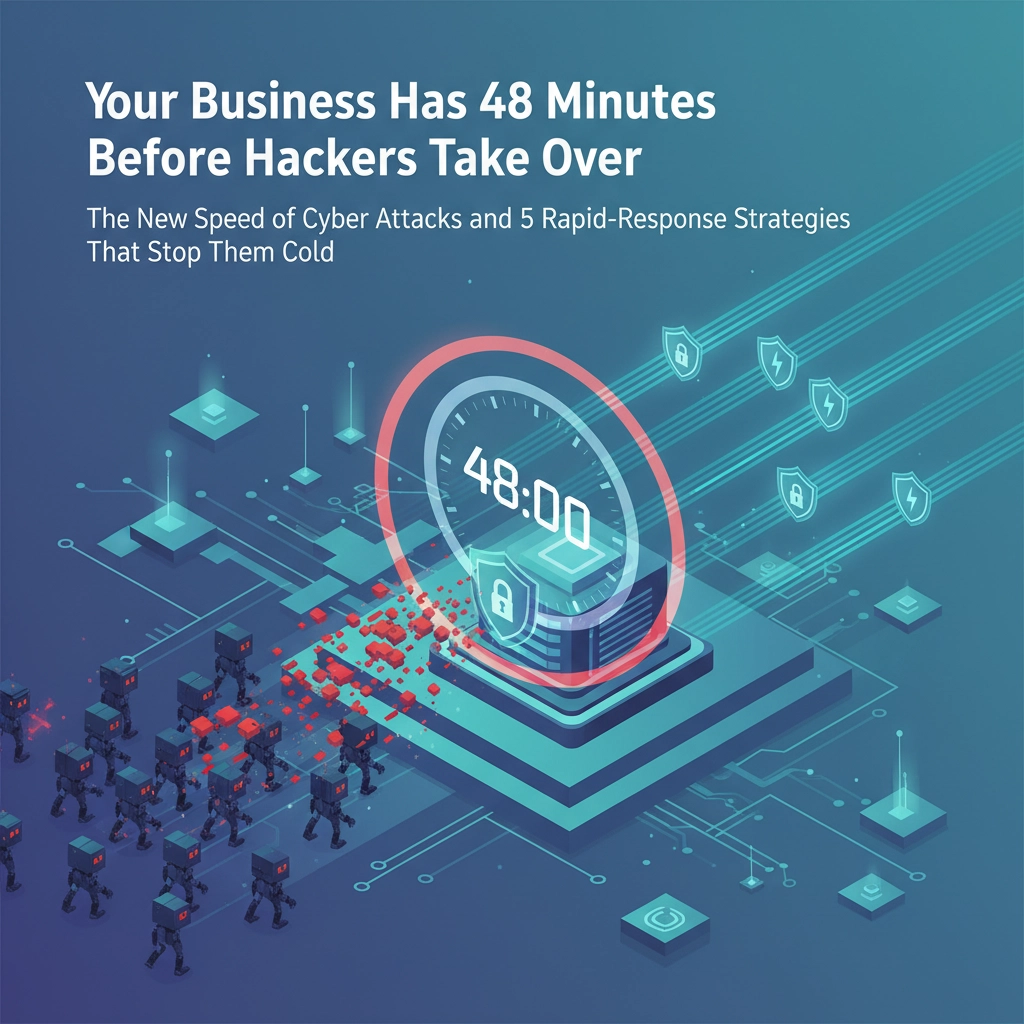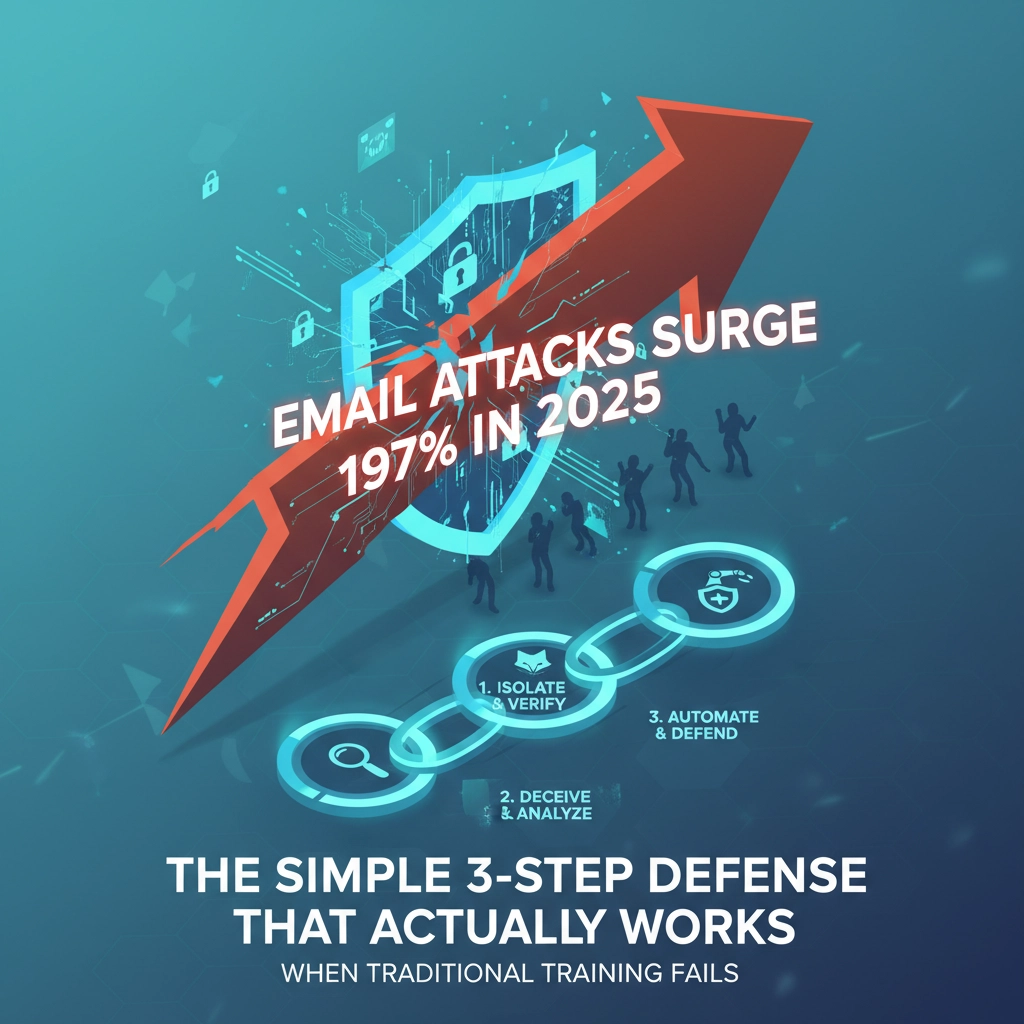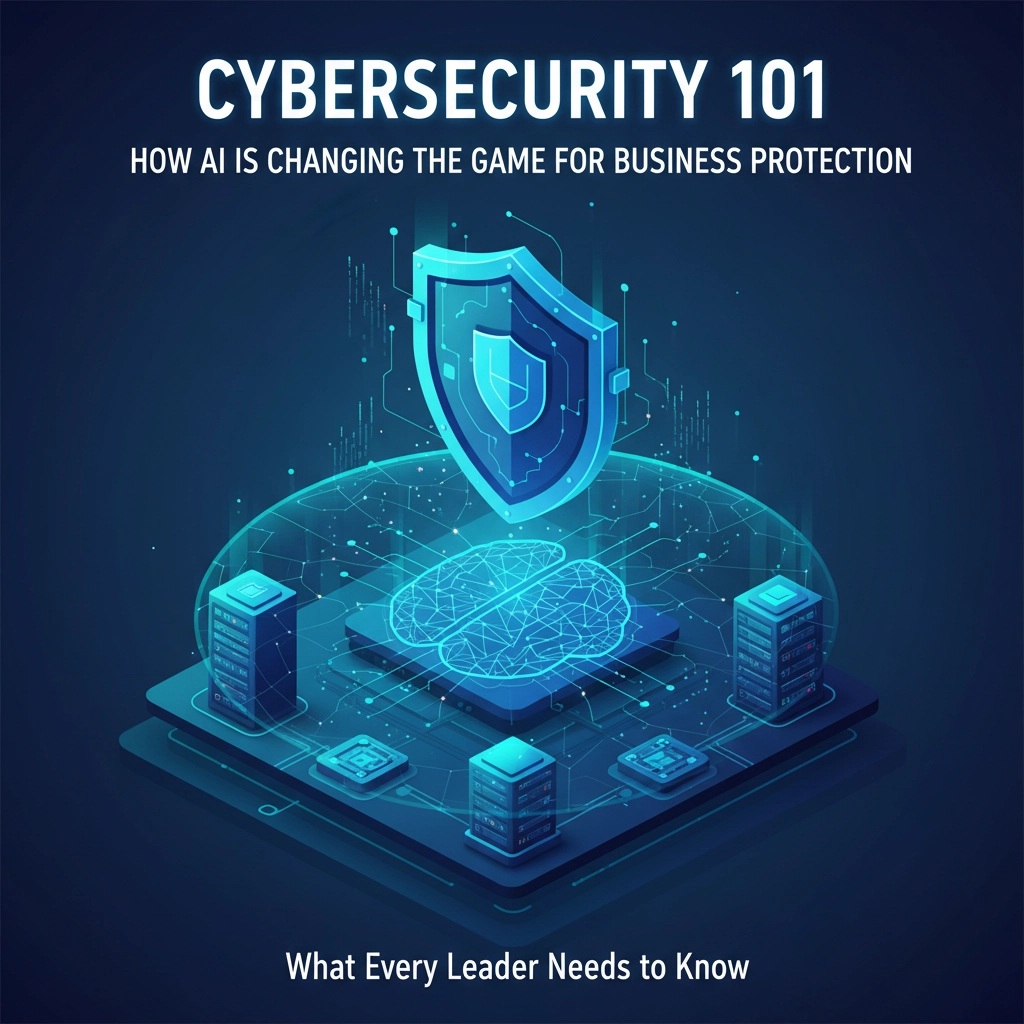Owning a business isn’t just your job—it’s your legacy, your retirement plan, and, for most entrepreneurs, your single biggest asset. In fact, studies show that around 80% of a typical small business owner’s wealth is tied up in their company. That’s a lot of eggs in one basket! But here’s the million-dollar question: Are you protecting your business—or gambling with your future every day?
Let’s talk about why robust cybersecurity should be right up there with paying your taxes, insuring your property, or making payroll. Because hoping “it won’t happen to me” isn’t a strategy—especially when your family’s financial well-being is on the line.
When Your Business Is Your Nest Egg
If you’re like most small business owners, your business isn’t just what pays the bills each month—it’s what you’re counting on when you decide to step back, sell the company, or pass it on. That means attacks on your digital infrastructure aren’t just technical headaches or momentary blips—they’re existential threats.
What if one ransomware attack locked up your customer data? Or a sneaky phishing scam drained your operating account overnight? Would your business bounce back, or would years (sometimes decades) of hard work vanish in a flash?
Your bank, your house, your investments—they’re probably worth less to you, in the long run, than what you’ve built within your company walls (or cloud servers!). That’s why digital security isn’t optional. It’s essential protection—not just for your data, but for your entire net worth.
The Real-Life Risks: Why the Stakes Are Higher Than Ever
If “cyberthreats” sound a little abstract, consider these everyday scenarios that play out for small business owners every single day across the country:
- An employee gets an email that looks exactly like it came from you, the boss. It’s actually a hacker, and that one click opens a door for malware.
- An “IT support” call tricks your staff into handing over remote access—next thing you know, your files are encrypted, and there’s a ransom on the table.
- Your business relies on a key vendor who suffers a data breach, and now your customer info is for sale on the dark web.
This isn’t just headline news for giant corporations. Last year, over 60% of small businesses experienced some kind of cyber incident. Some recovered—with scars. Many didn’t.
Want to read about the wildest scams? Check out: The Great Tech Support Heist: Outrageous “Help Desk” Scams Businesses Fell For (So You Don’t Have To)
Don’t Put All Your Eggs in the Cyber-Basket
Even if you’re a pro at juggling risk, if 80% of your money is locked into one business, all the classic rules of diversification fly out the window. What’s your backup plan if cybercriminals strike?
A few common sense steps can put the odds back in your favor:
1. Protect Personal and Business Assets (Keep Them Separate!)
Make sure you’ve got your business legally separated from your personal finances. Set up and maintain that LLC or corporation like it matters—because the legal structure is your shield when things go sideways.
2. Lock Down Cybersecurity Basics
Update software. Get serious about passwords and use multi-factor authentication. Train your employees. Need a practical checklist? Try our guide: Cyber Hygiene Checklists: Simple Steps for Businesses to Stay Secure in 2025.
3. Insure Against the Unthinkable
Cyber insurance isn’t a luxury anymore—especially when your entire net worth is at stake. The right policy can mean the difference between a bump in the road and bankruptcy. Here’s how to avoid the classic pitfalls: Cyber Insurance in 2025: Are You Really Covered?
4. Segregate Valuable Assets
If you own your building, your business vehicles, or valuable equipment, consider holding them in separate entities. That way, if one piece gets attacked, it doesn’t all come crumbling down.
5. Don’t Sleep on Employee Training
Your team is your first line of defense—and sometimes your Achilles’ heel. Ongoing, real-world training doesn’t have to be boring. (Here’s why it matters: Why Regular Cybersecurity Training is Your Secret Weapon Against Breaches)
Procrastination Is Risky Business
I get it. Business owners are busy. Security can feel overwhelming, techy, or expensive. But here’s the truth: Doing nothing is the real gamble.
The longer you wait, the more at-risk you are. Cybercriminals don’t care how small your business is or how “nice” your team might be. They care that you’re vulnerable.
And remember—while you can buy new computers, you can’t magically replace years of business reputation, customer trust, or the bulk of your wealth if disaster strikes.
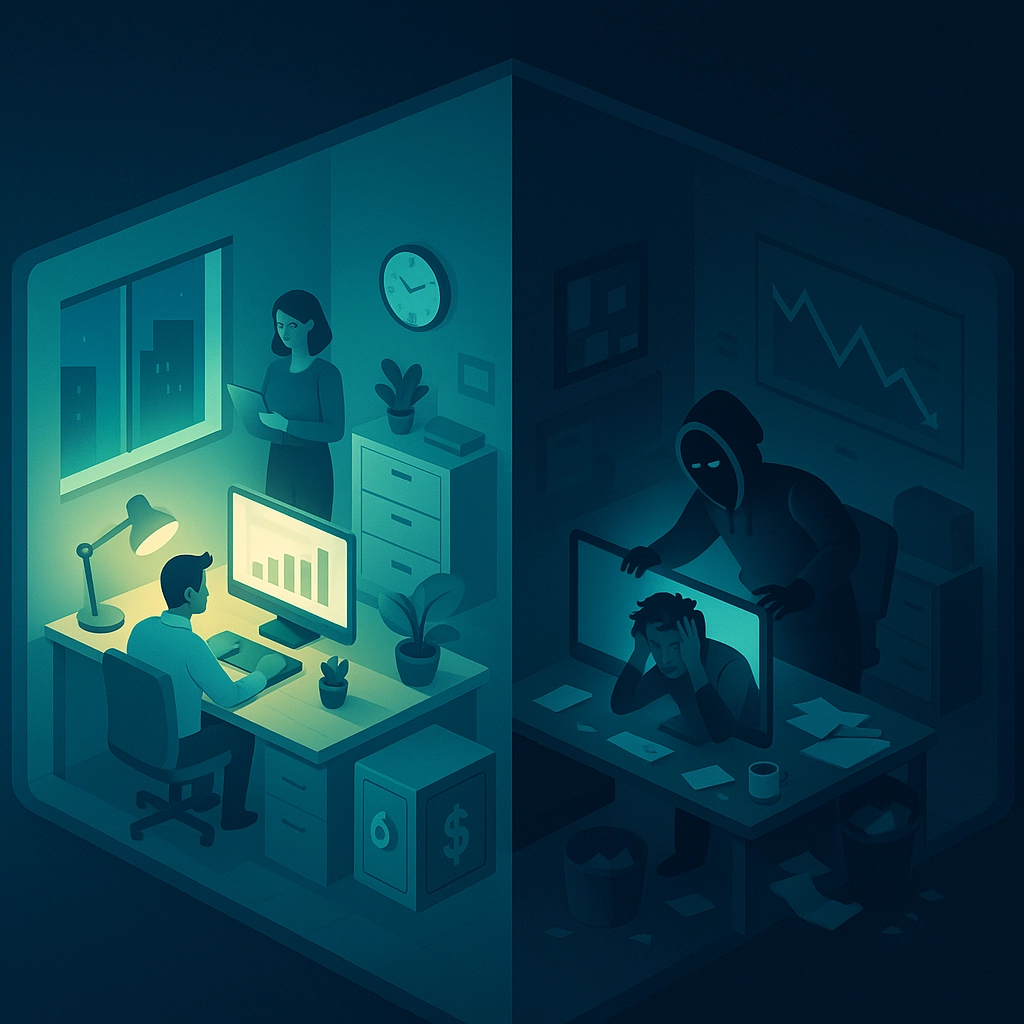
Where to Start (Don’t Go It Alone!)
Here’s the good news: You don’t have to become an IT expert overnight. But you do need a plan—a specific, proactive approach to protecting your business, your money, and your future.
- Review your current cybersecurity measures
- Talk to a trusted IT security professional (hint: B&R Computers is here for you)
- Make a checklist and start ticking boxes this month, not next year
- Communicate your commitment to security with your full team—it’s a legacy-defining leadership move
If you want more specifics or a guide tailored for your setup, grab a cyber risk consultation with us at B&R Computers. No jargon, no hard sell—just honest advice and action steps.
You Don’t Have to Gamble with Your Legacy
Your business isn’t just numbers on a balance sheet—it’s your family’s future, your retirement, and probably your proudest achievement. So why risk it all by leaving cybersecurity to chance?
Let’s make sure you’re protecting that 80%—and not just rolling the dice. Whether you want a free risk assessment, advice on cyber insurance, or a complete digital security overhaul, the team at B&R Computers is here to help you outsmart tomorrow’s threats, today.
Ready to protect what matters most? Contact B&R Computers now and let’s lock down your business legacy—for good.
